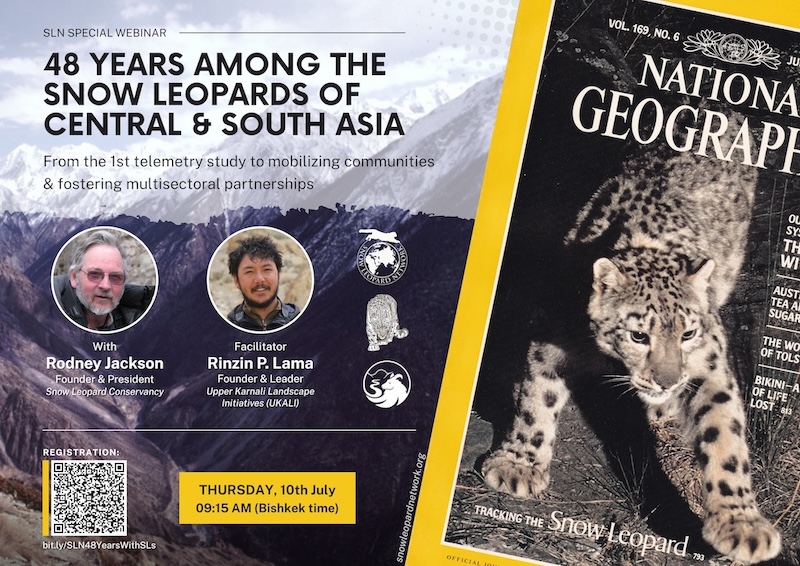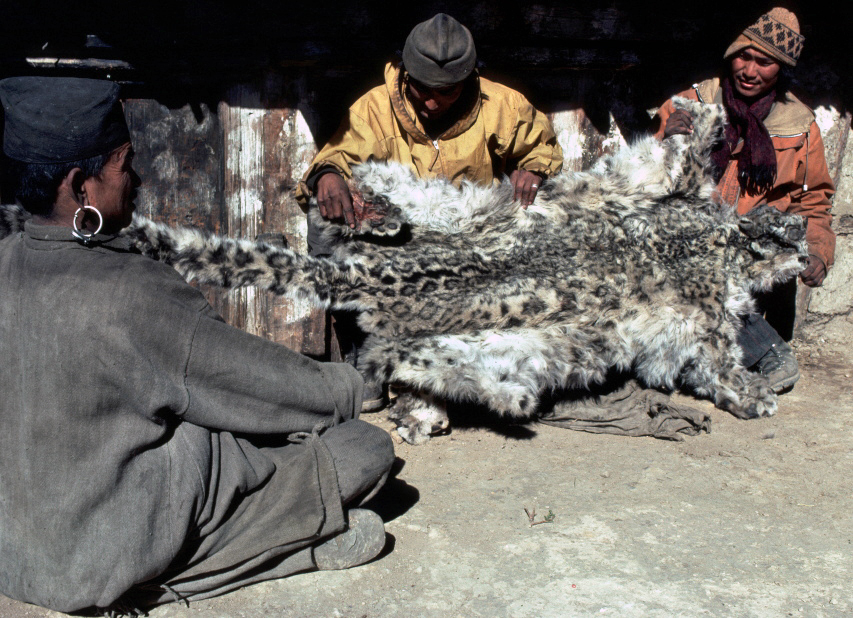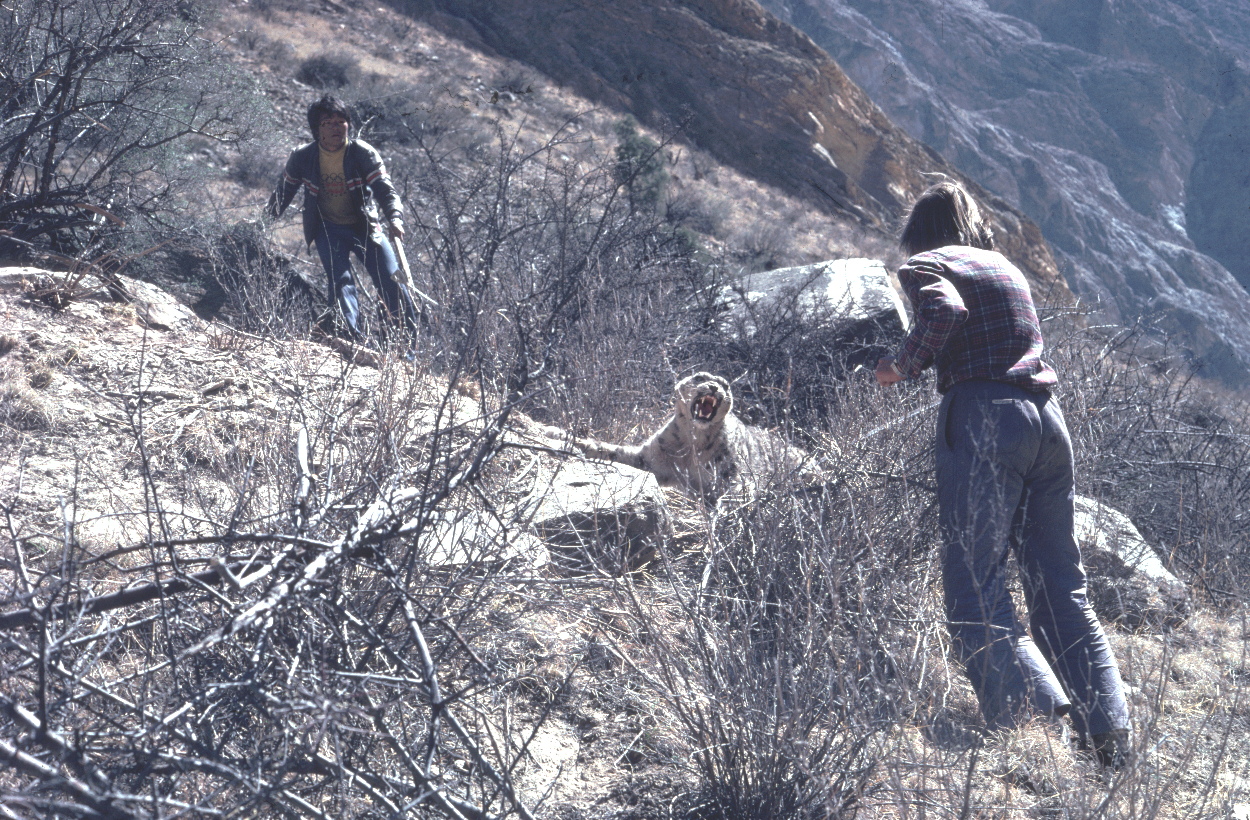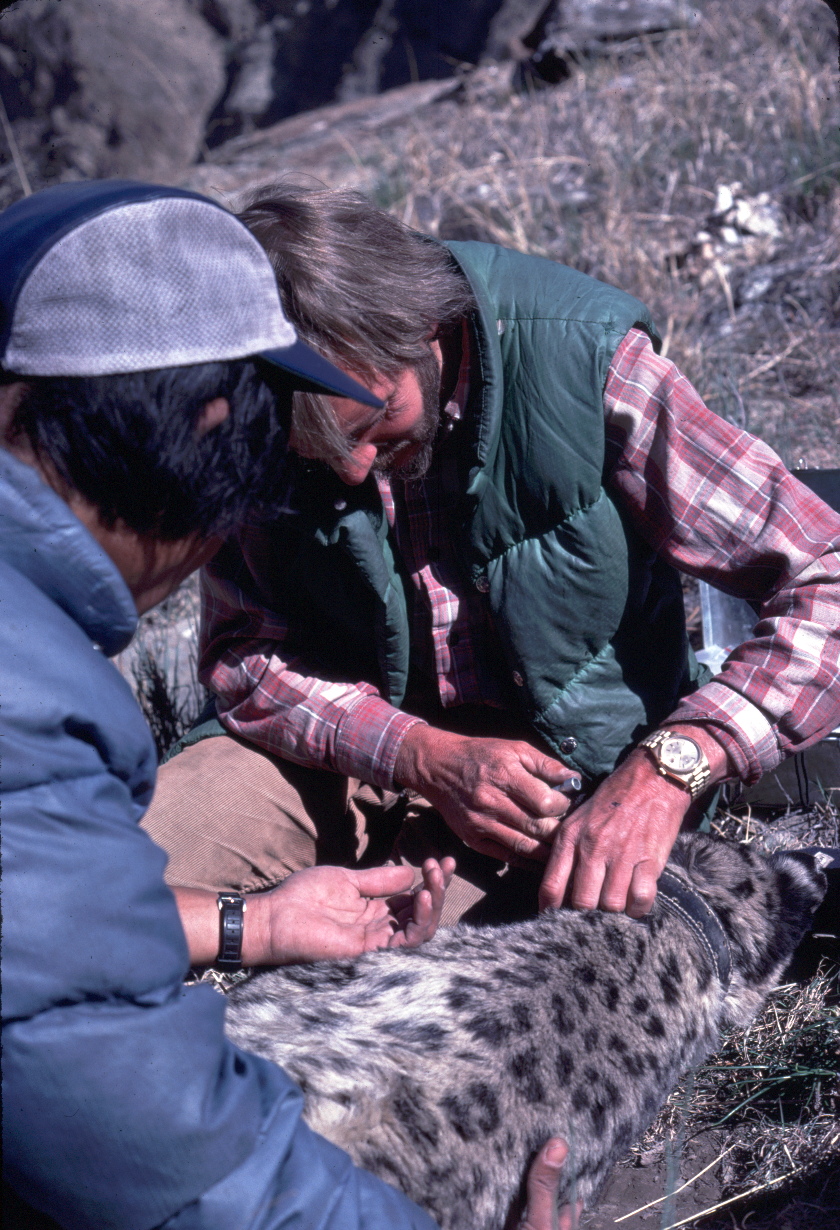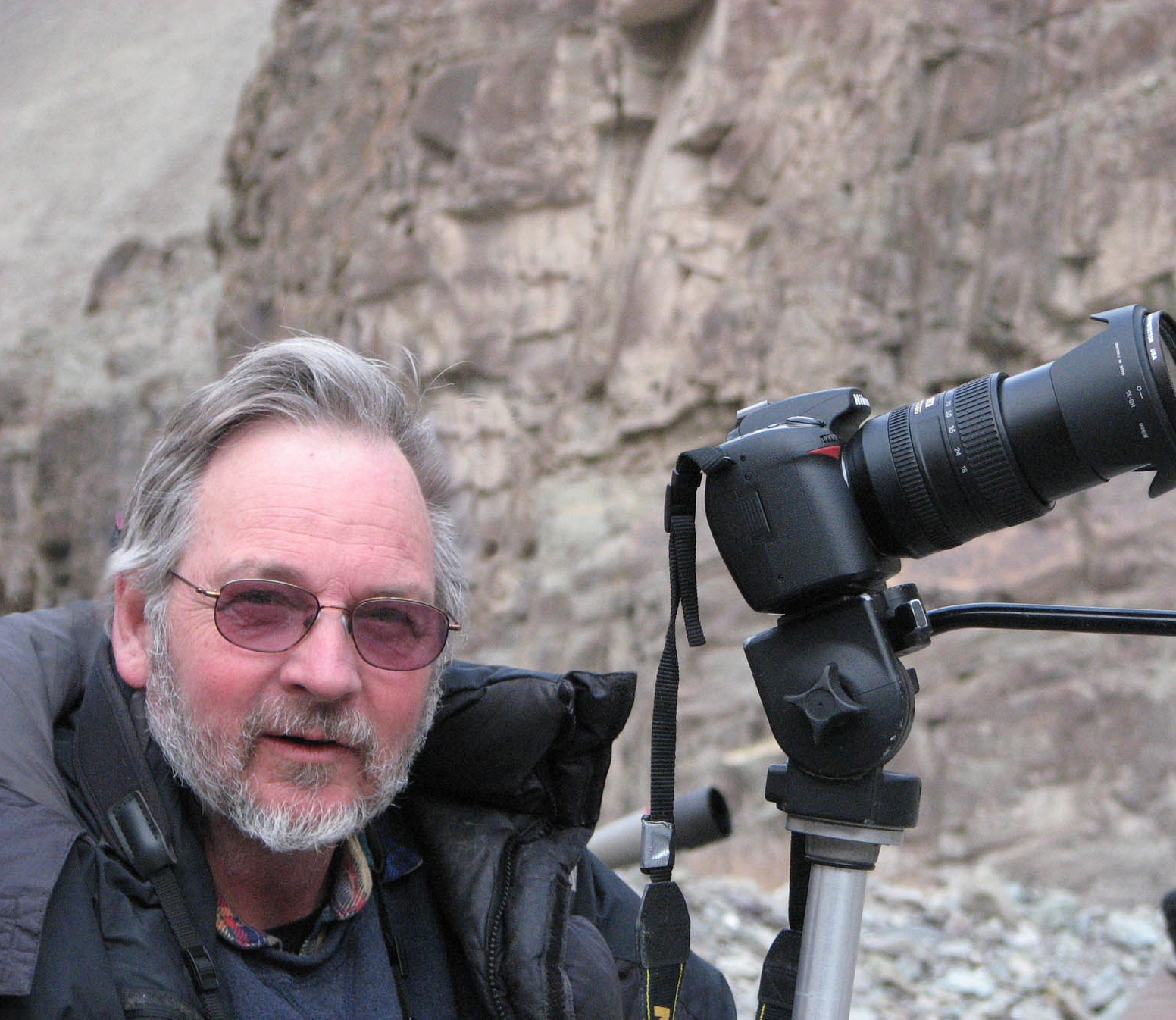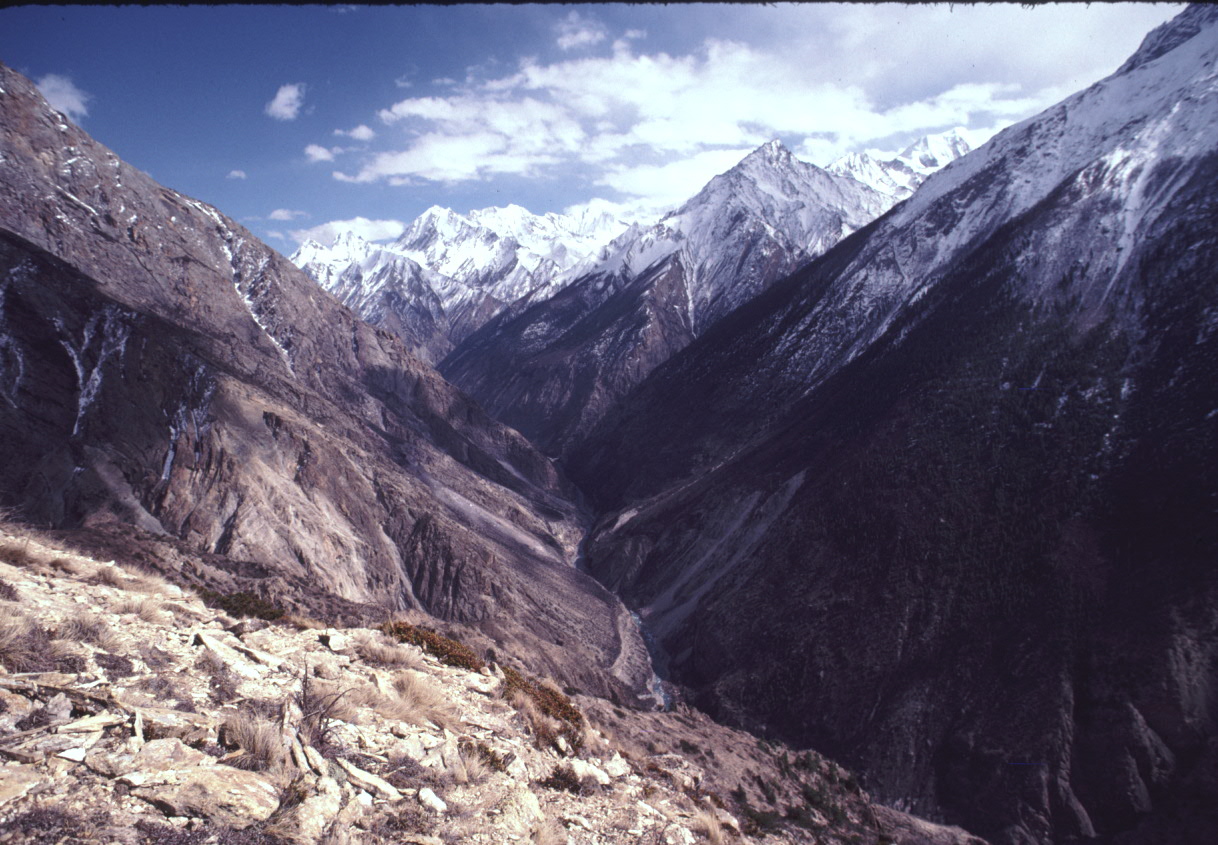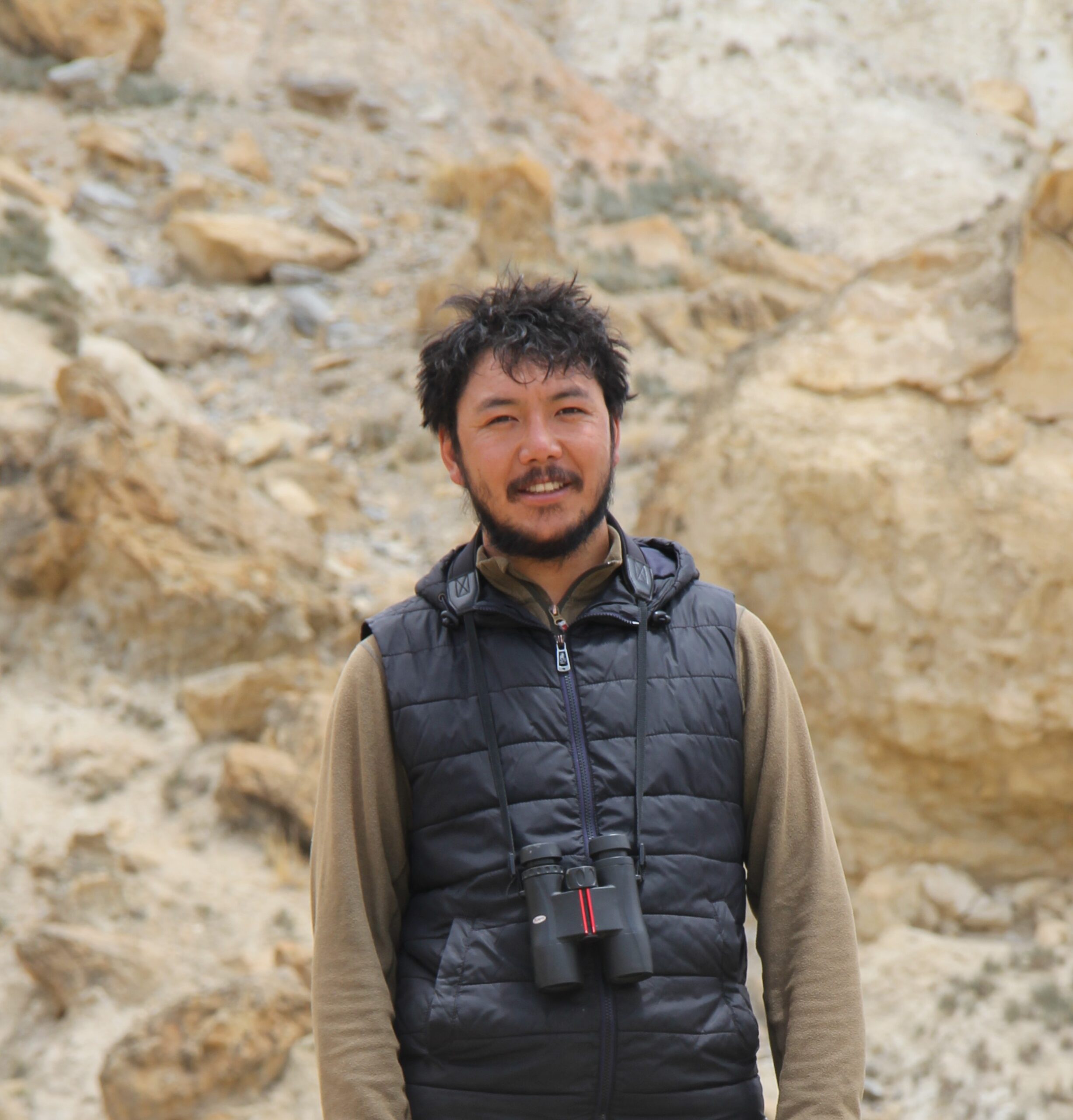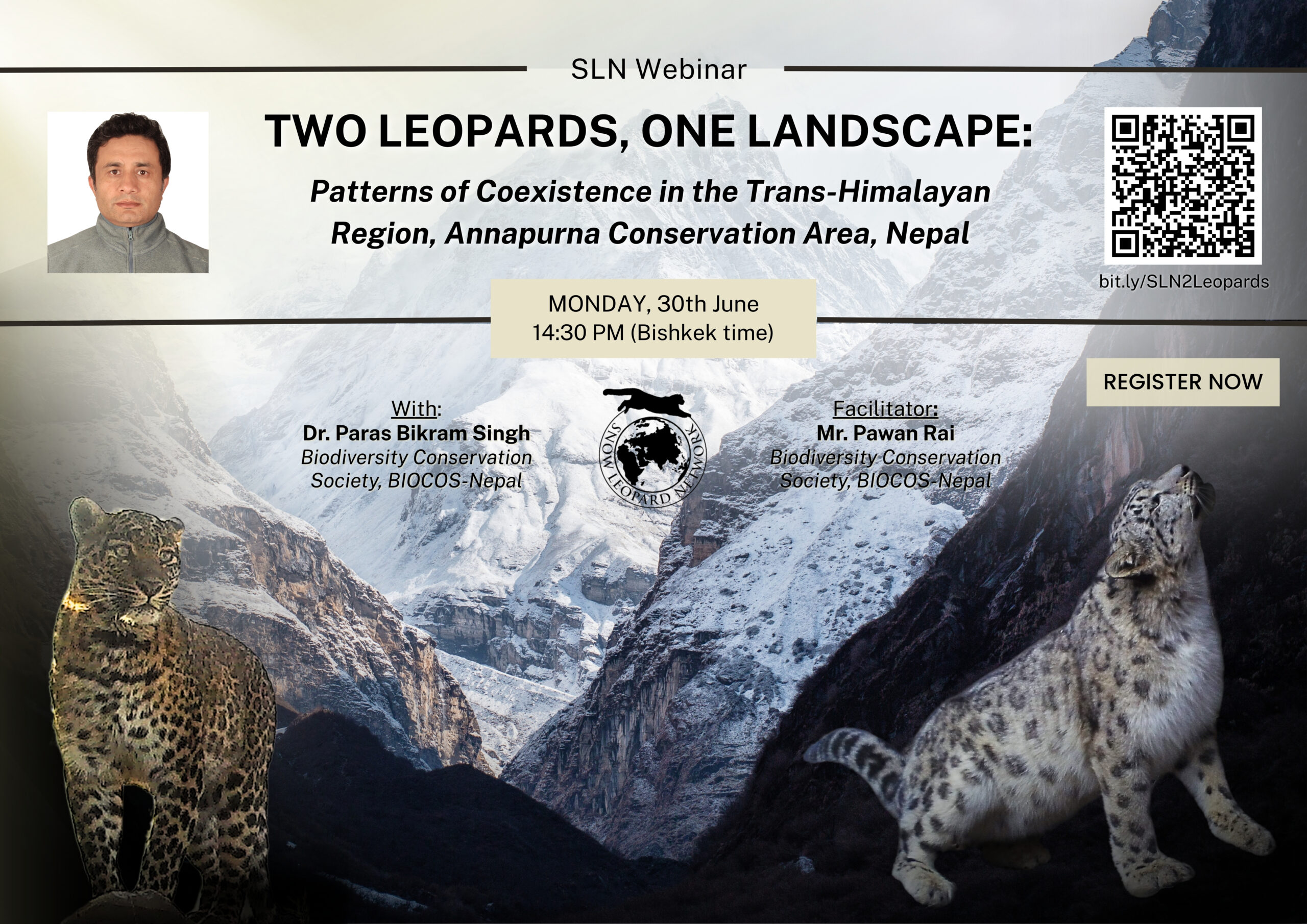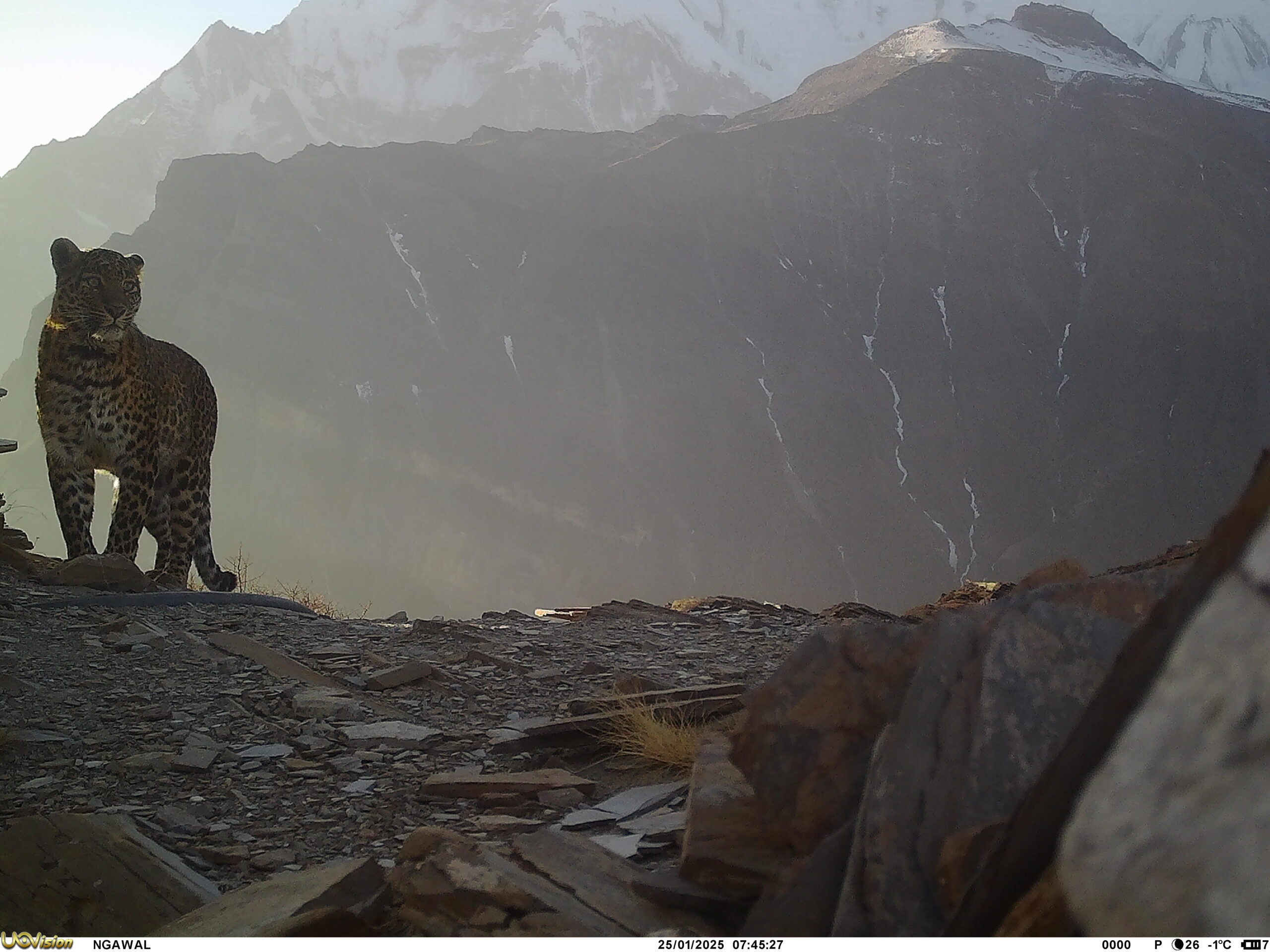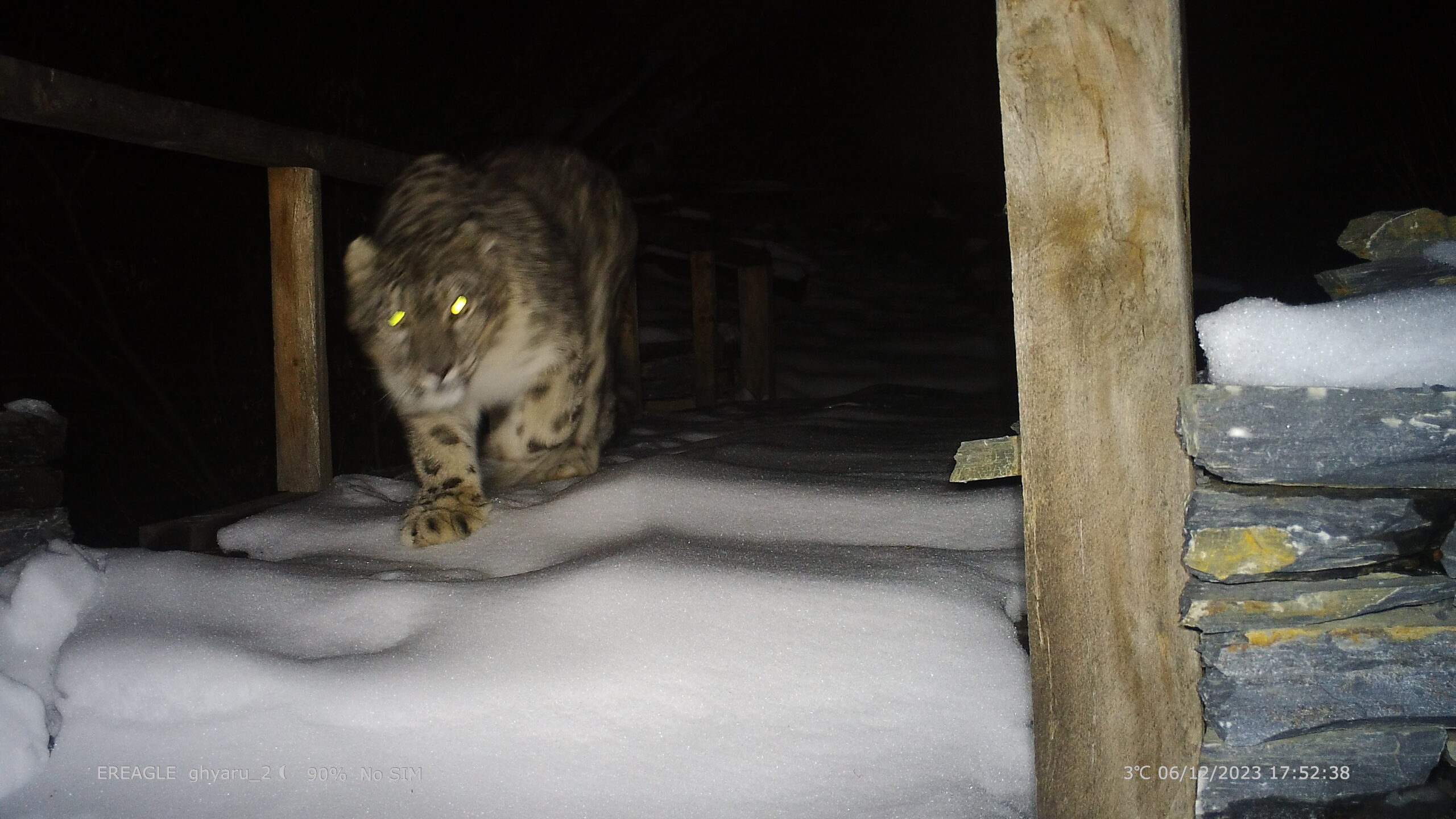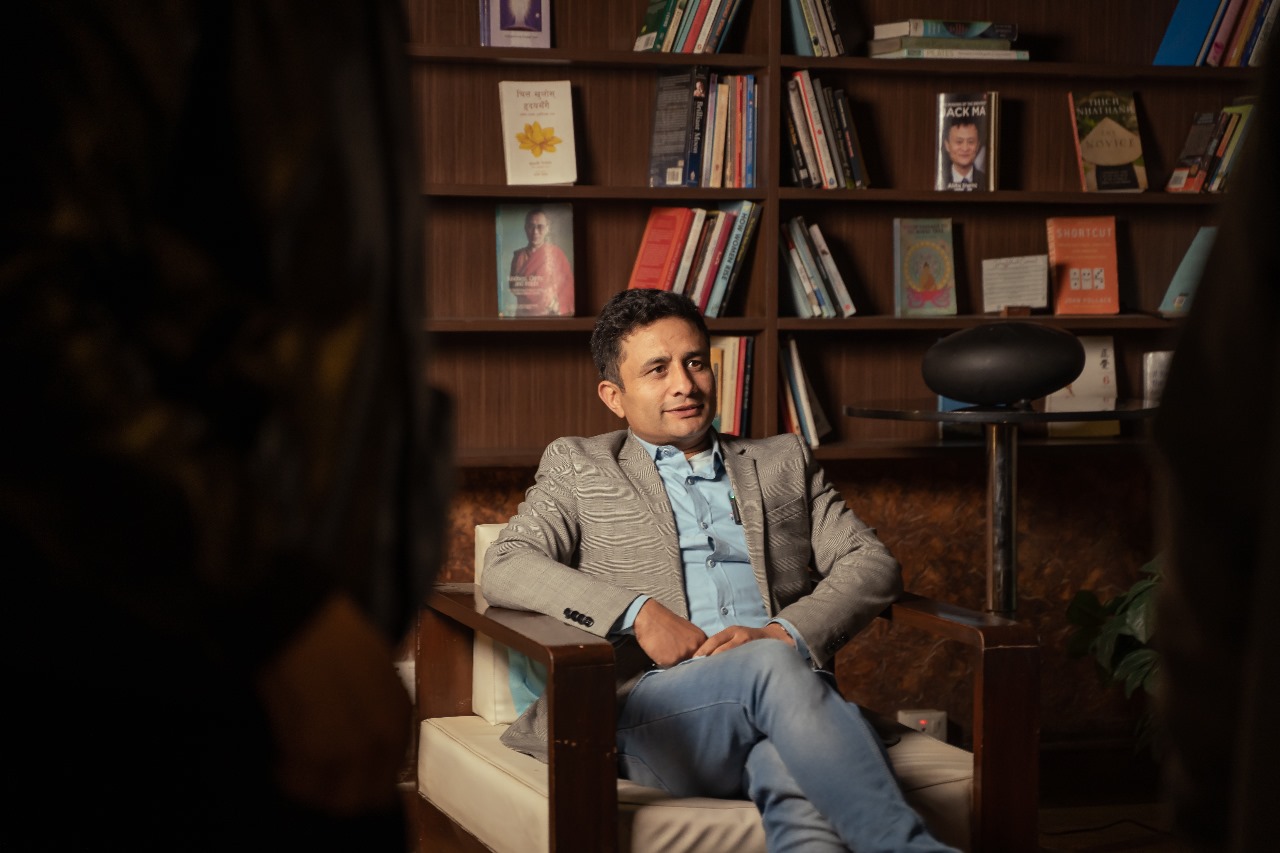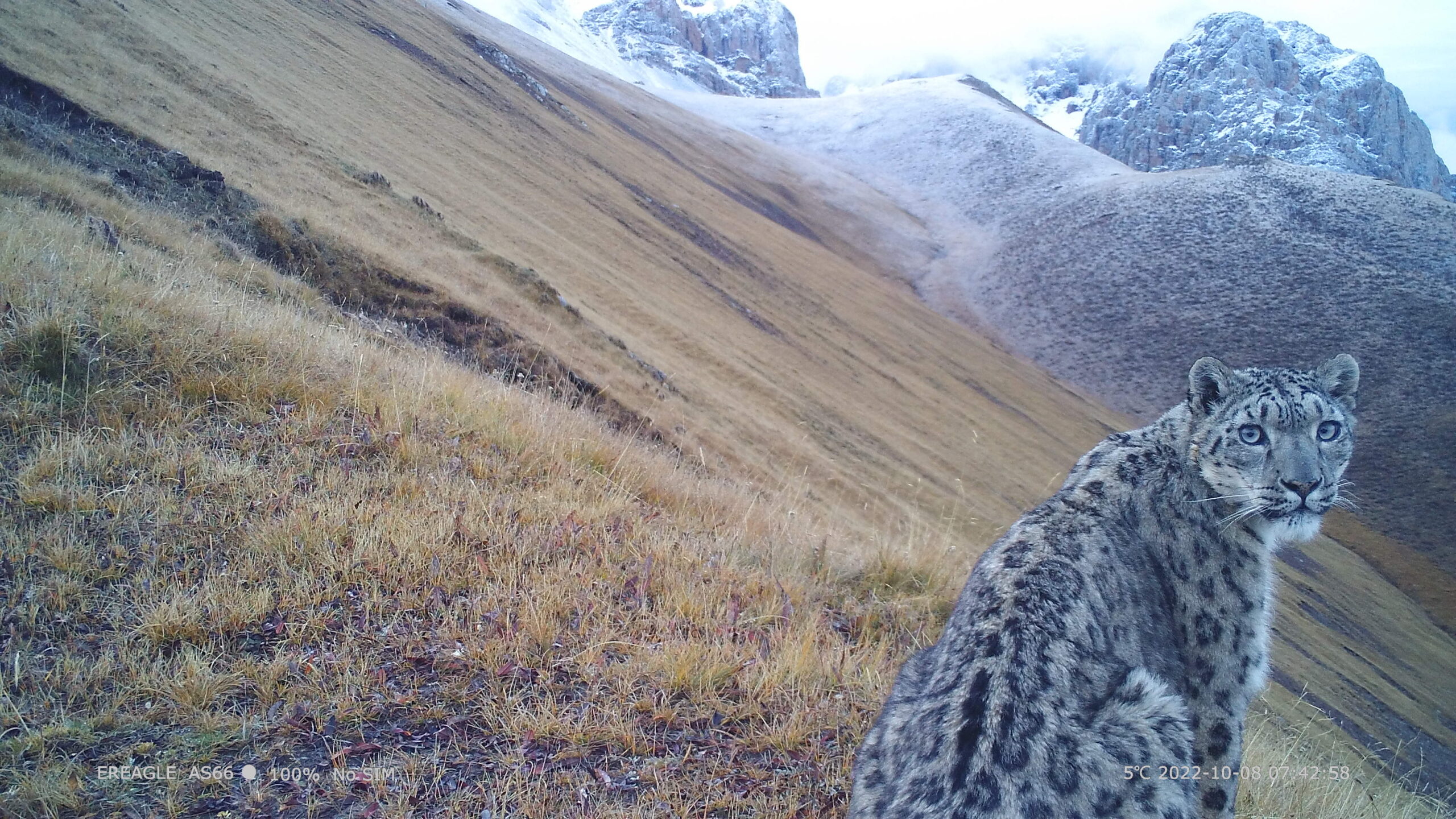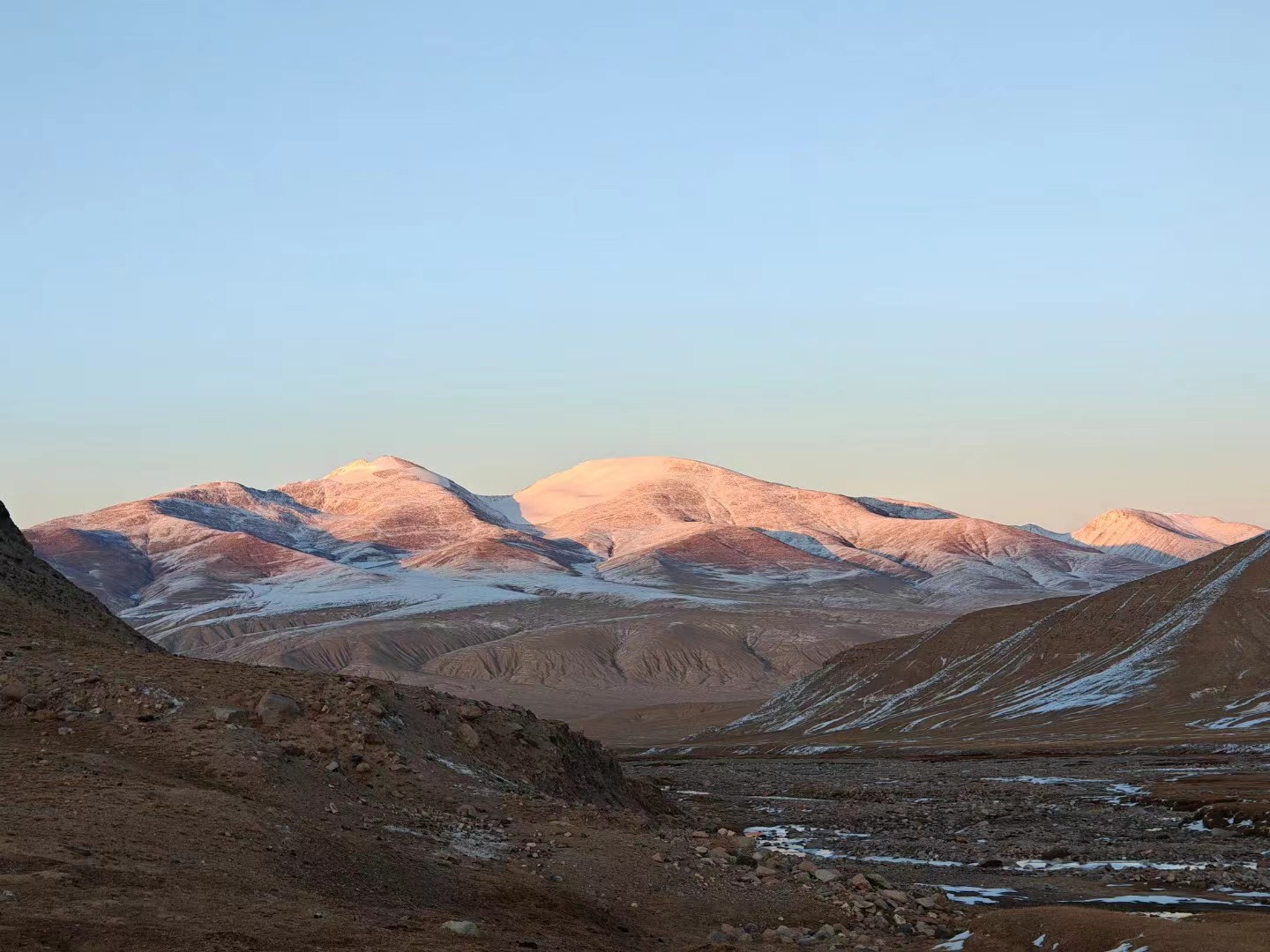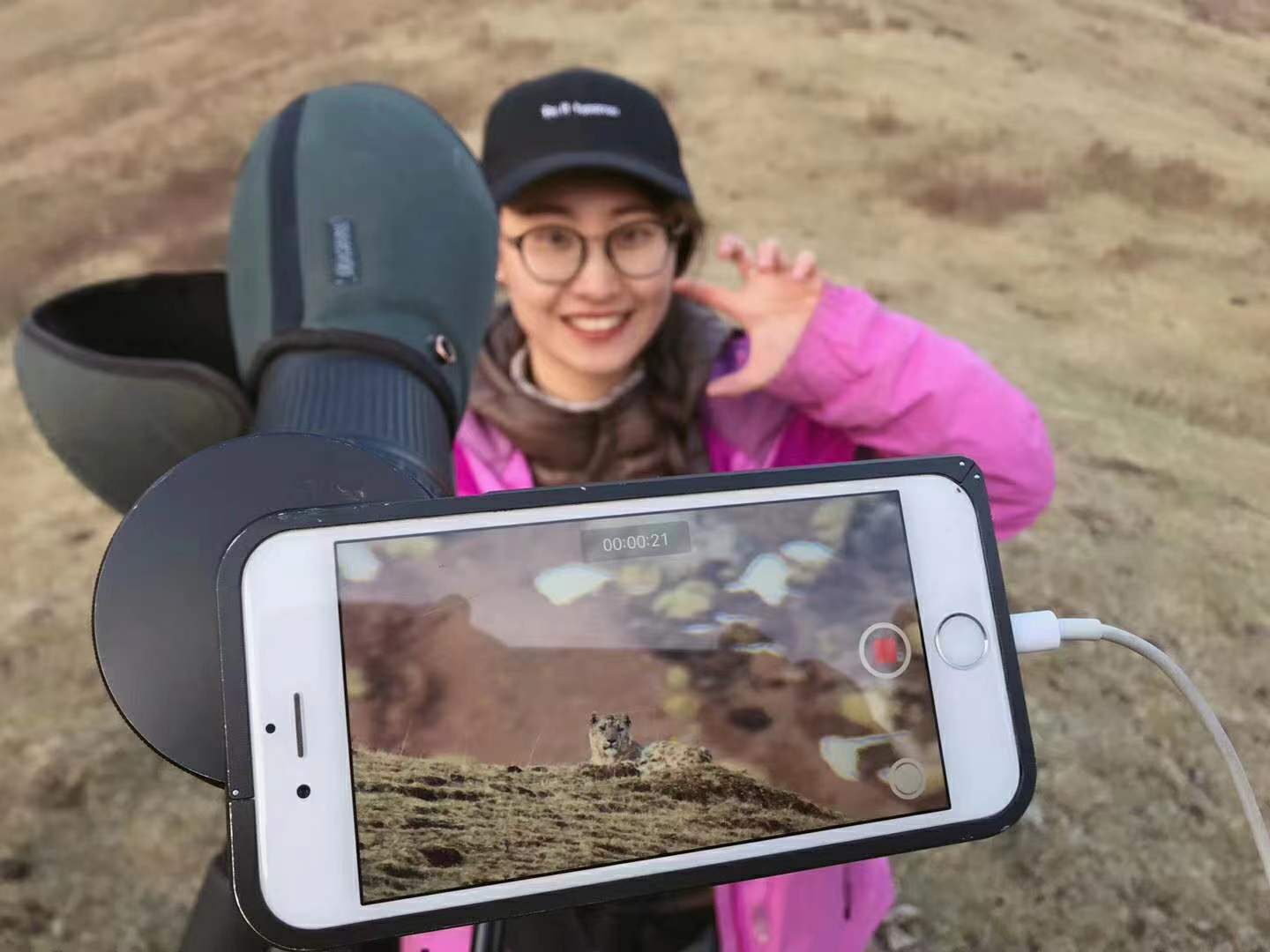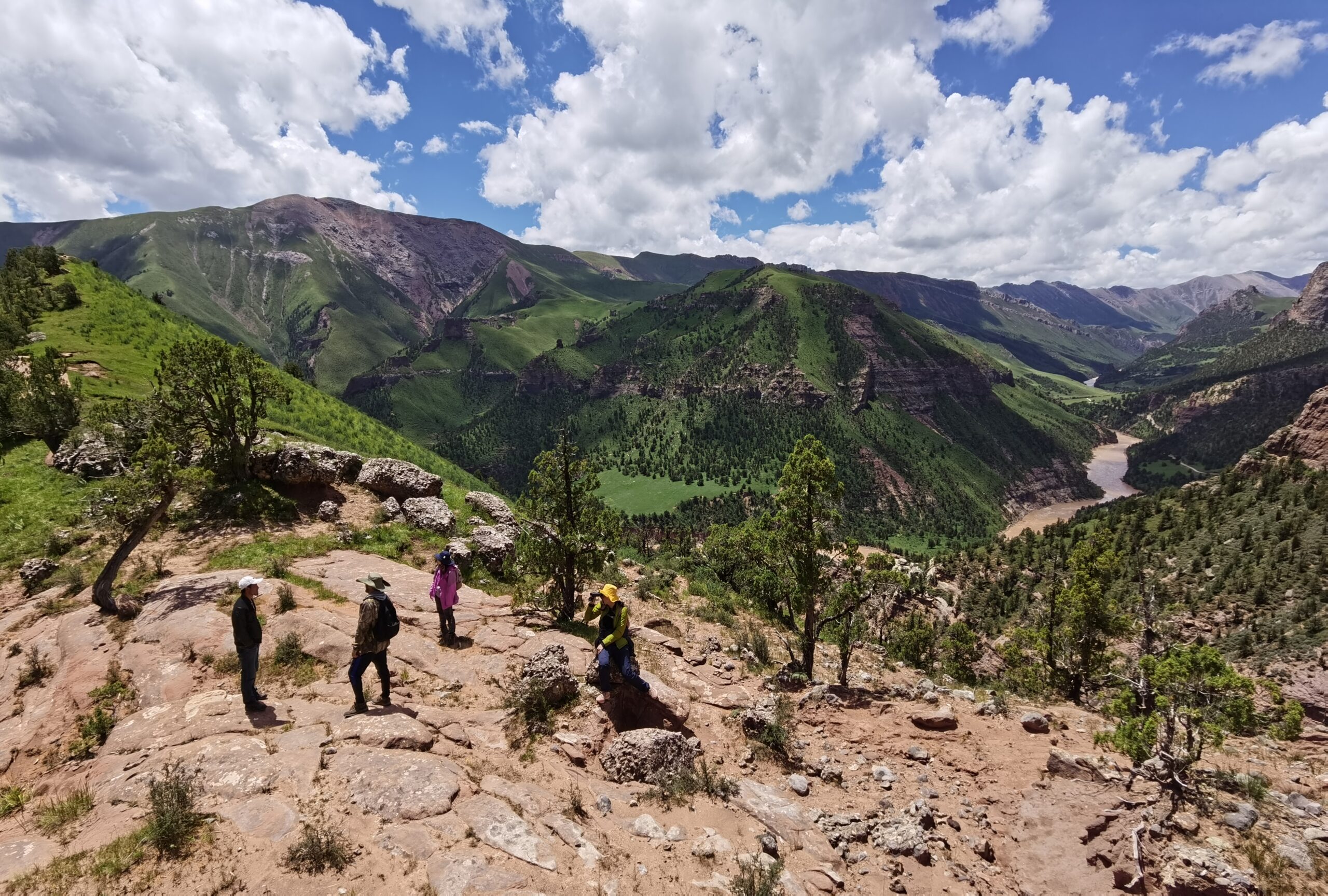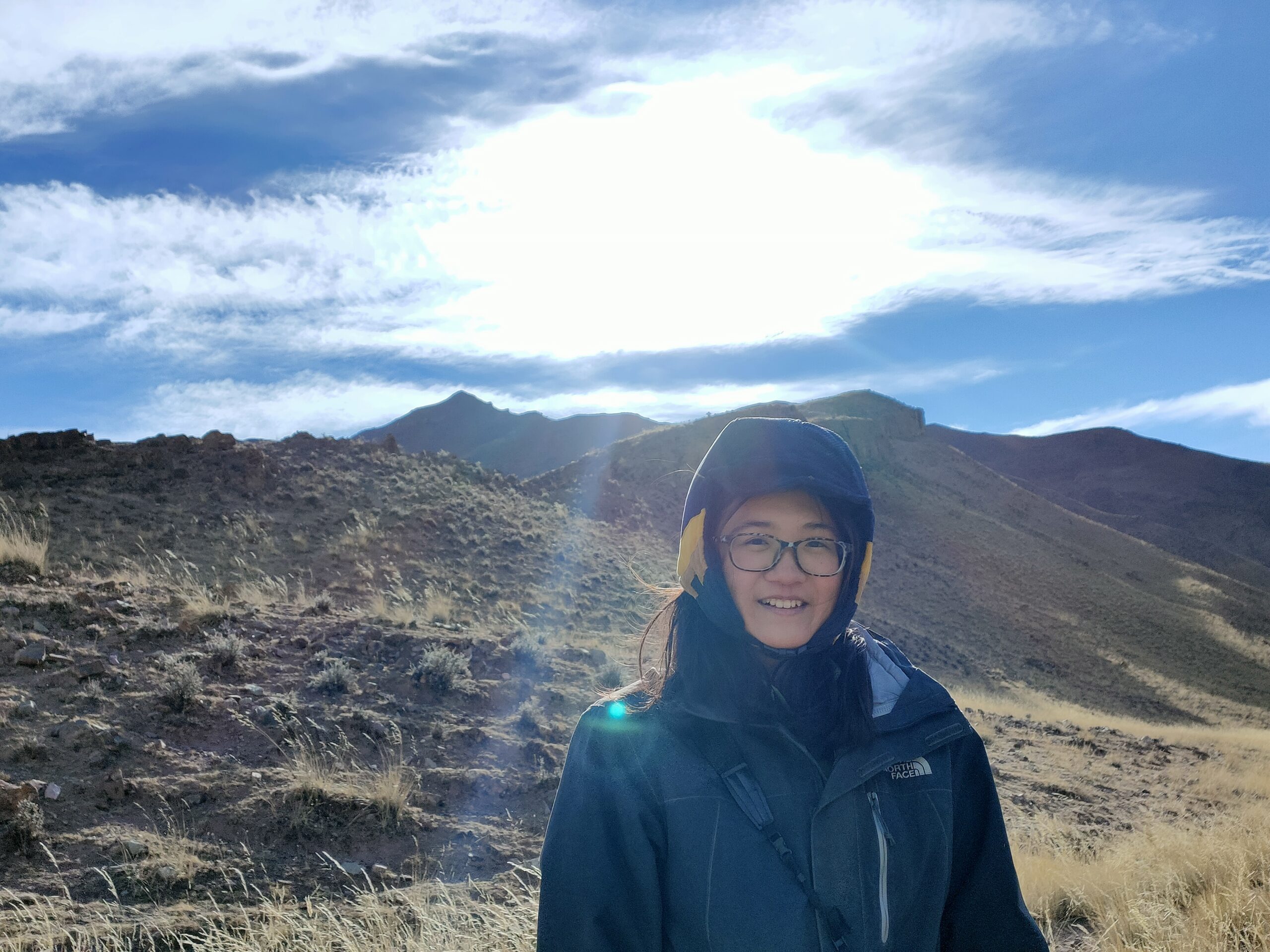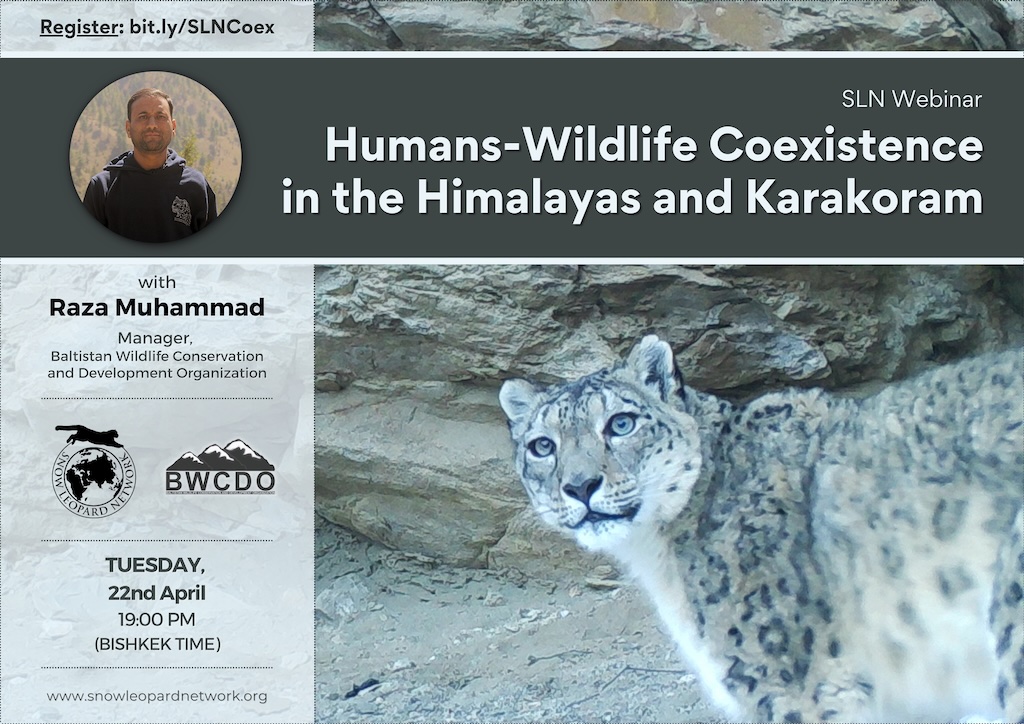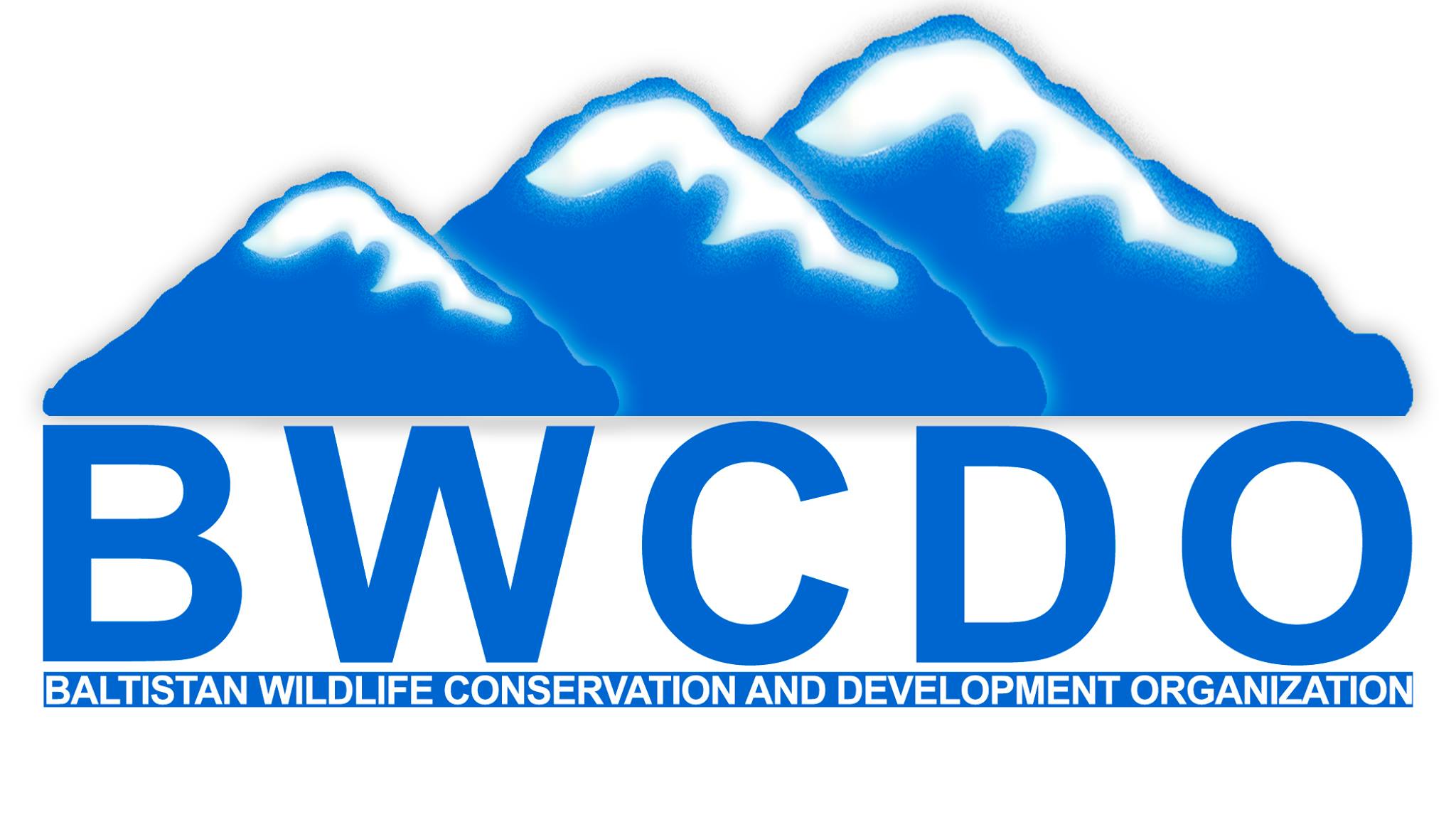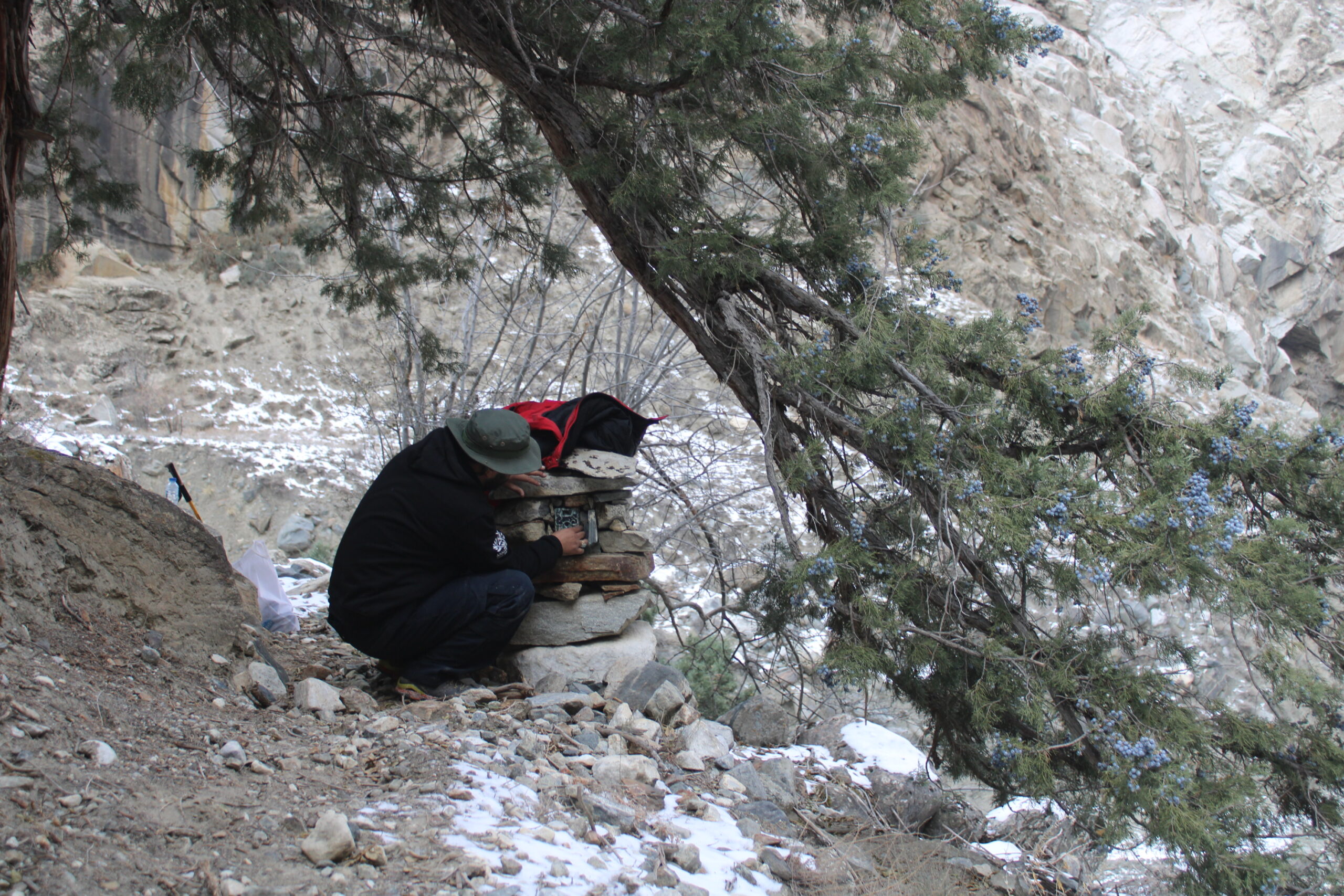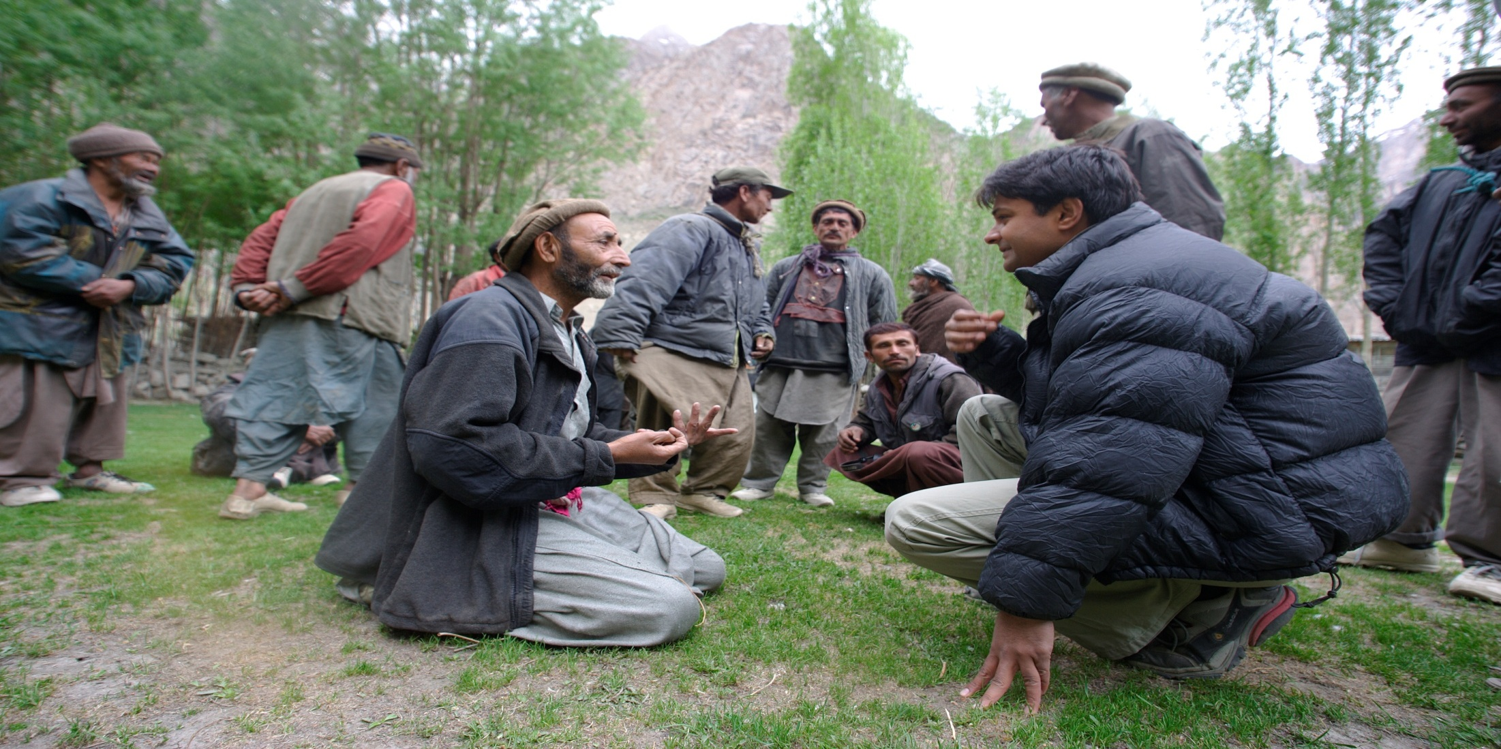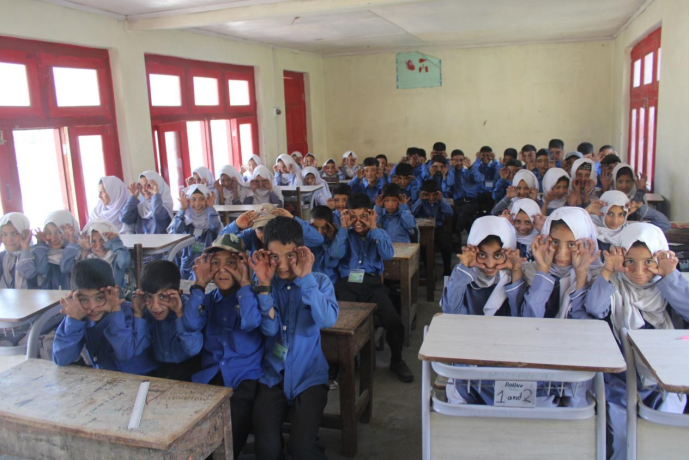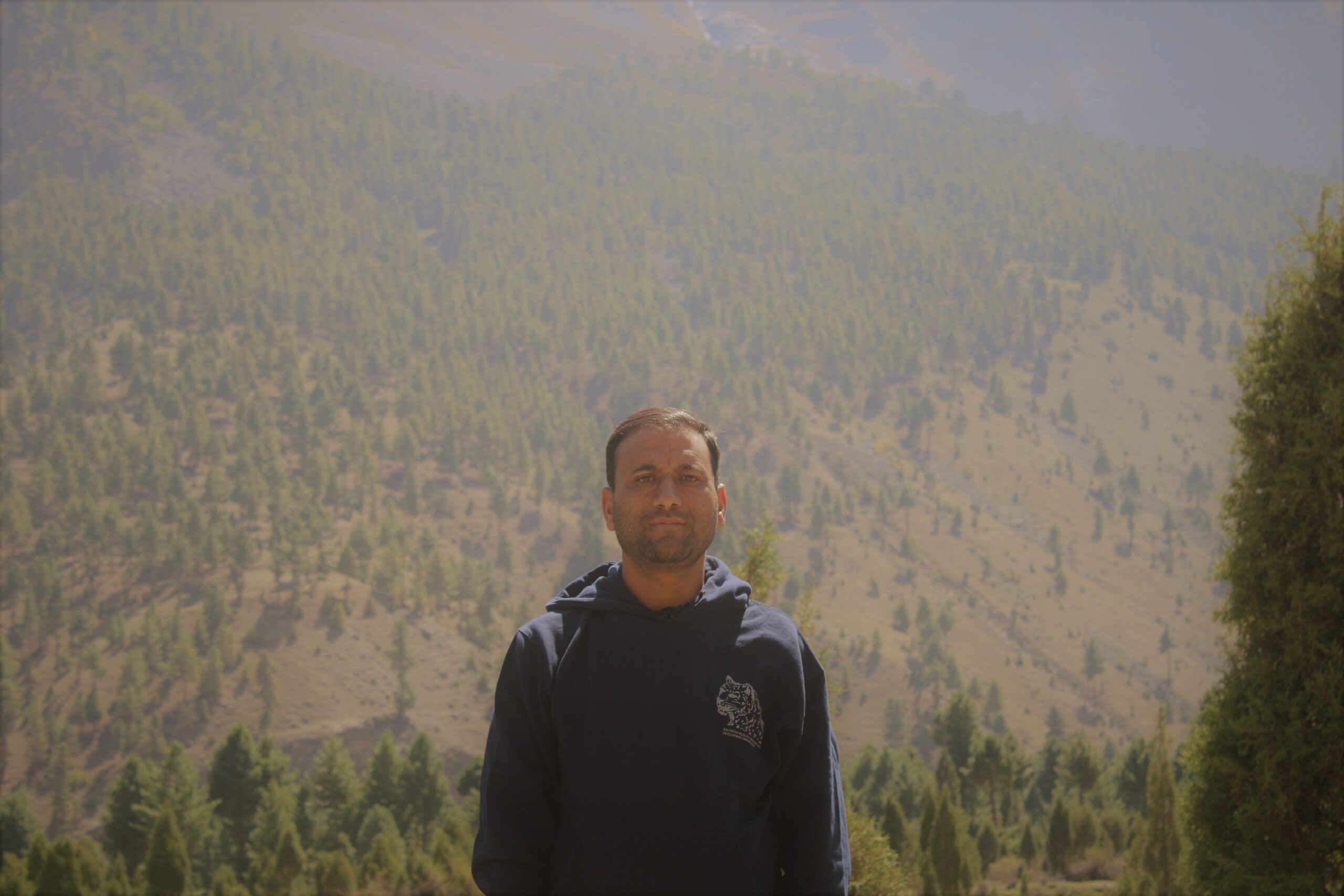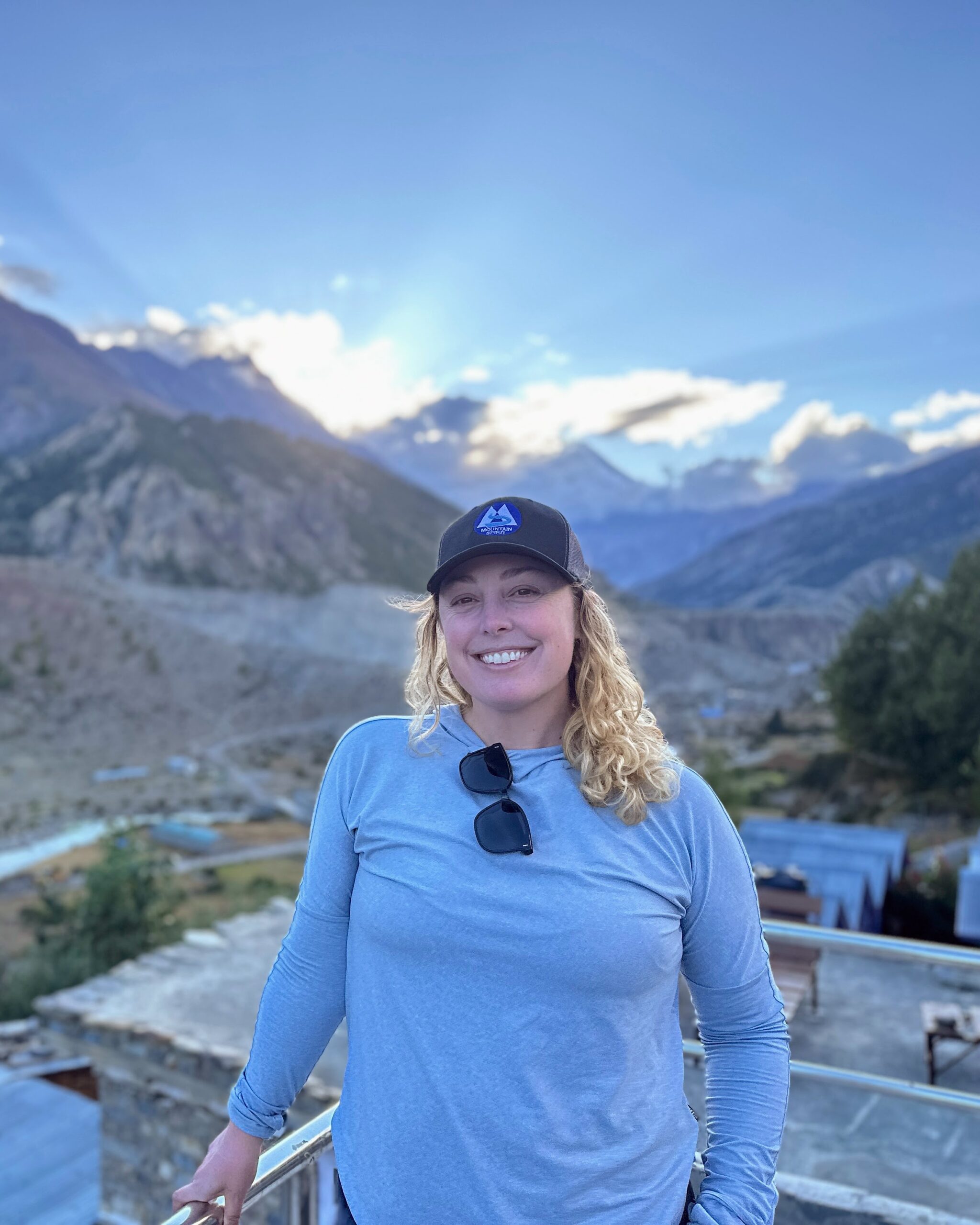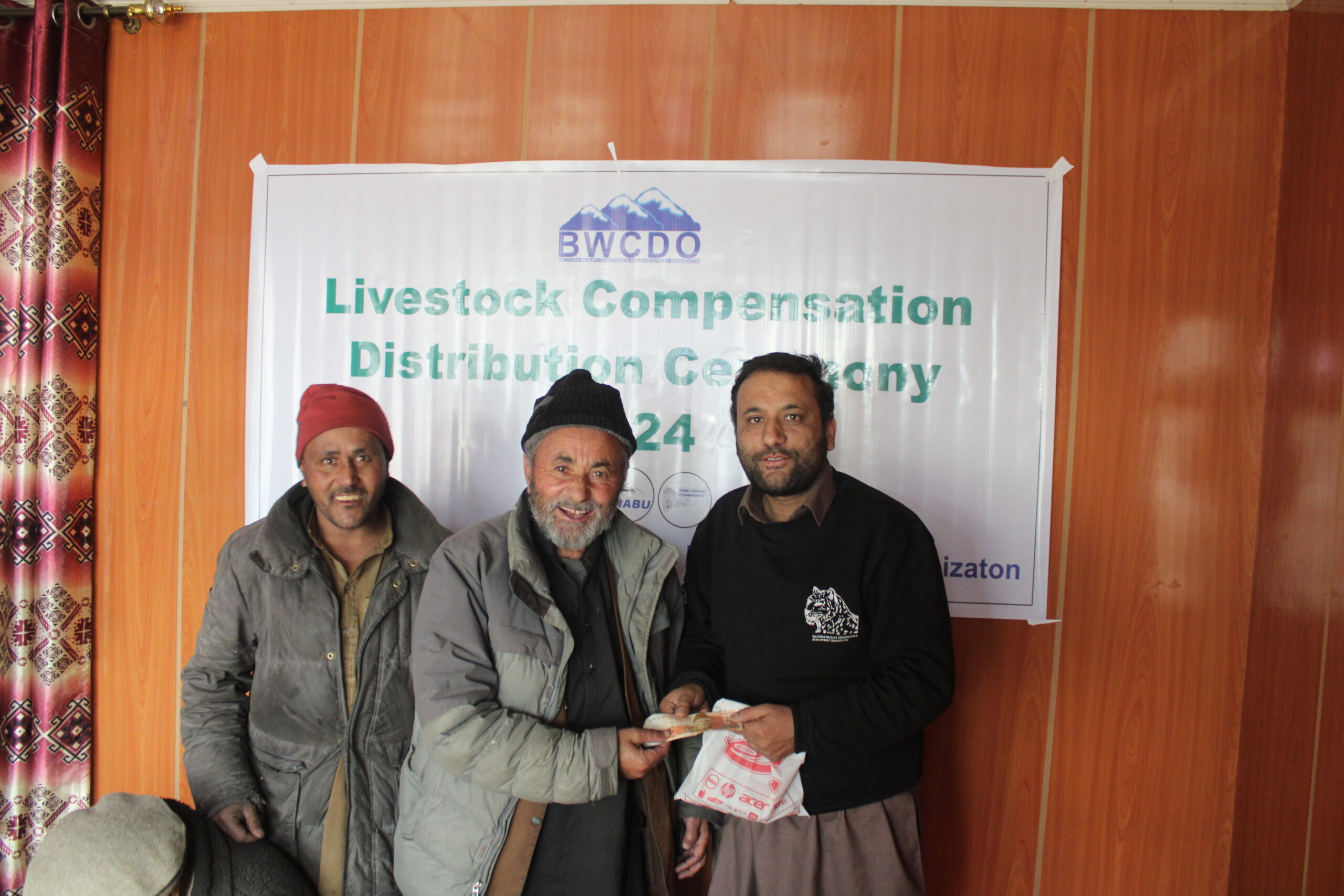SLN invites you to join us for our next webinar about – EUROLYNX – A Collaborative science for studying Eurasian lynx ecology at the range of its distribution.
About the Talk:
EUROLYNX is an open, collaborative network using a shared spatial database to study Eurasian lynx ecology across Europe, examining responses to habitat, human impact, prey availability, and livestock practices. Founded in 2018, it includes 54 research groups from 22 countries. The consortium has compiled extensive data, including telemetry from 803 lynx, prey records, camera-trap images, and roadkill incidents, and has published seven high-impact papers with more in progress. Key achievements include identifying general drivers of habitat selection and producing a Europe-wide habitat quality map to support conservation planning. Additional research covers lynx survival, reproduction, dispersal, predation, activity, and standardized monitoring methods such as camera traps and AI-based identification. EUROLYNX also collaborates with experts on other lynx species to advance conservation of the entire Lynx genus.
N.B. To our members who may have lynx data to share – EUROLYNX is keen to collaborate with researchers in Asia.
Following the presentation, a facilitator from the SLN Steering Committee will guide a moderated and inclusive discussion focused on a key question: What elements of the EUROLYNX model might be relevant — or not — for snow leopard research across High Asia?
The conversation will consider which elements of collaborative science, such as shared questions, coordinated analyses, or common monitoring approaches, could be useful for the Snow Leopard Network. Participants will be invited to share ideas, experiences, and perspectives. The aim is to gather input and feedback from across the network, helping SLN begin to collate reflections on whether more coordinated approaches could add value for snow leopard science and conservation.
About our Speaker:
Marco Heurich is a German wildlife ecologist and conservation biologist known for his research on forest ecosystems and large mammals. He works at the Bavarian Forest National Park, where he leads monitoring and animal management, and is a professor of wildlife ecology and conservation biology at the University of Inland Norway and at the University of Freiburg. His work combines field ecology, remote sensing, and conservation practice, with a focus on species such as lynx and deer, and he has published extensively in science and conservation. He chairs the Eurolynx and Eurowildcat initiatives and coordinates the wildlife monitoring of the German national parks.
About our Guest Member of EUROLYNX
Joe Premier is an ecologist and wildlife researcher based at the Bavarian Forest National Park in Germany, known for conservation ecology work, particularly related to the Eurasian lynx (Lynx lynx). He has been involved in ecological research that integrates individual-based, spatially explicit population models with empirical data to better understand predator movement, habitat use, and population dynamics — tools that are important for evidence-based conservation and species reintroduction planning. Joe was heavily involved in the birth of the EUROlynx network and as the data curator helps to coordinate exchange among members in support of their research activities.
About our Facilitator:
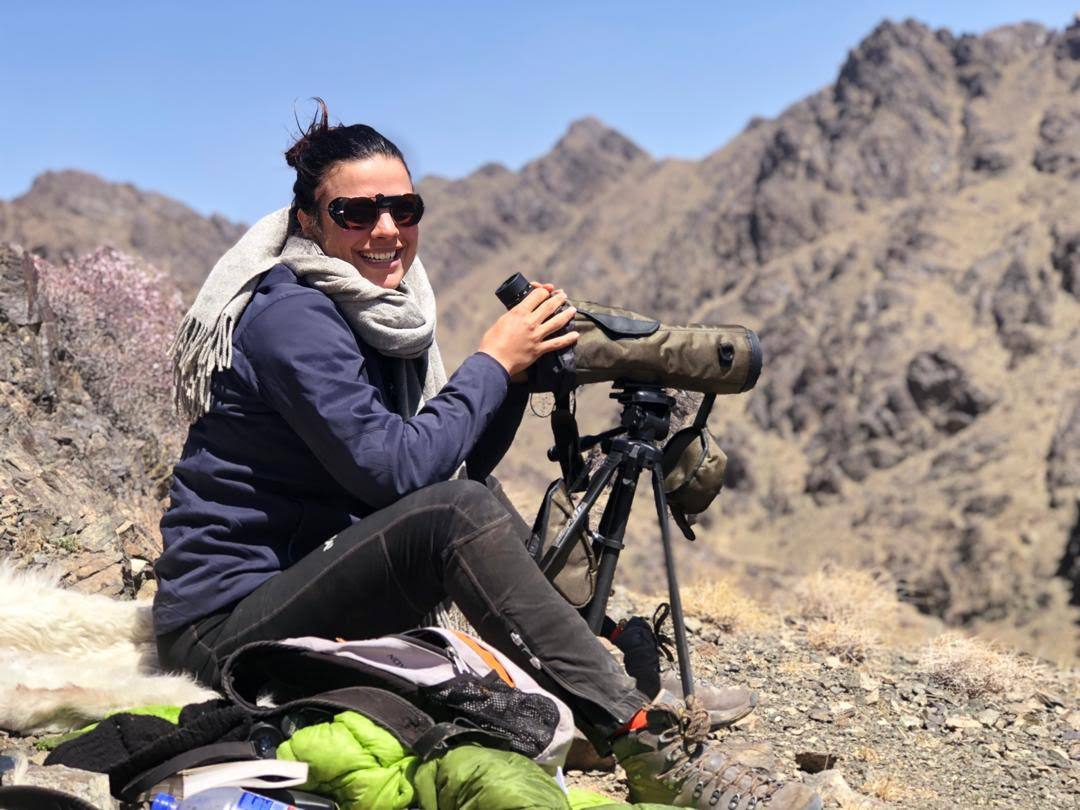 Justine Shanti Alexander is the Country Director at WCS Mongolia program. Over the past decade, she has dedicated herself to building partnerships at both national and local levels for the conservation of threatened species across High Asia, with a specific focus on Mongolia and China. Her conservation work revolves around bridging research, community programming, and international collaborations to strengthen conservation outcomes.
Justine Shanti Alexander is the Country Director at WCS Mongolia program. Over the past decade, she has dedicated herself to building partnerships at both national and local levels for the conservation of threatened species across High Asia, with a specific focus on Mongolia and China. Her conservation work revolves around bridging research, community programming, and international collaborations to strengthen conservation outcomes.
One issue that holds great significance for her is finding inclusive solutions that prioritize the voices of local stakeholders and place human well-being and community resilience at the heart of wildlife conservation programs. With a scientific academic background, she earned a master’s degree in Conservation Science from Imperial College (U.K.) in 2011 and completed a Ph.D. on snow leopard conservation at Beijing Forestry University (China) in 2015.
Date/Time:
Wednesday, February 11th at 15:30 PM (Bishkek time)
Location:
ZOOM, to join this talk, REGISTER HERE
Please note:
- If you have never used Zoom before, we recommend that you try the link 10 minutes before the start of the lecture.
- Please feel free to write questions in the comment area and there will be time for questions/discussion at the end of the talk.
- Please note that the session will be recorded and later featured on the SLN website. If you have concerns about this please let us know before the session


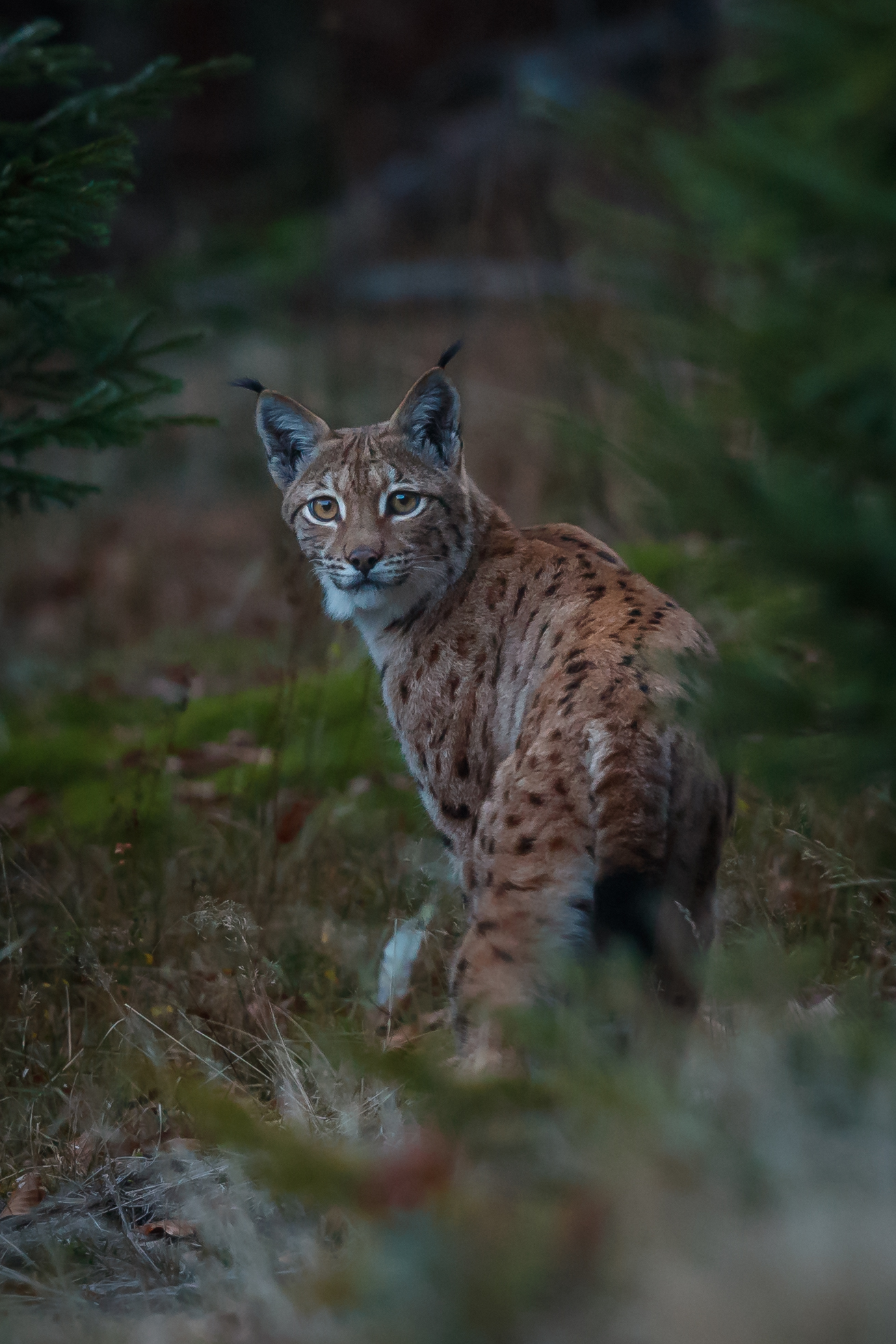
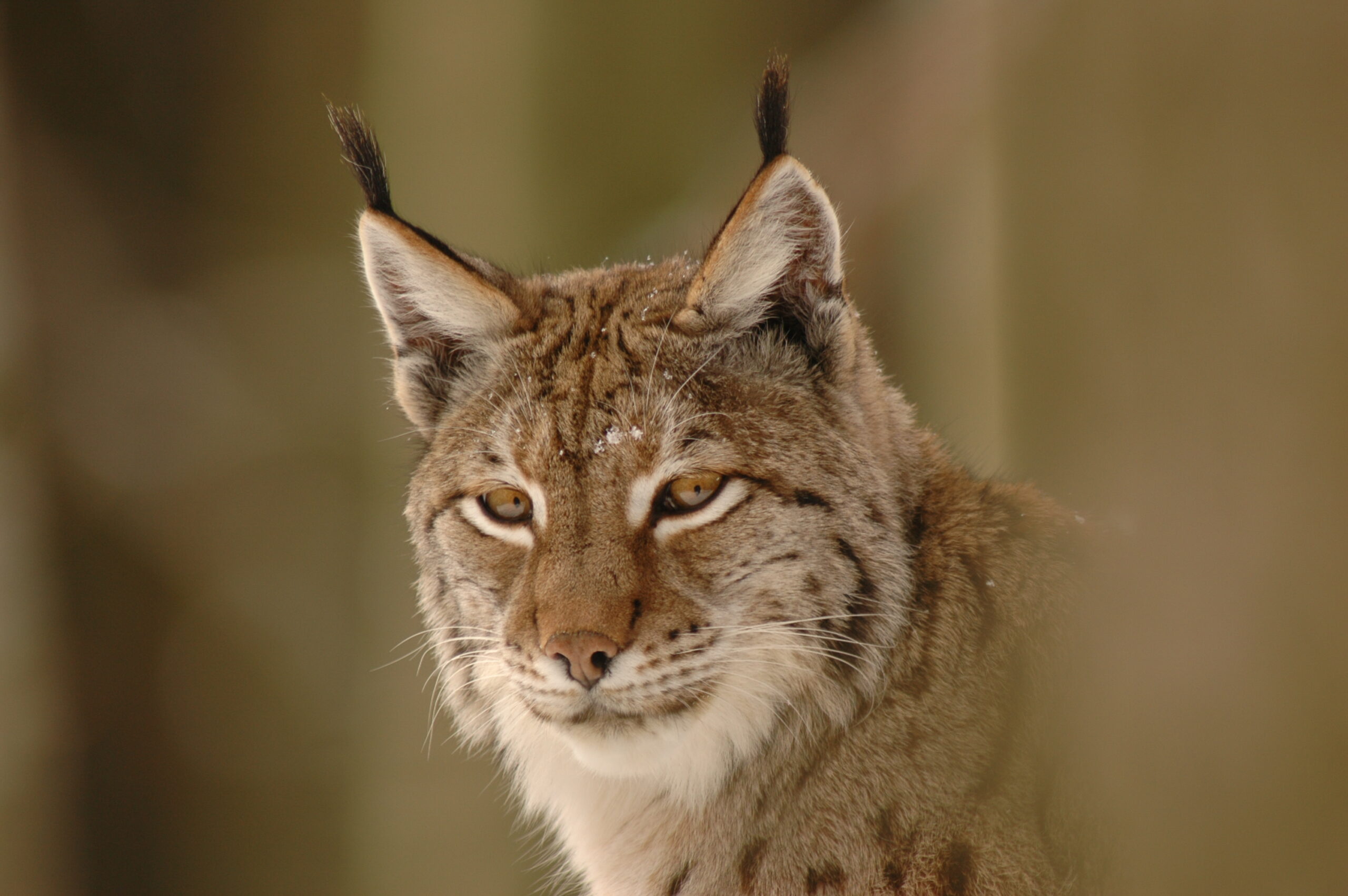
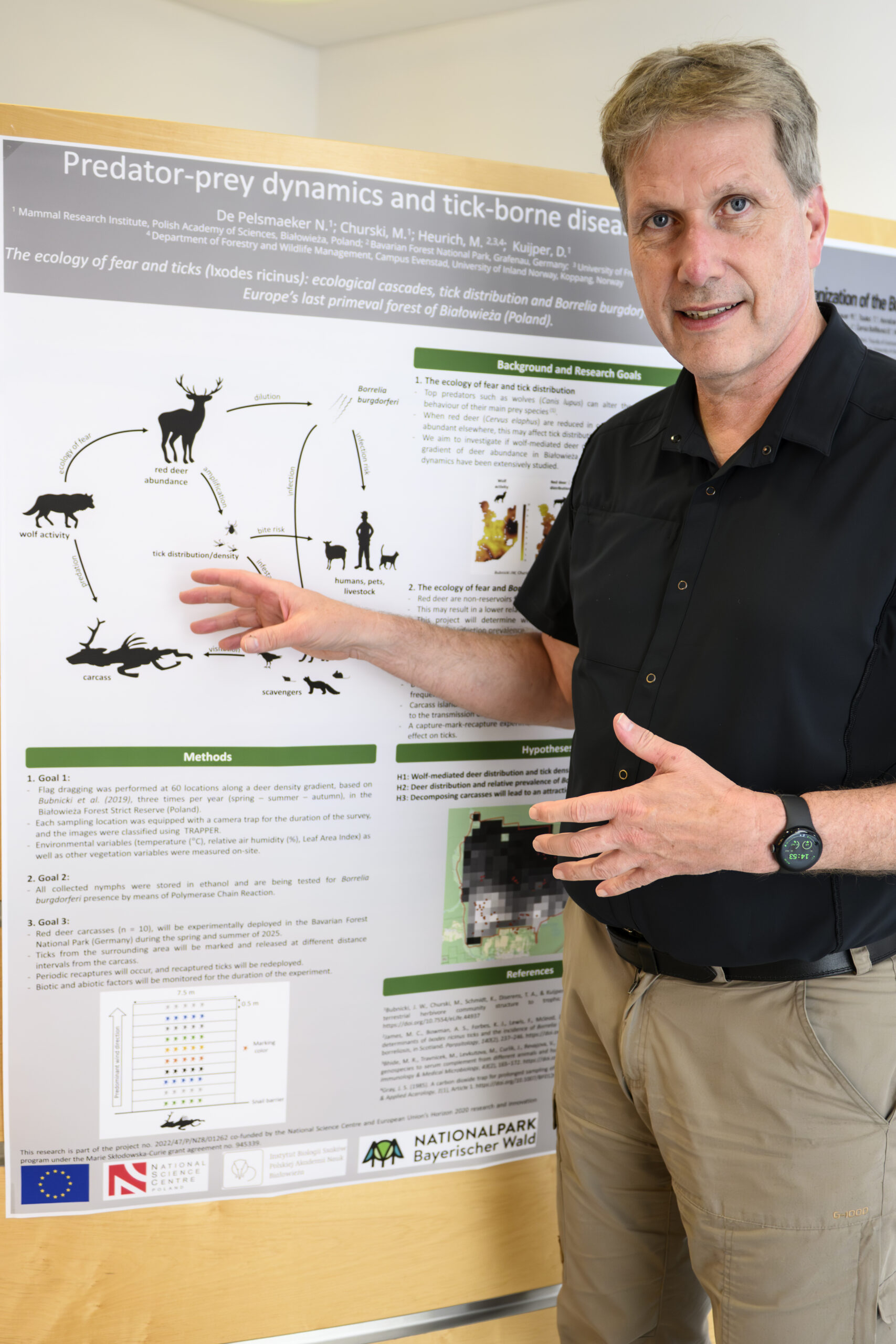
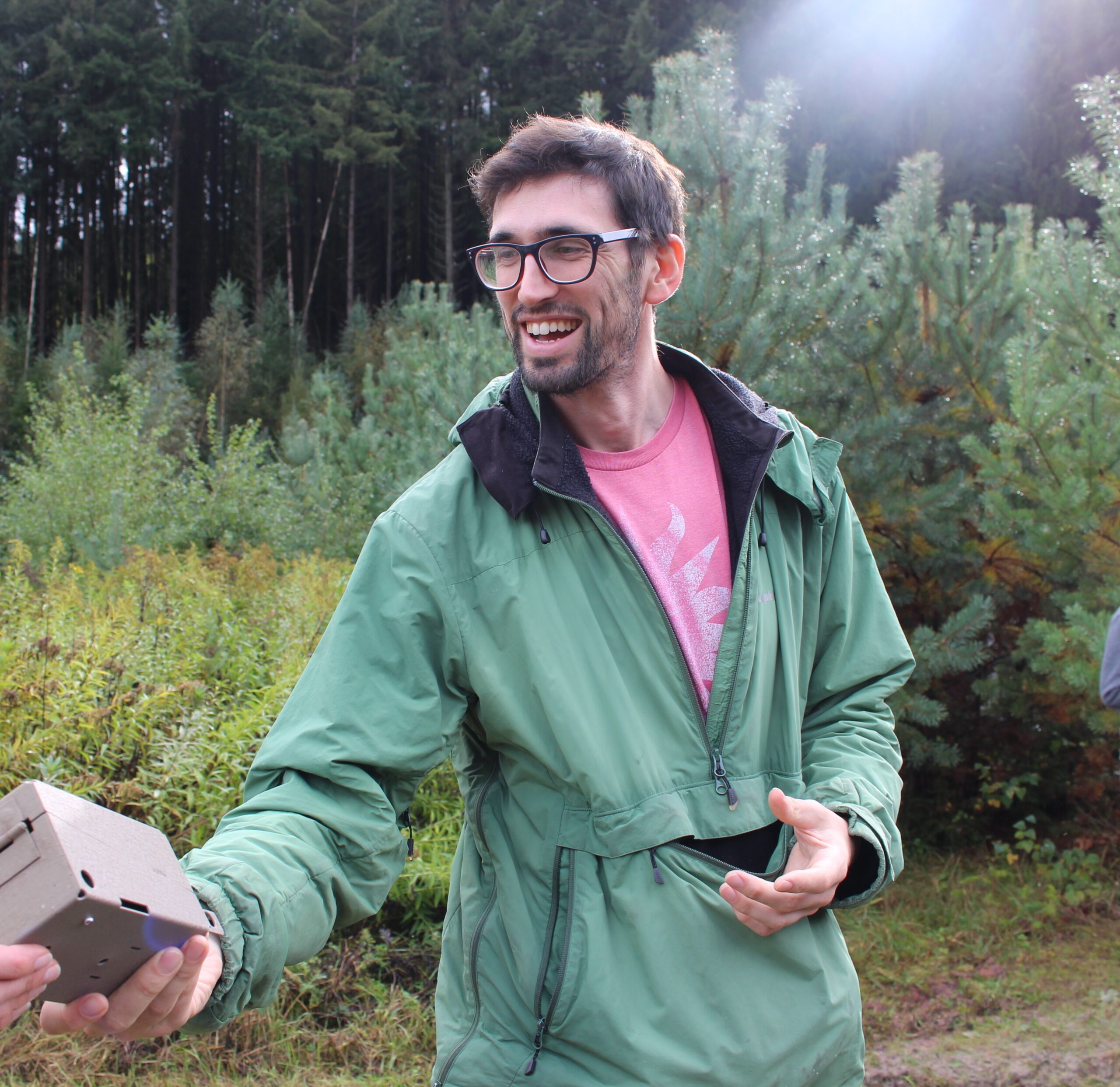
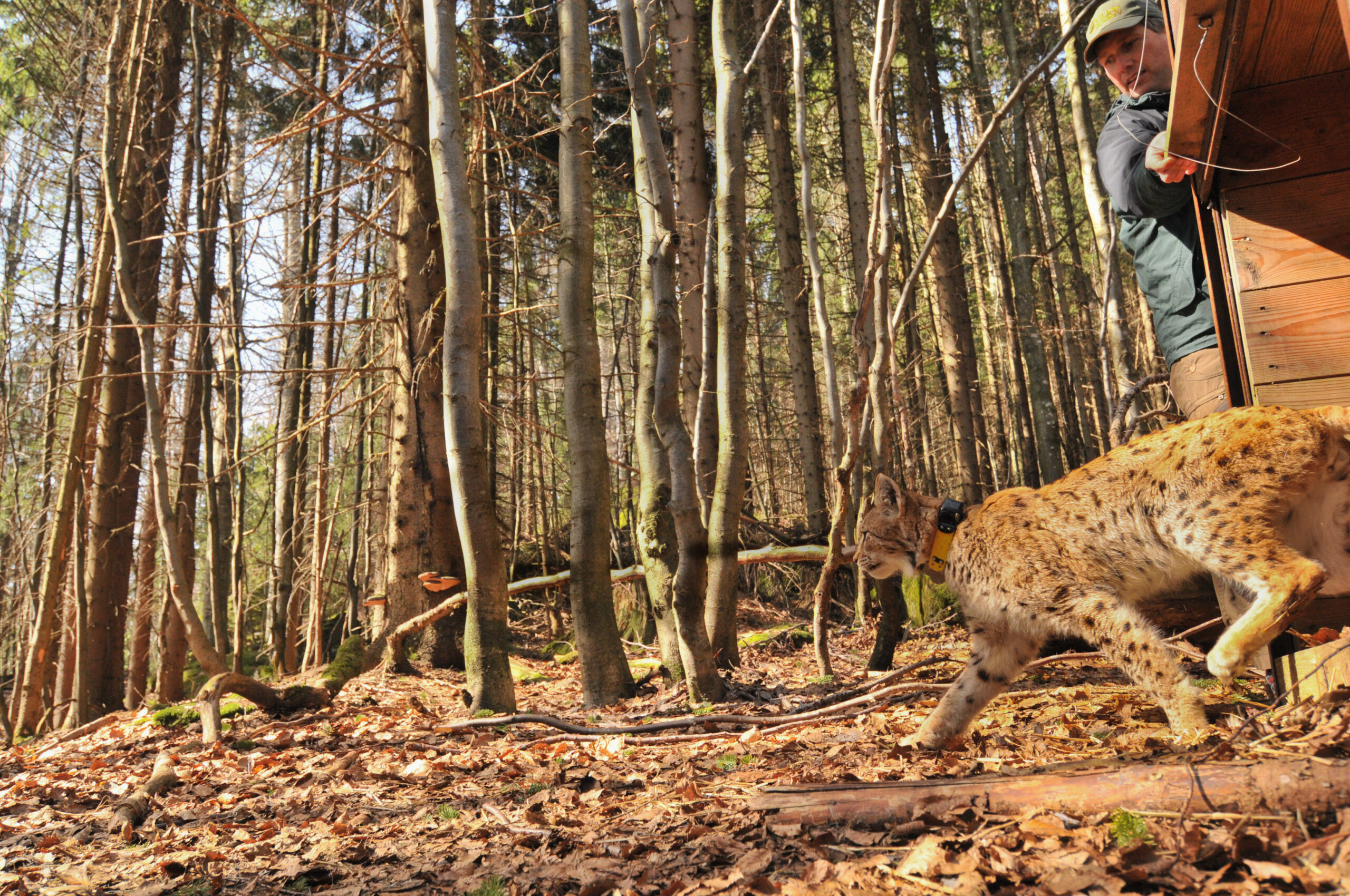
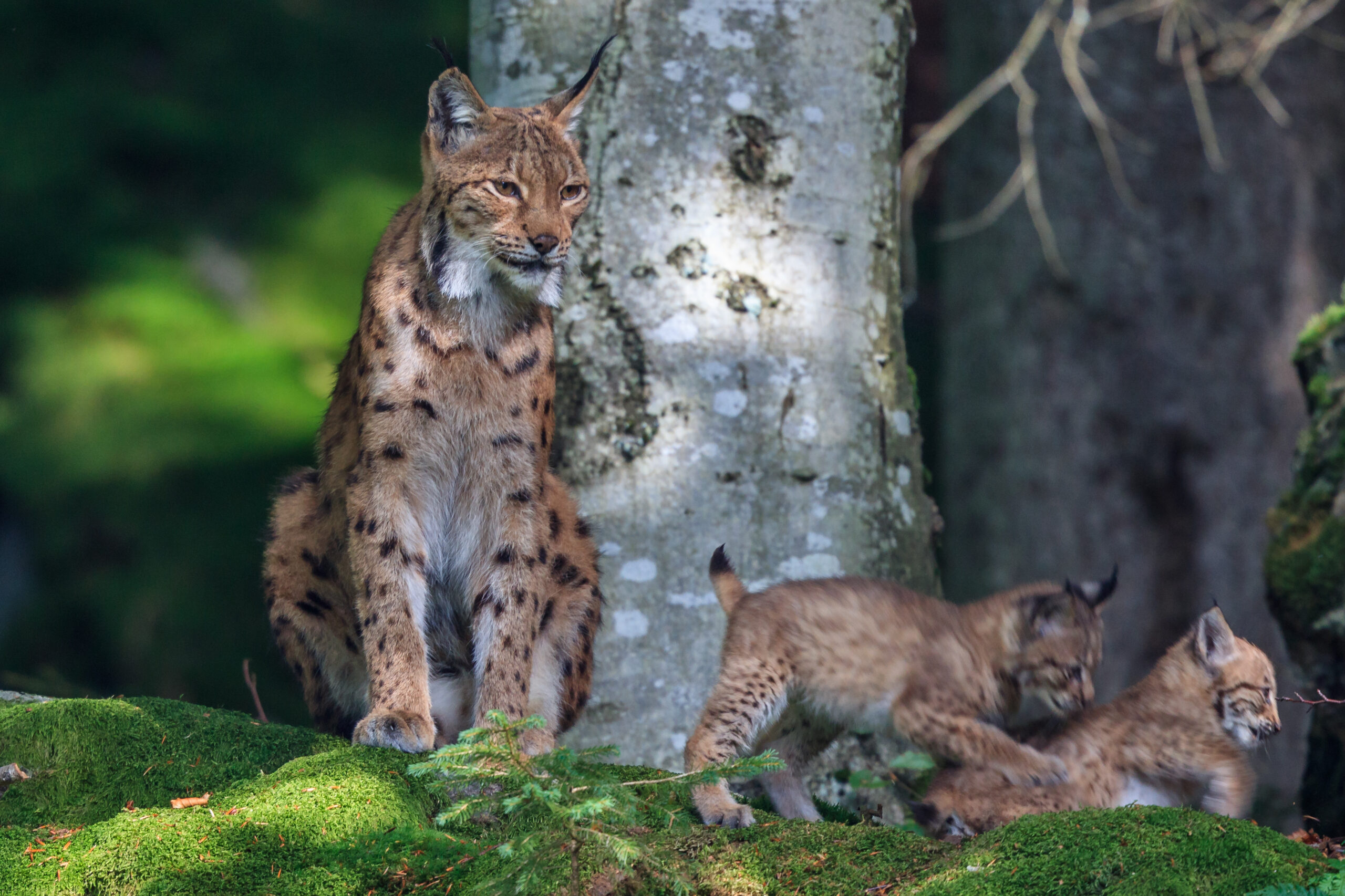
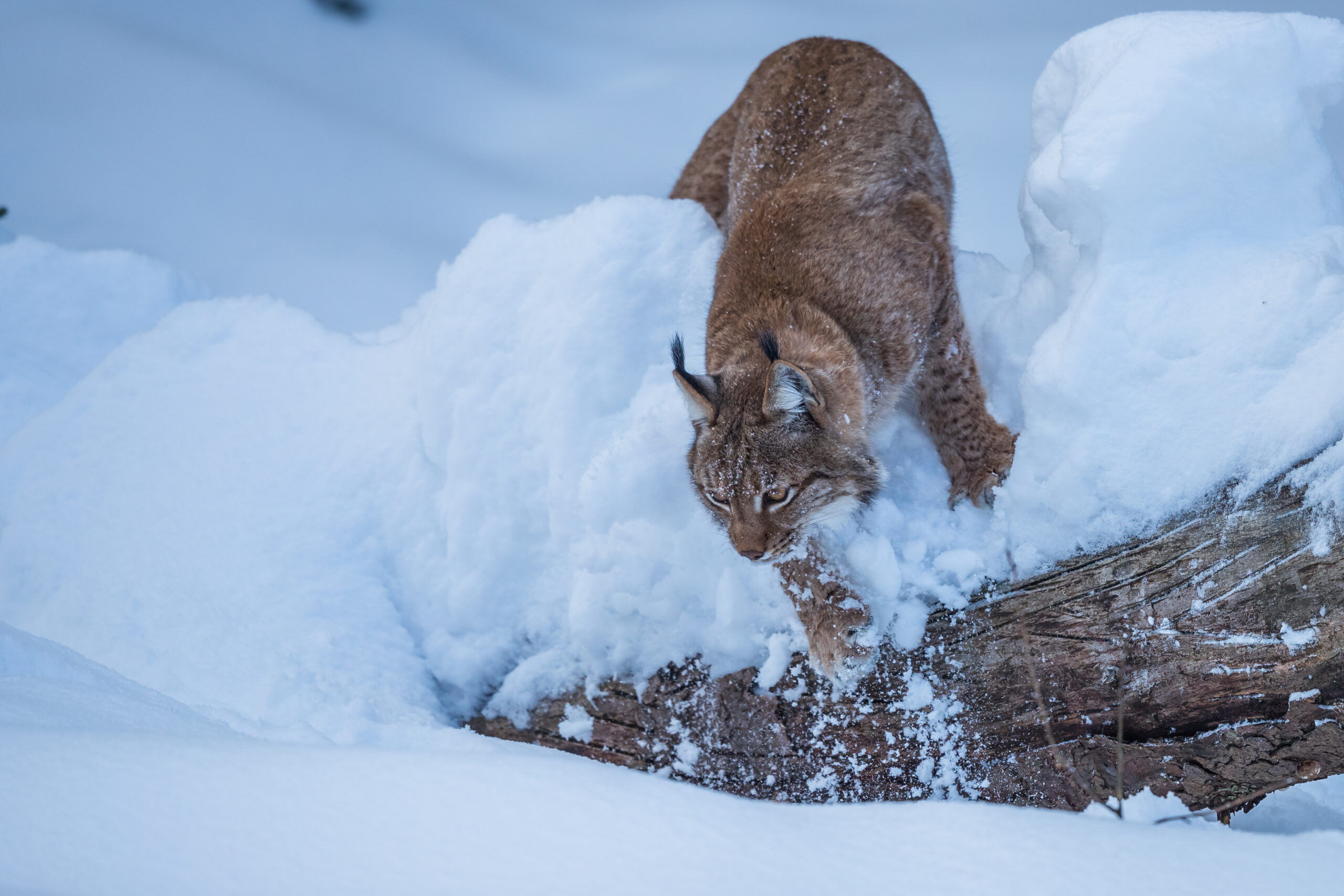
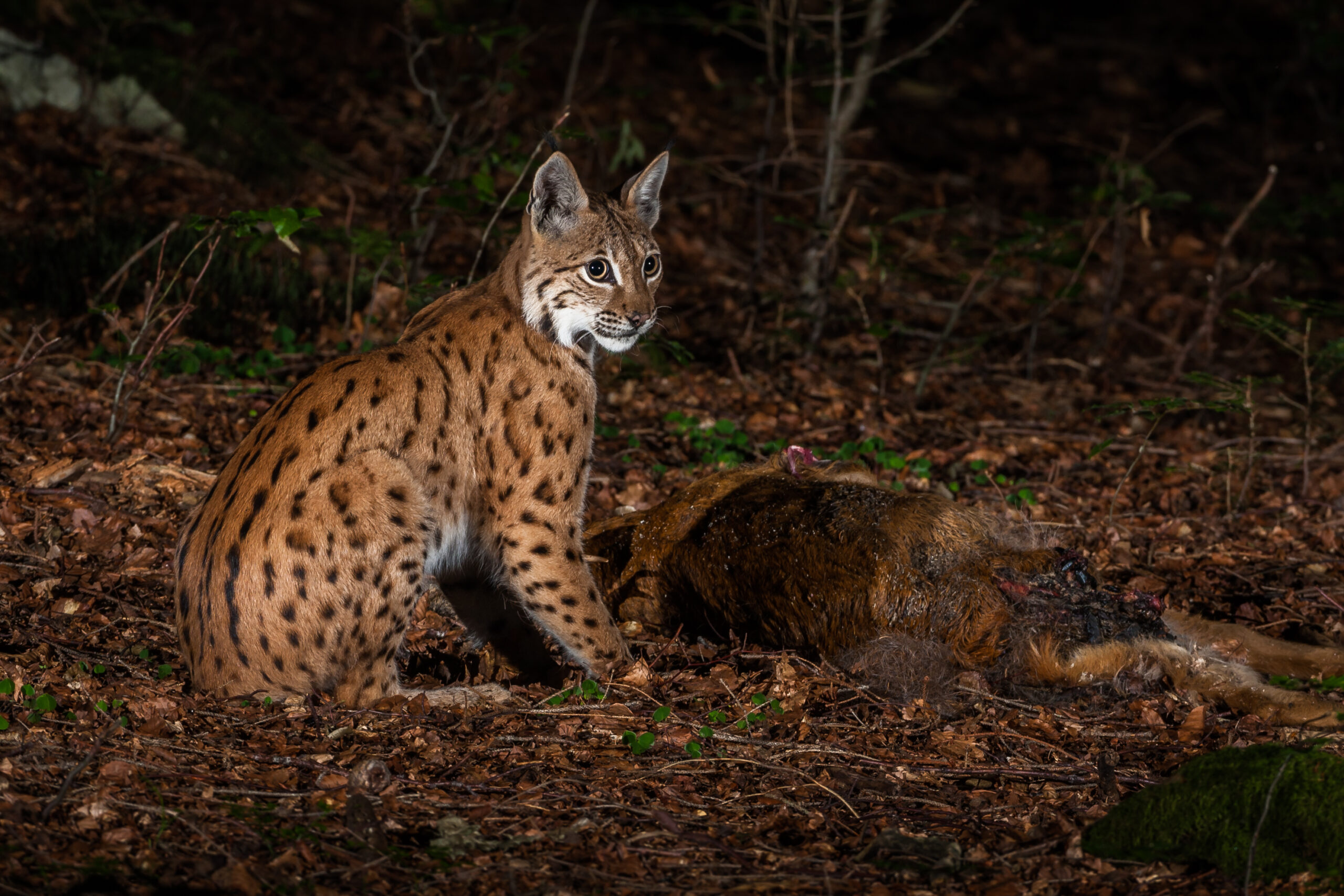

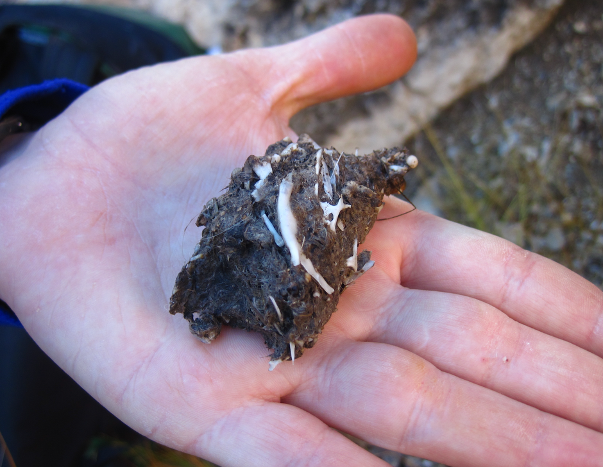
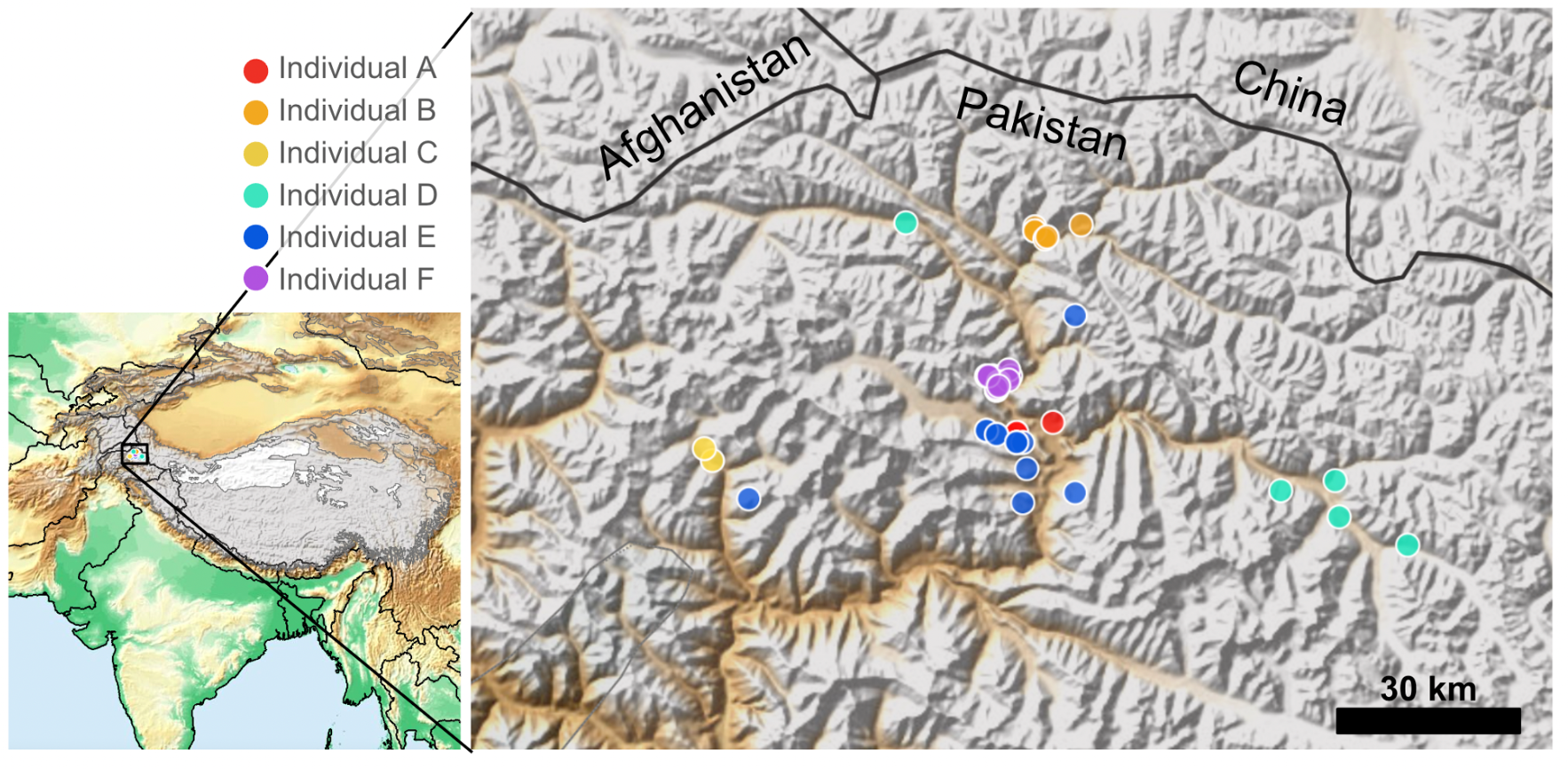

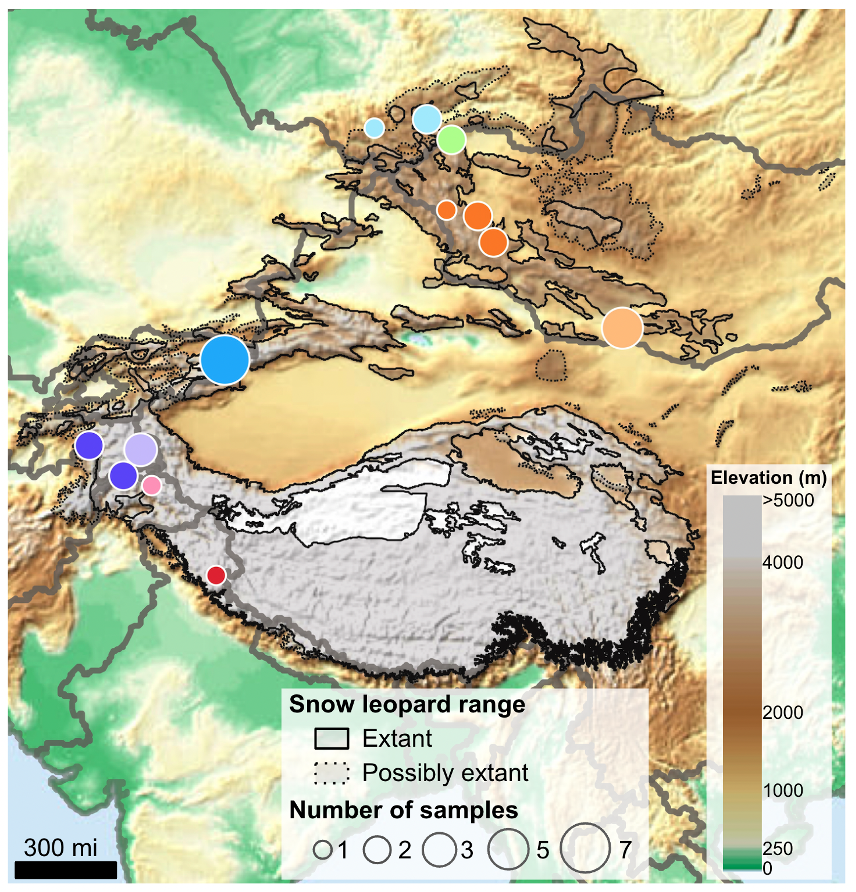
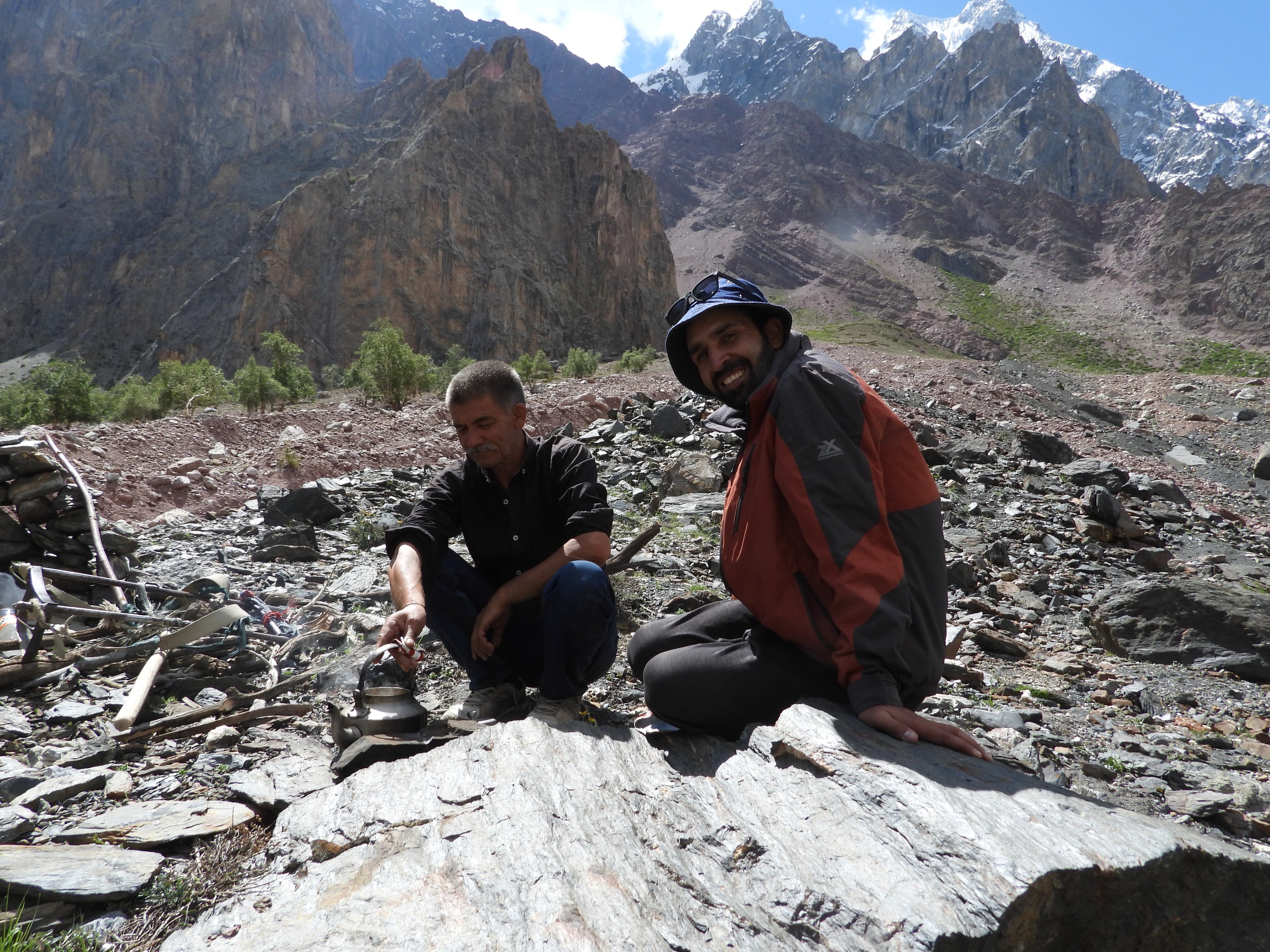


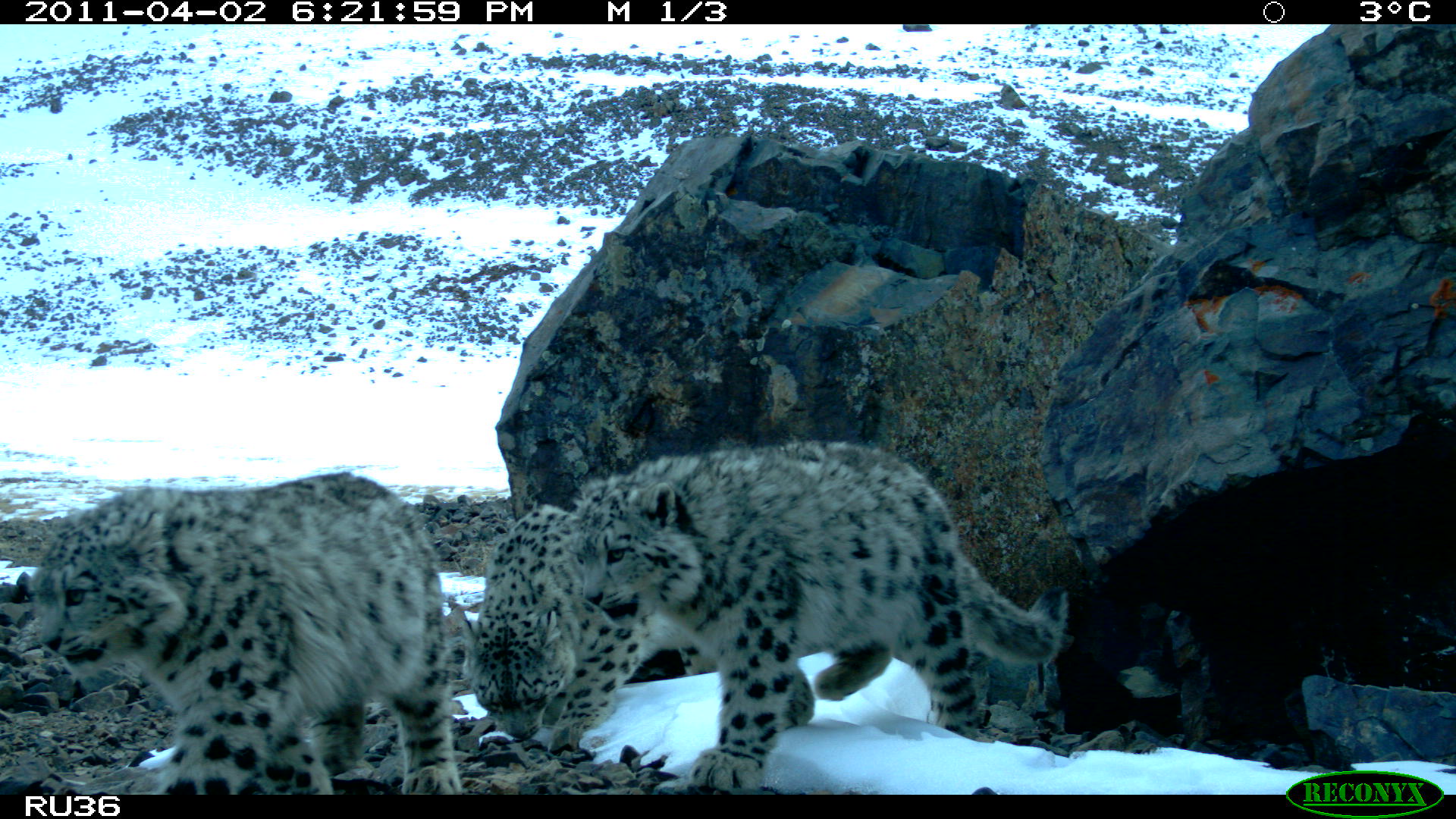
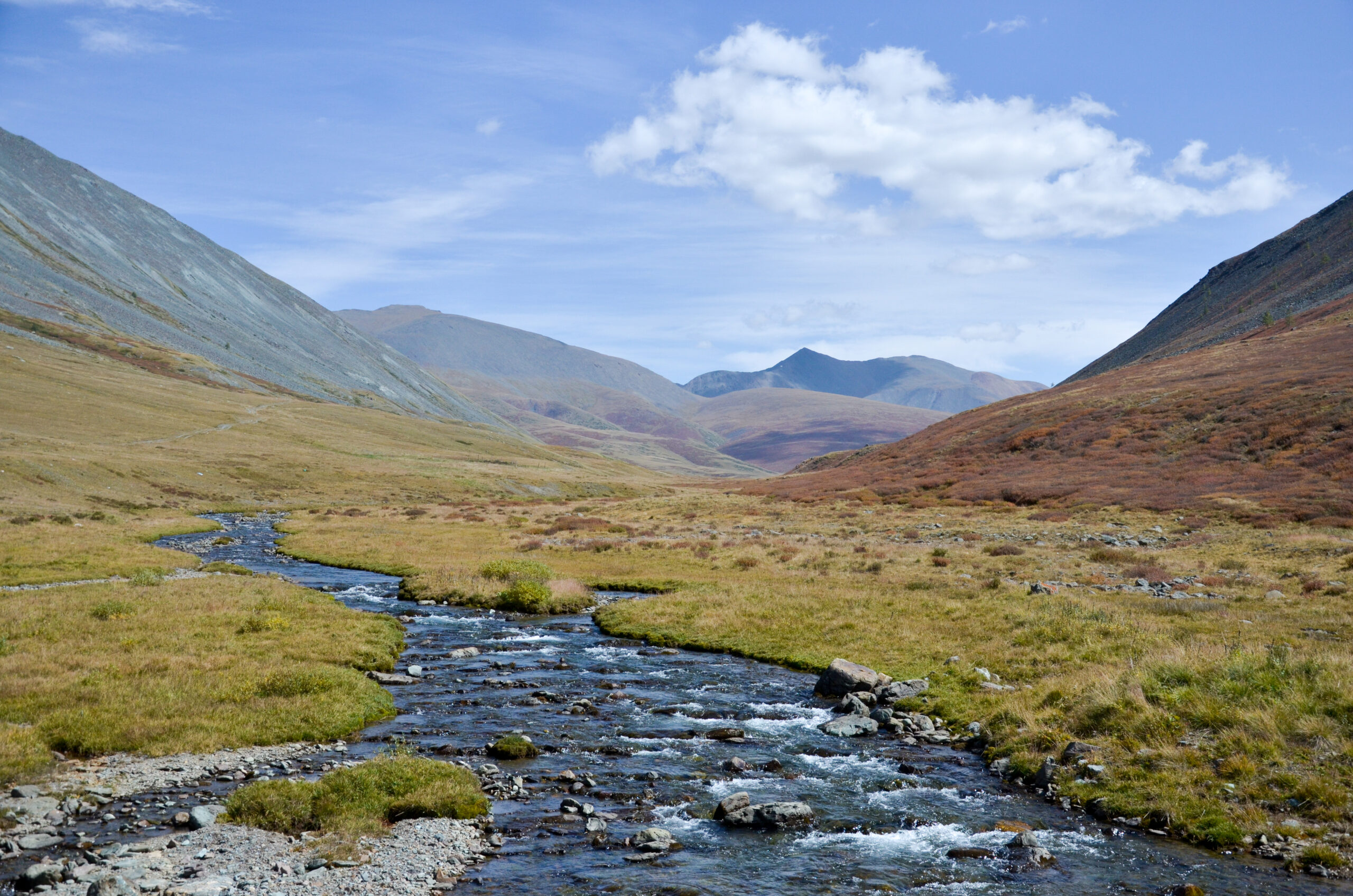
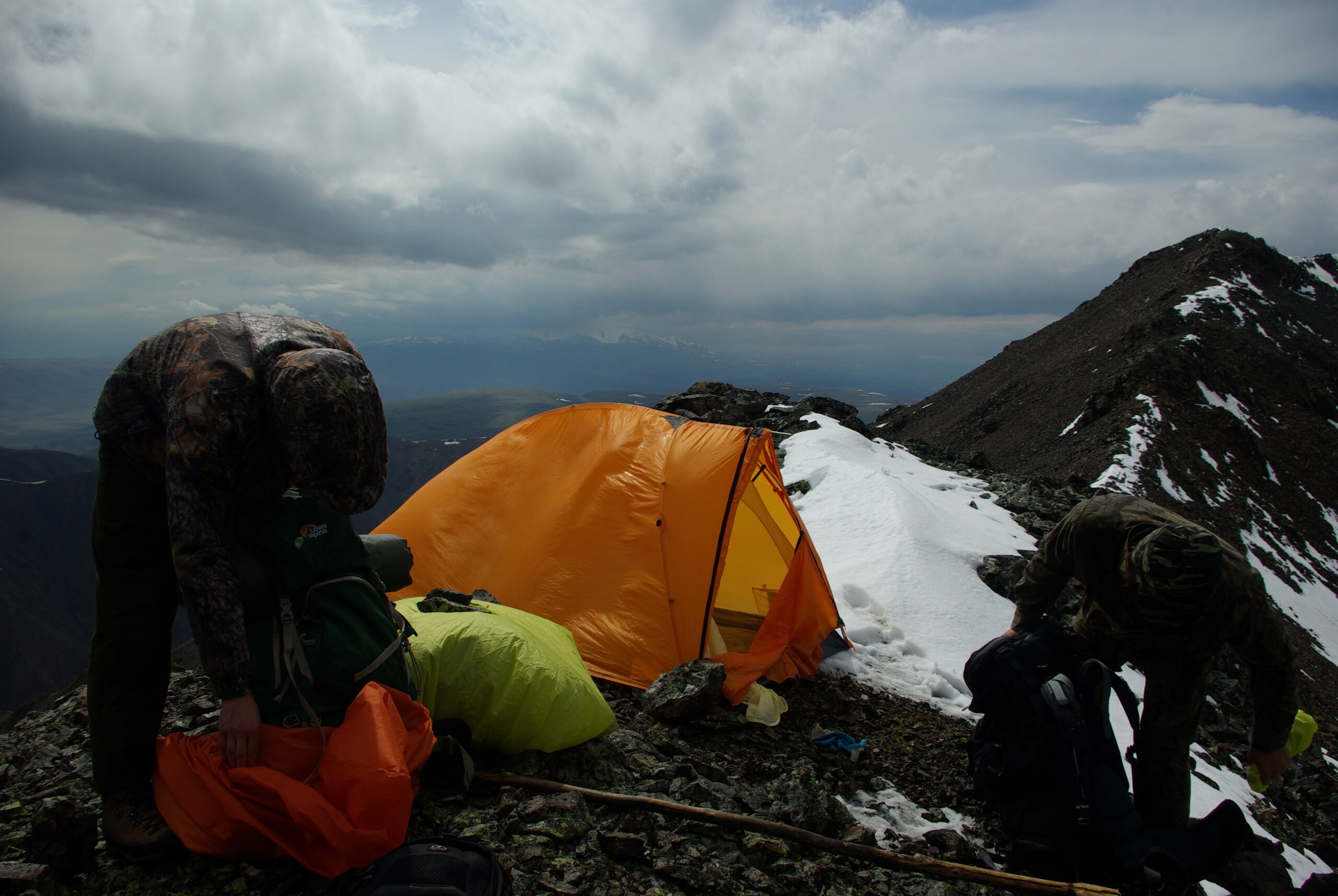
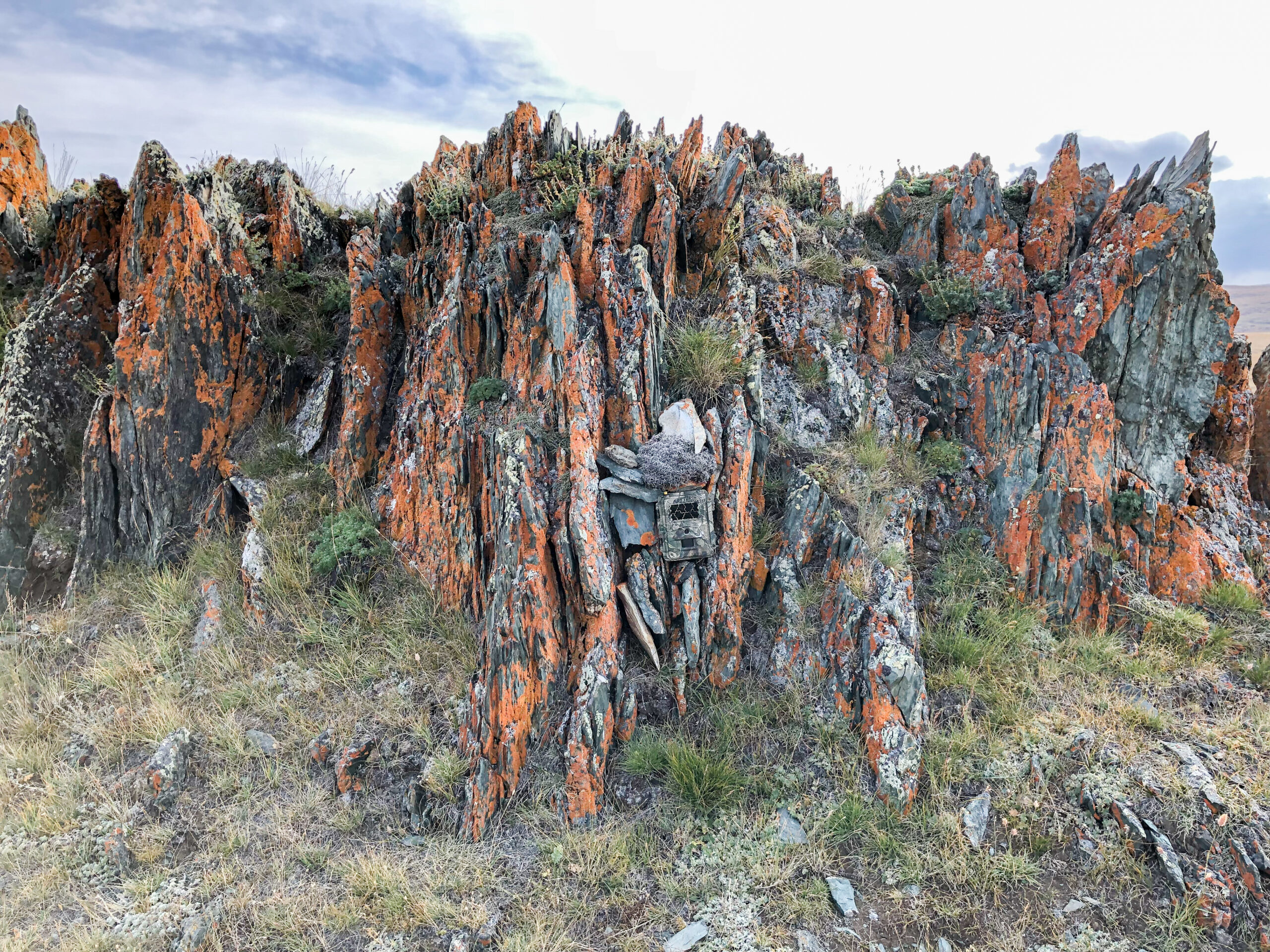
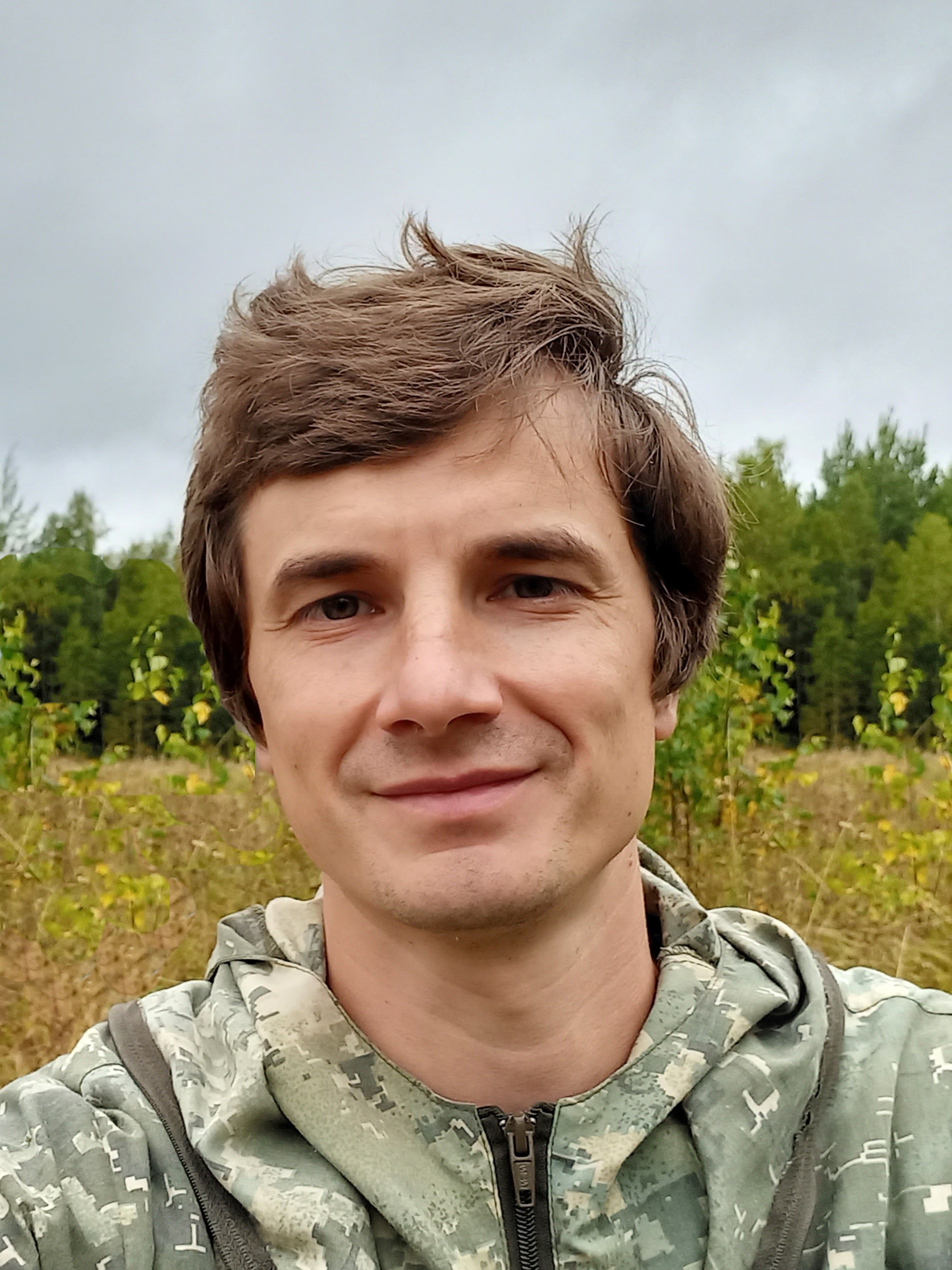
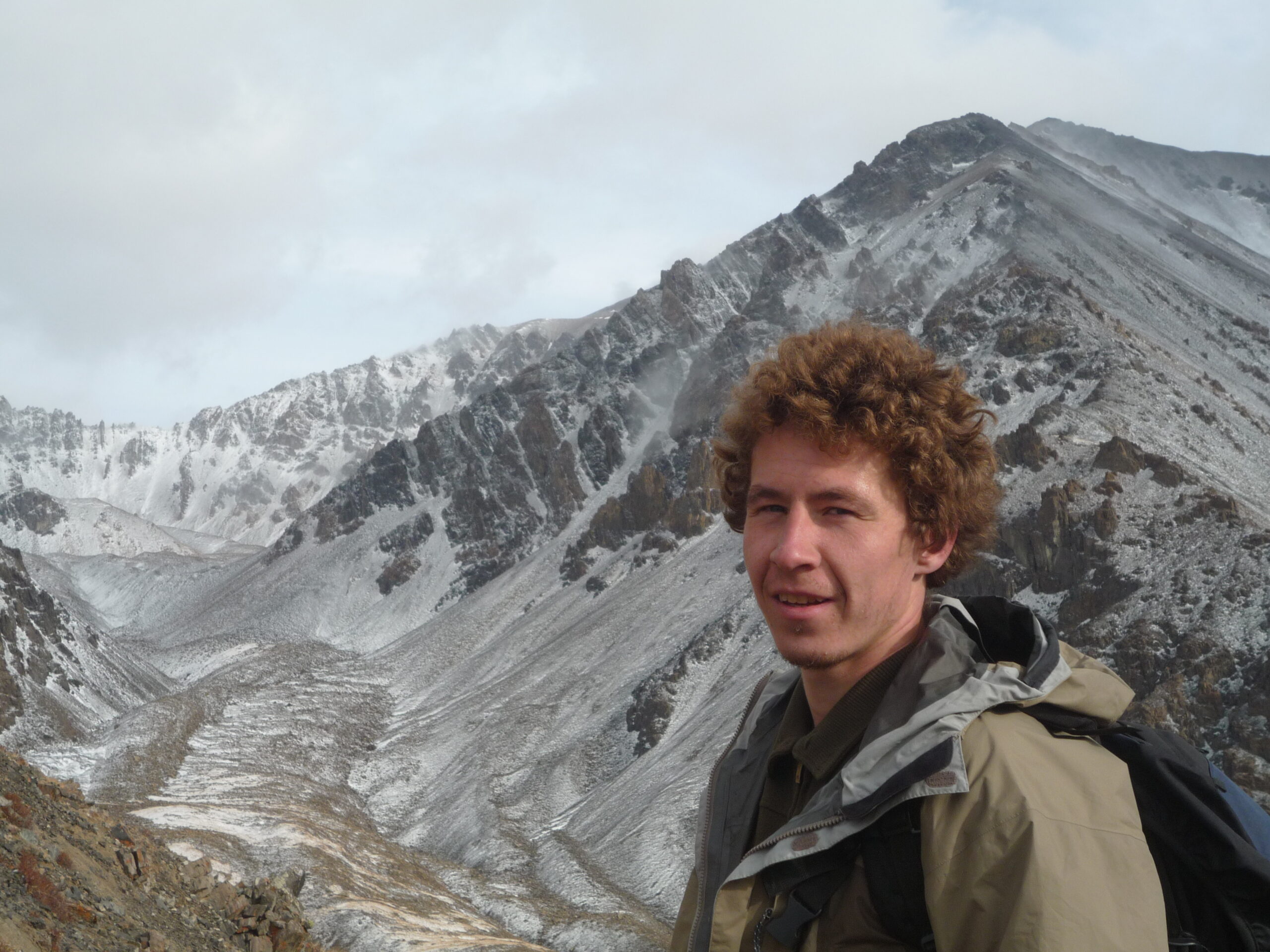
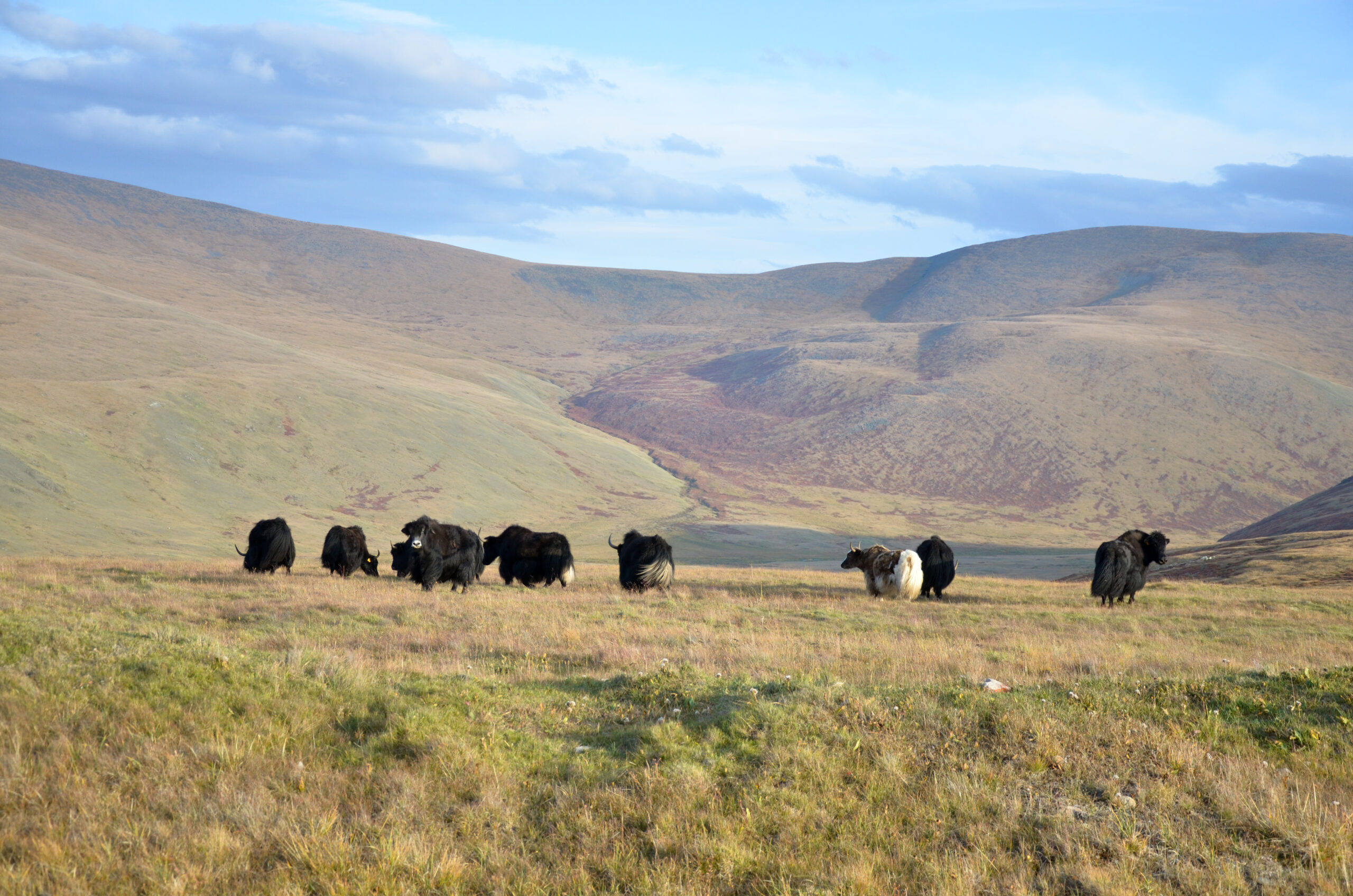
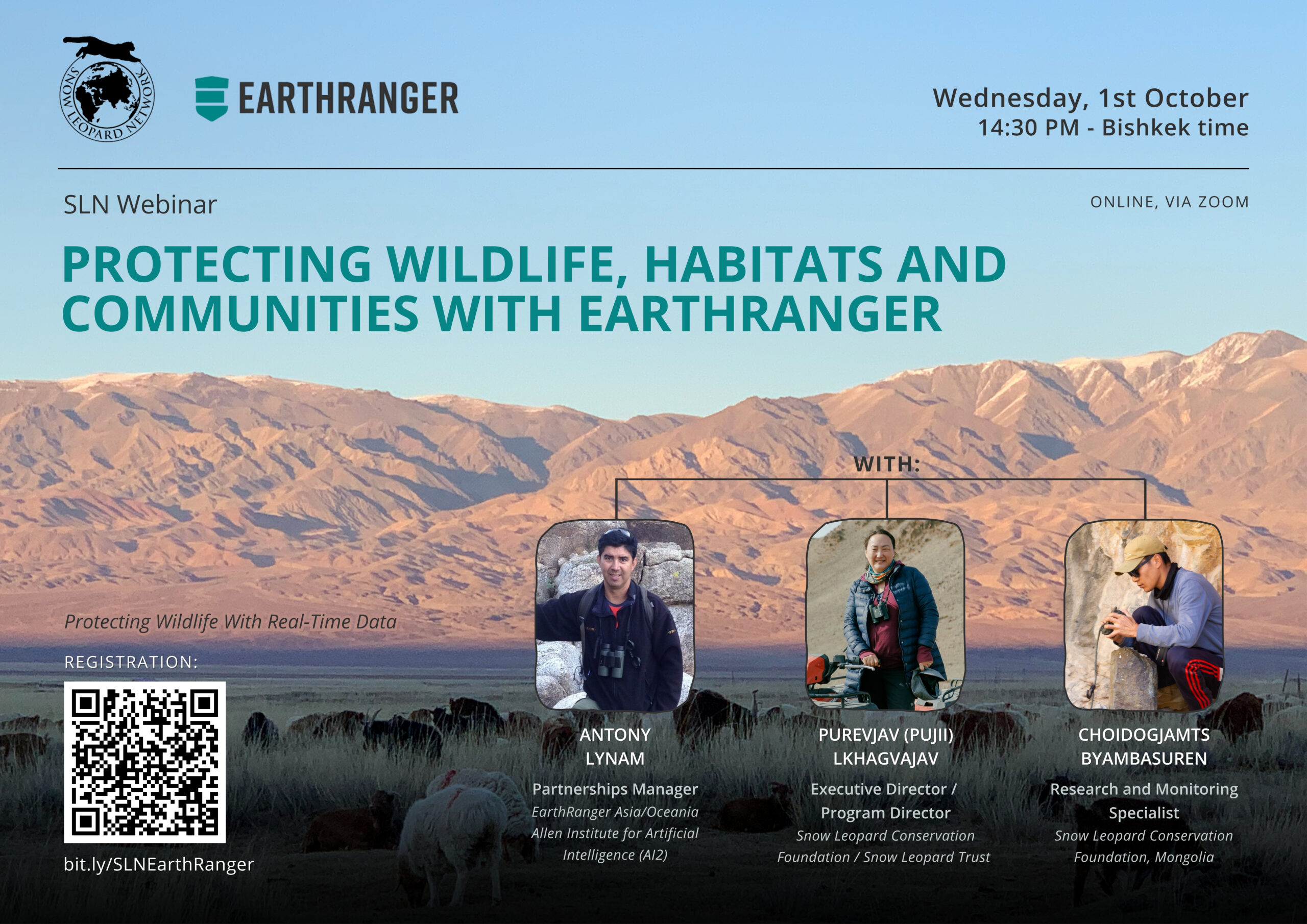
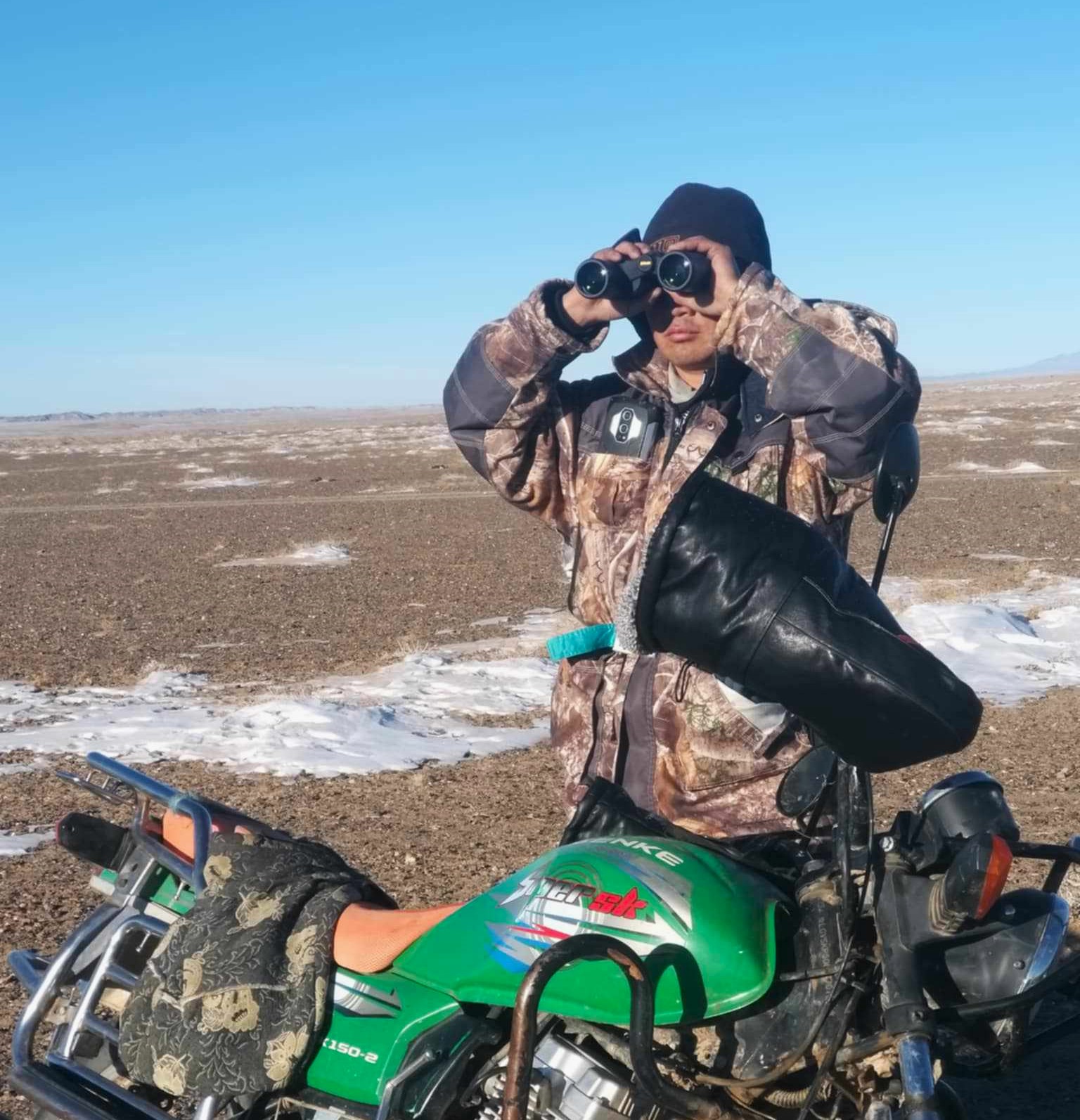
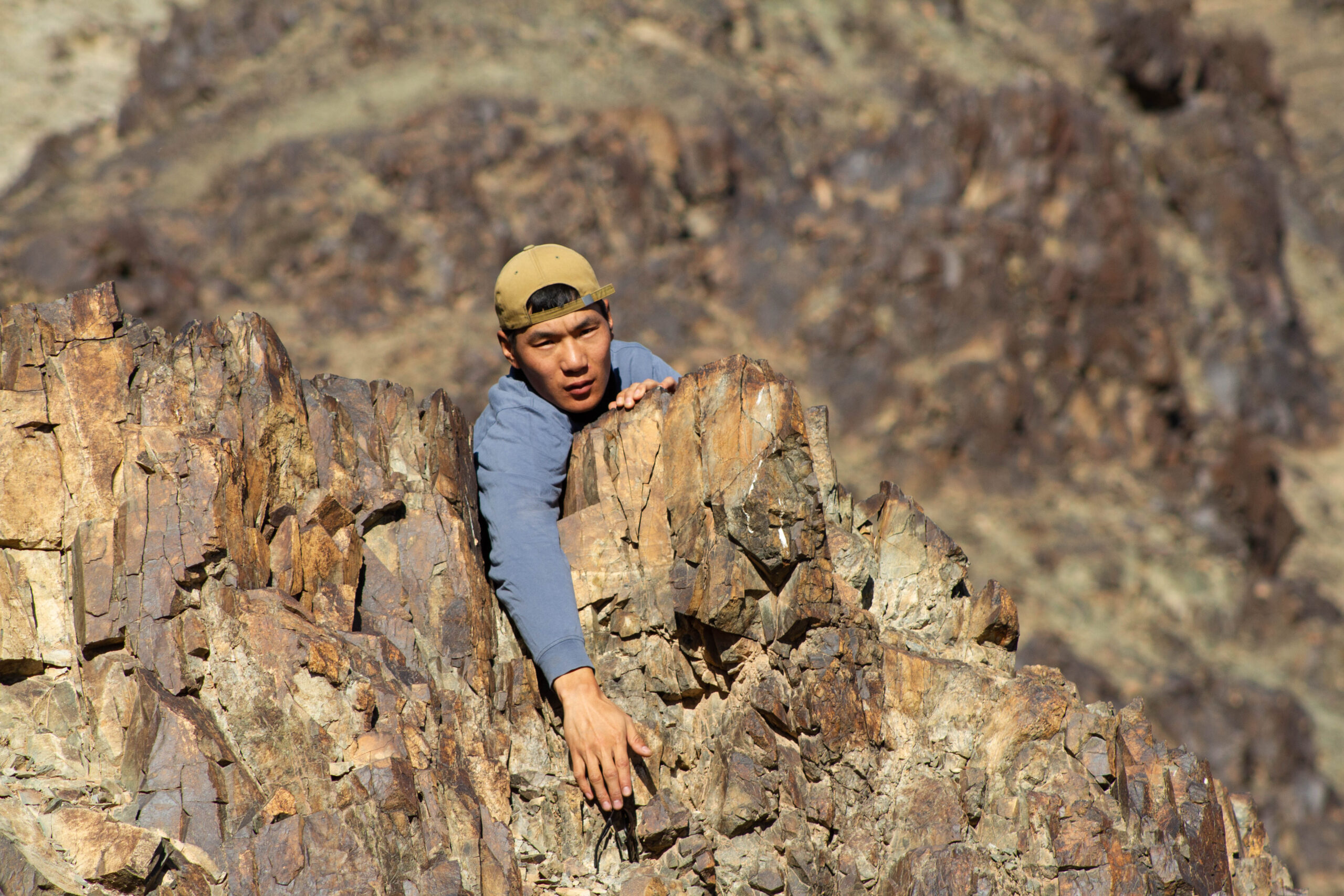
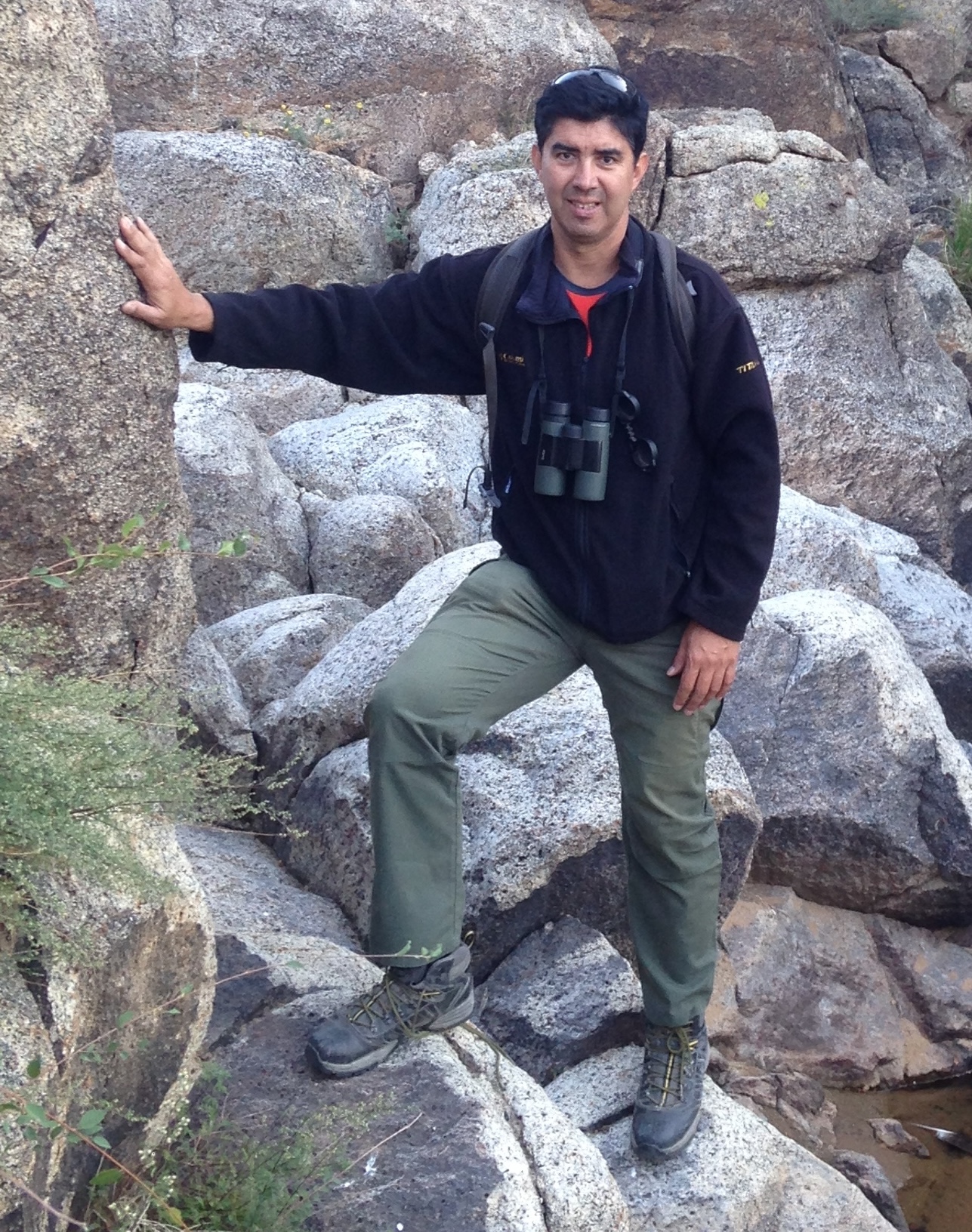

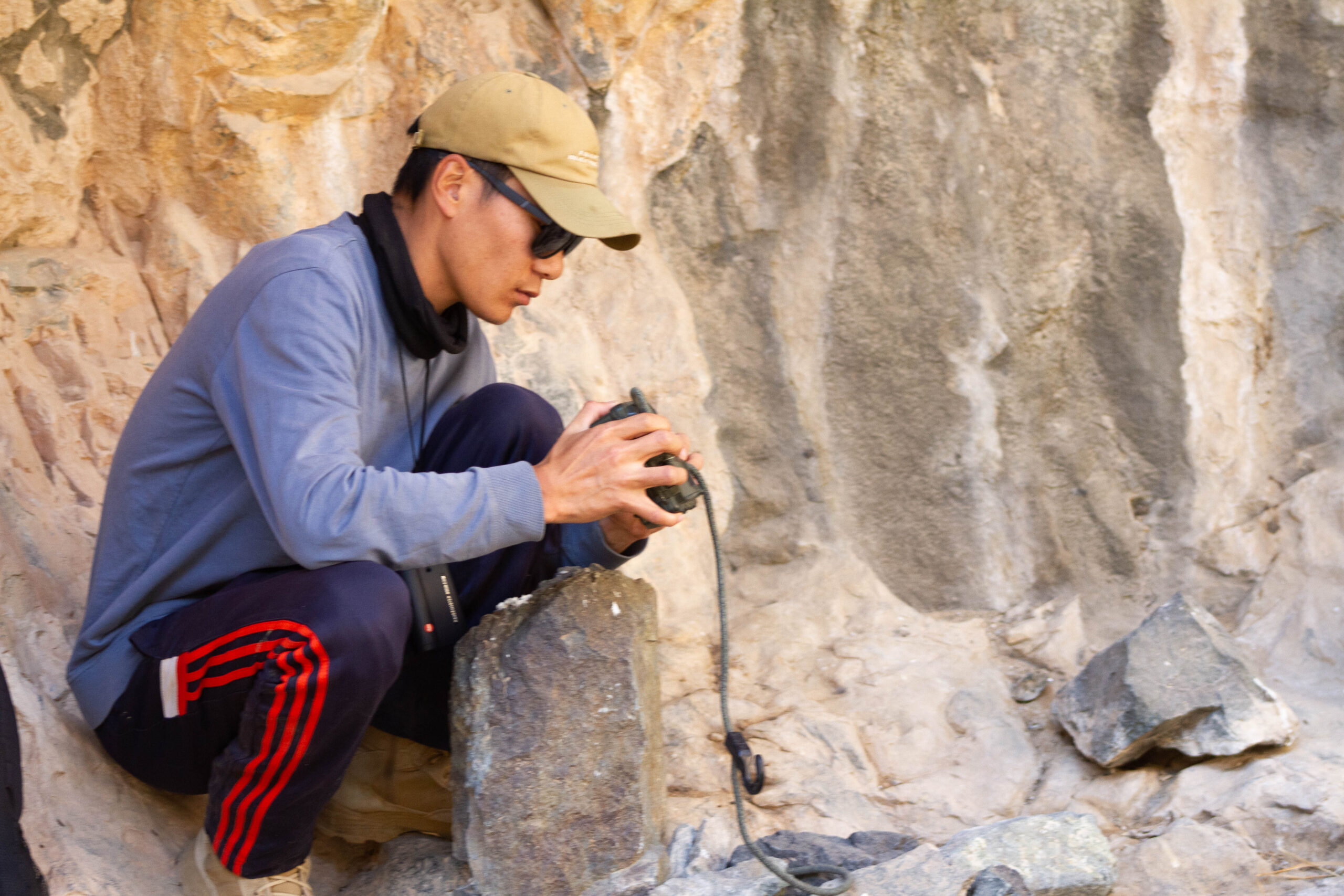
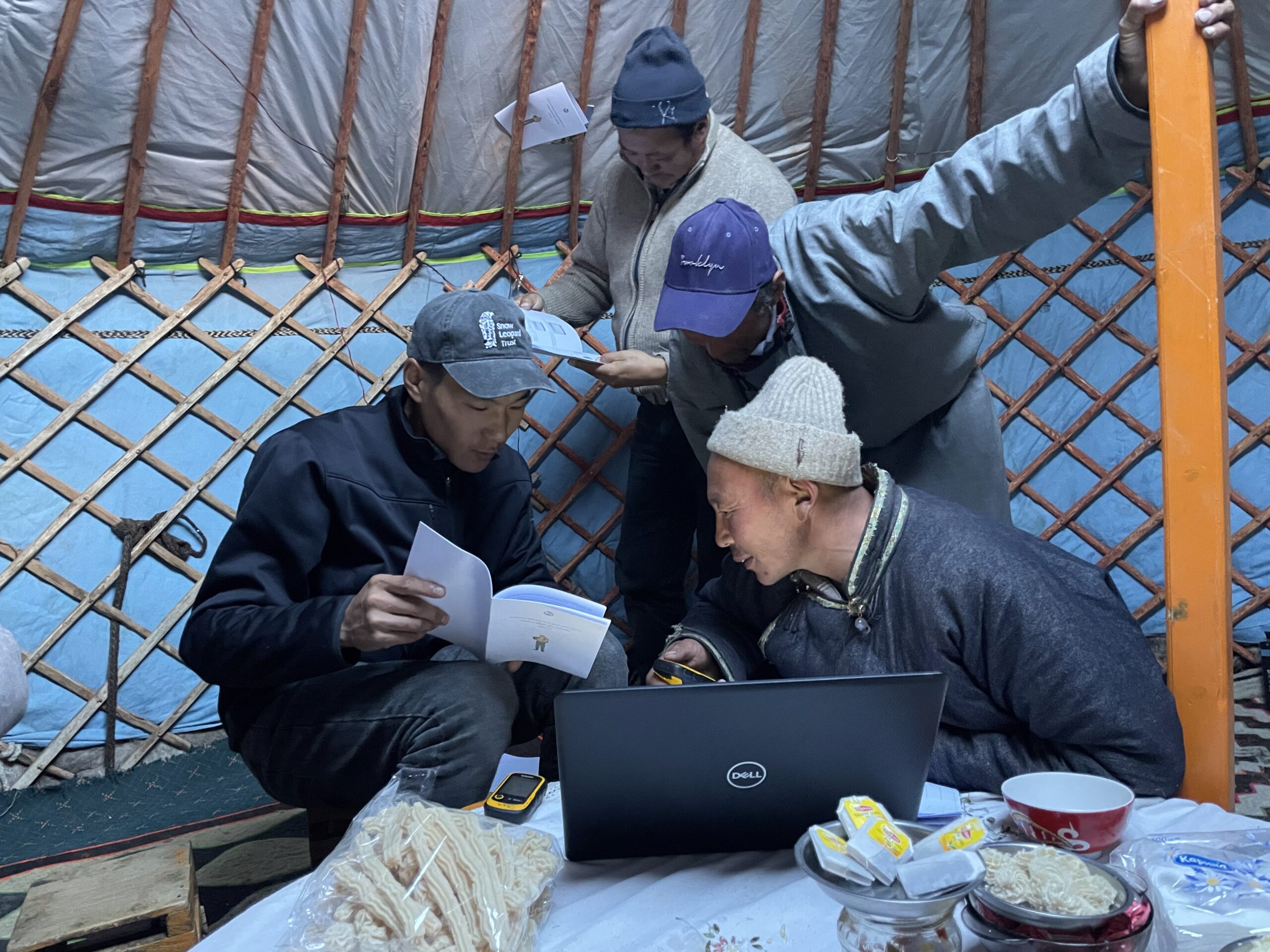
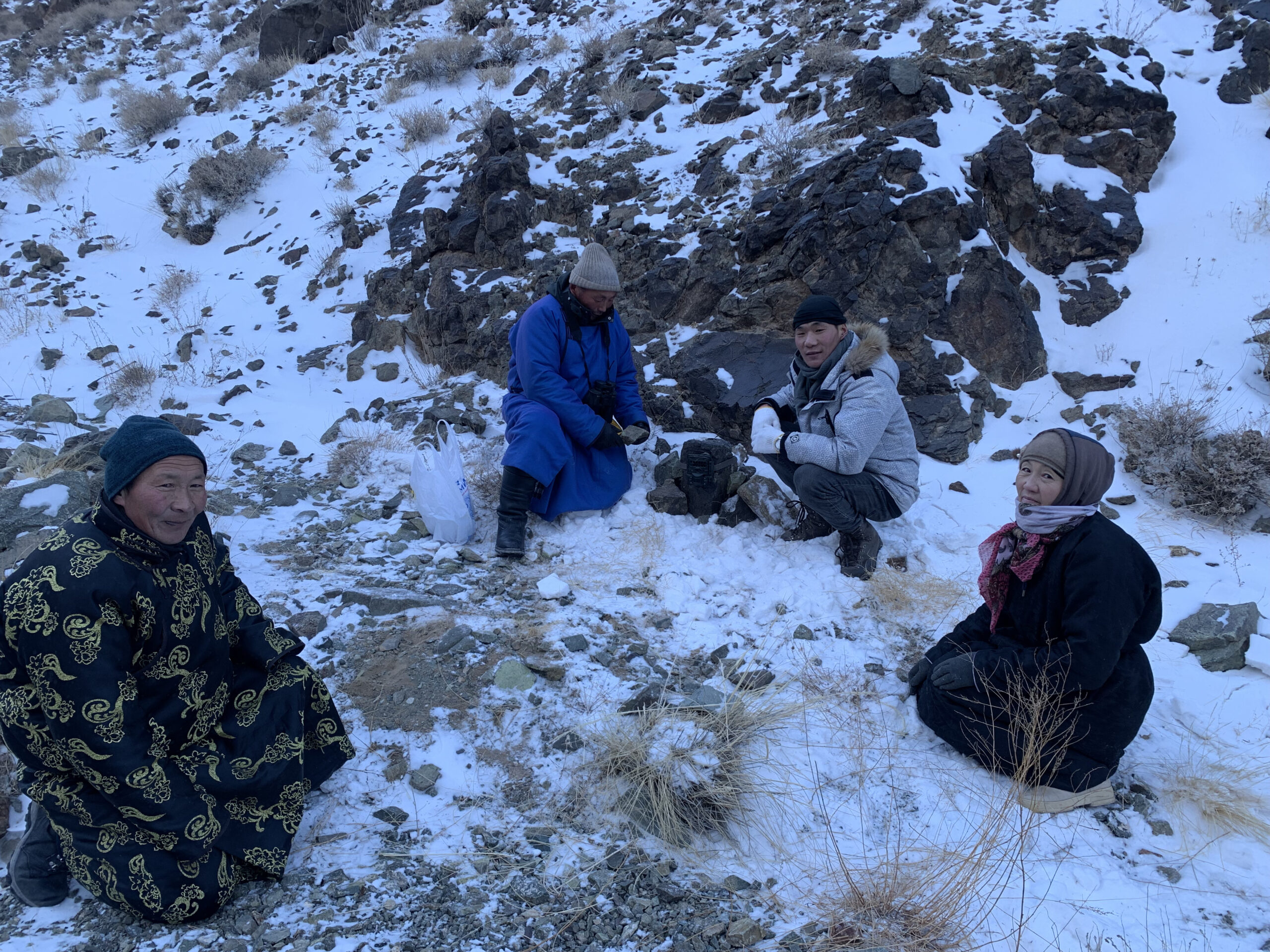
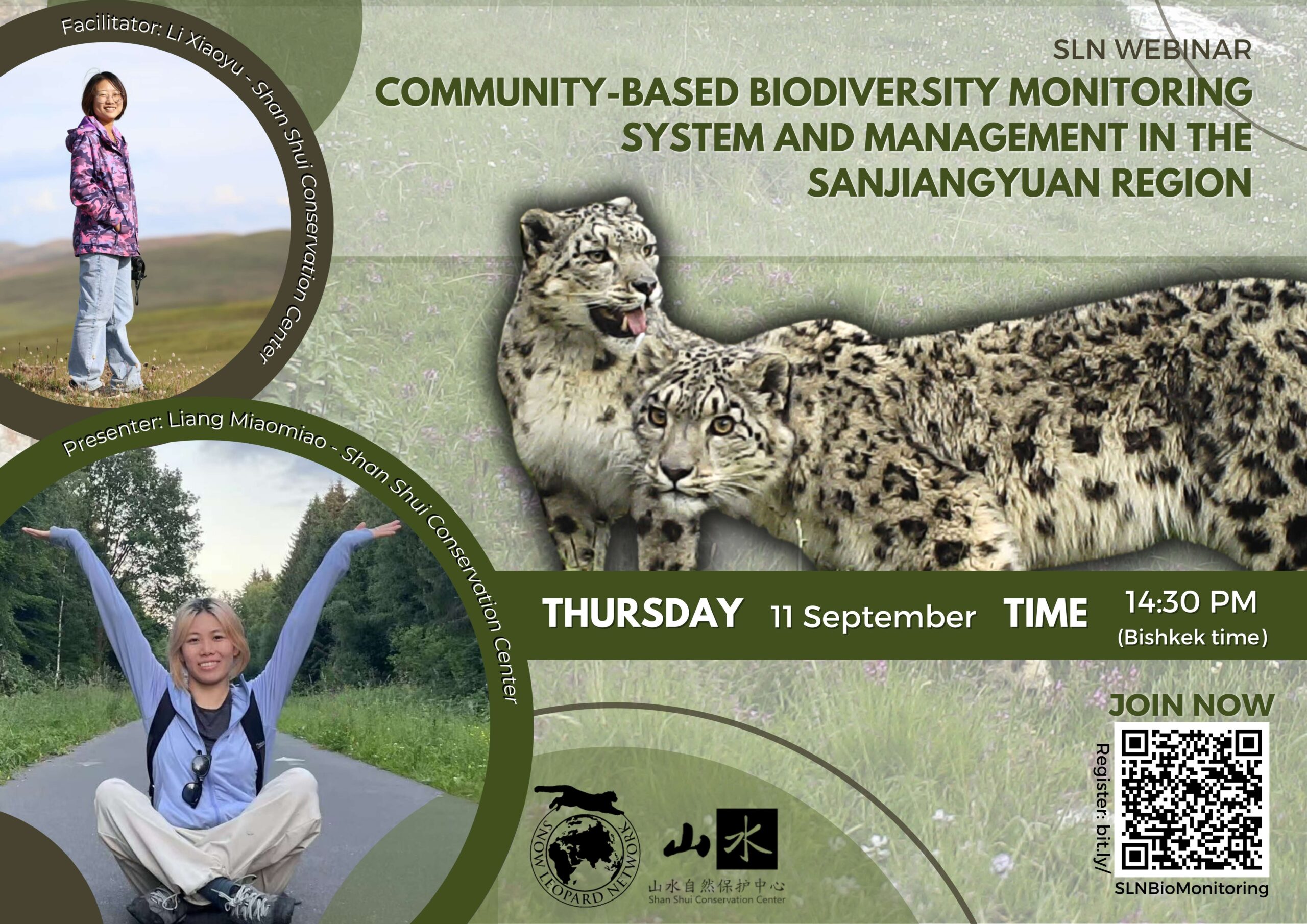


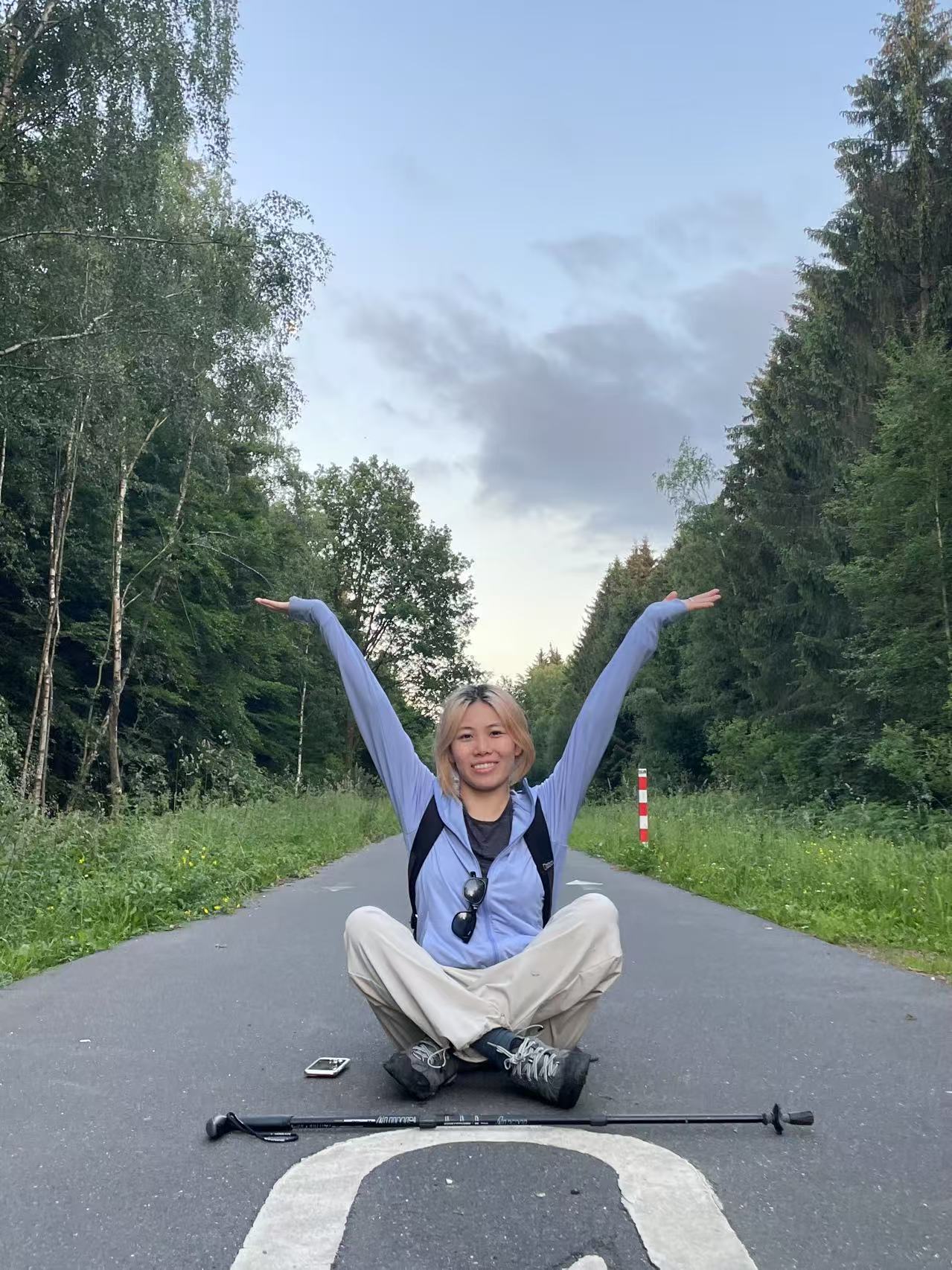

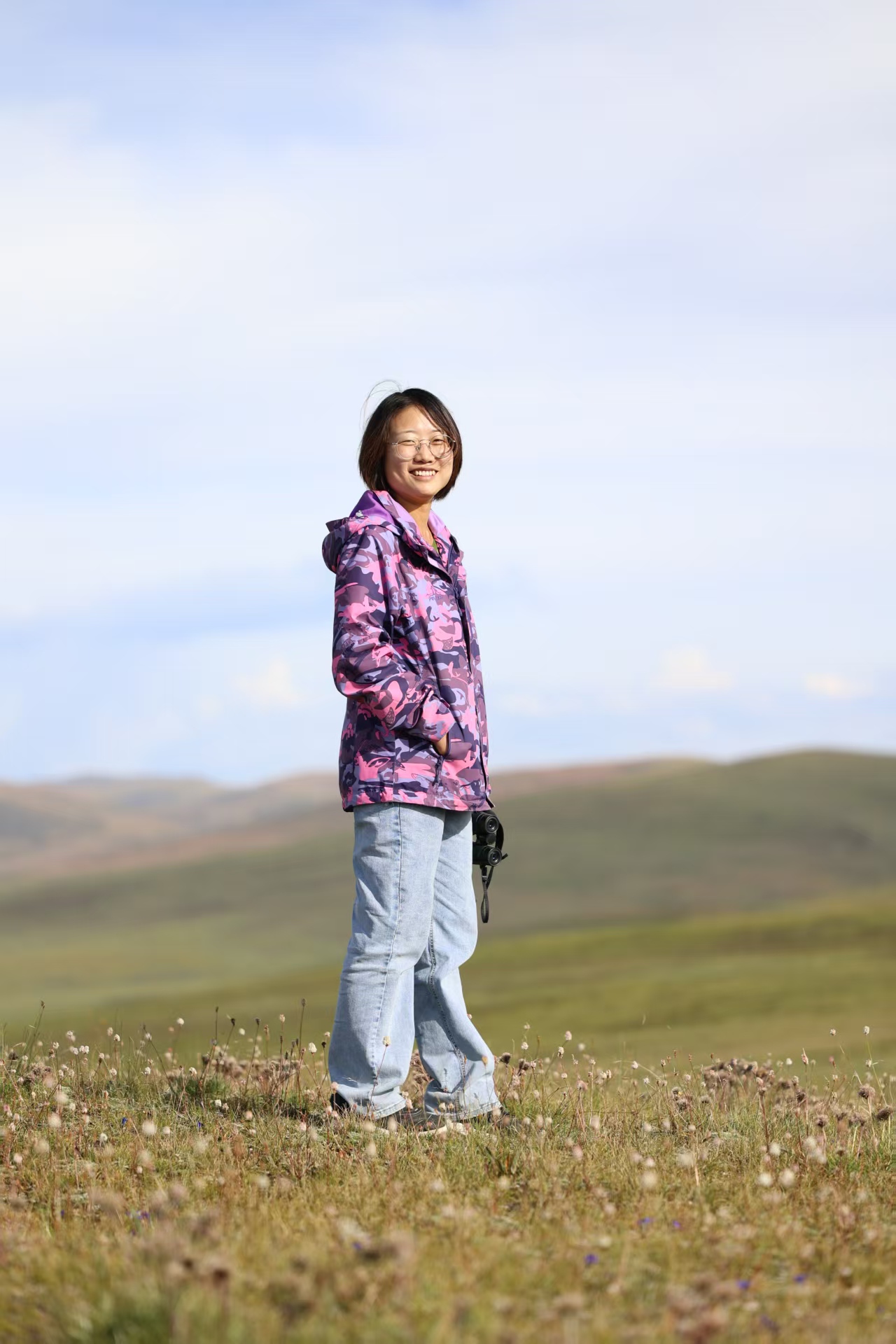
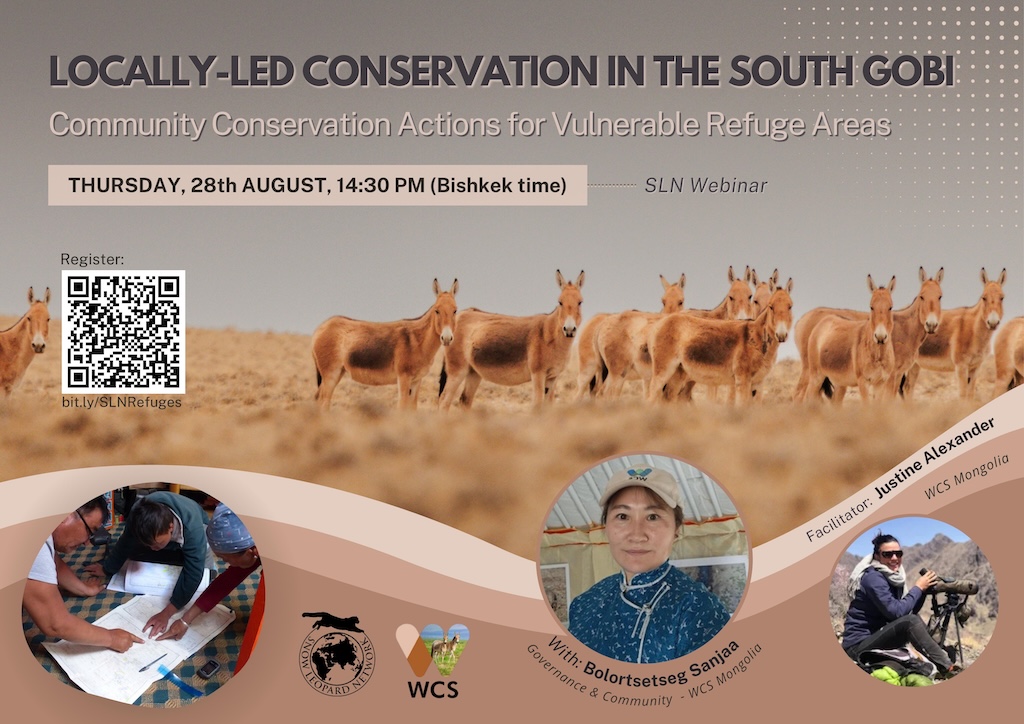
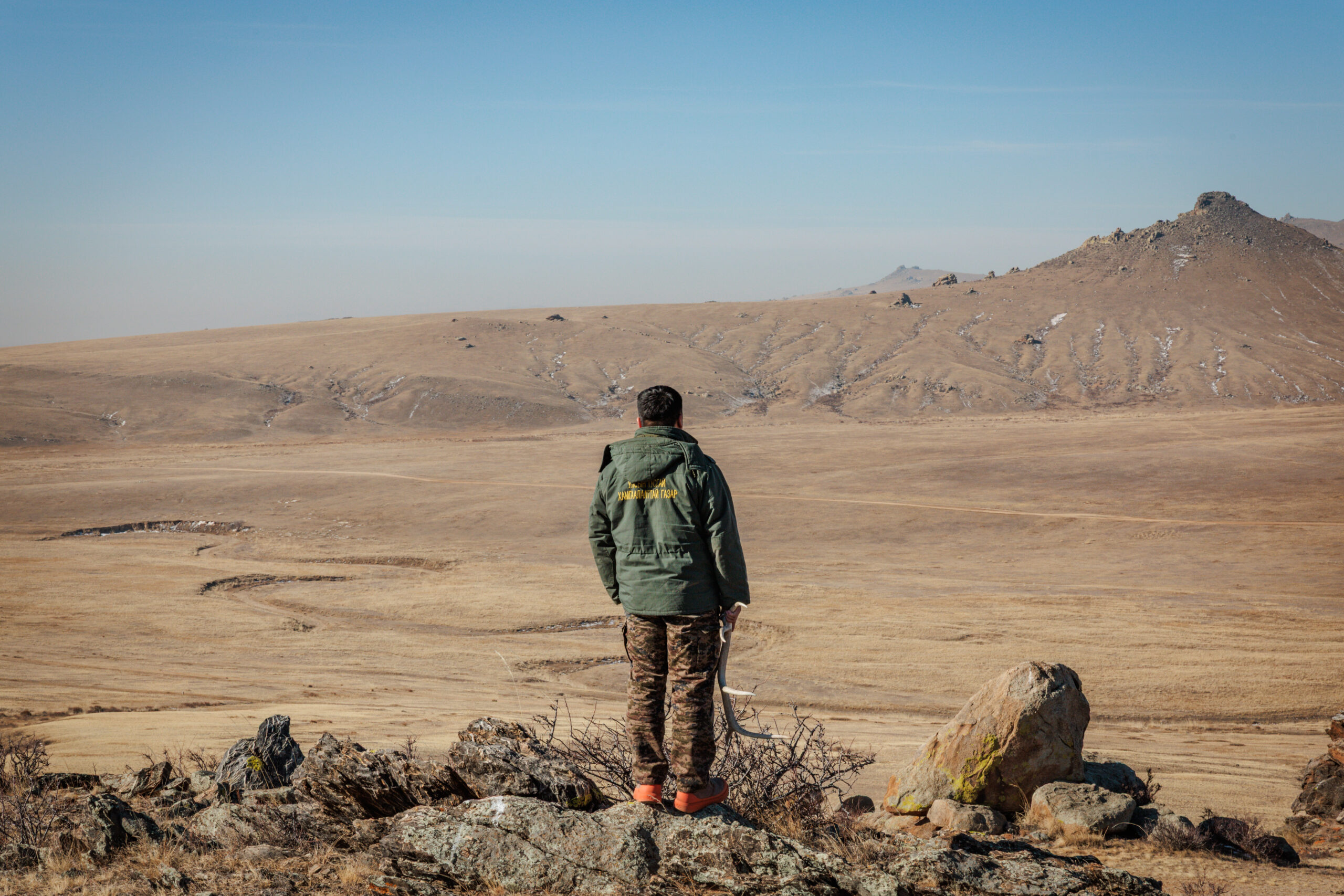
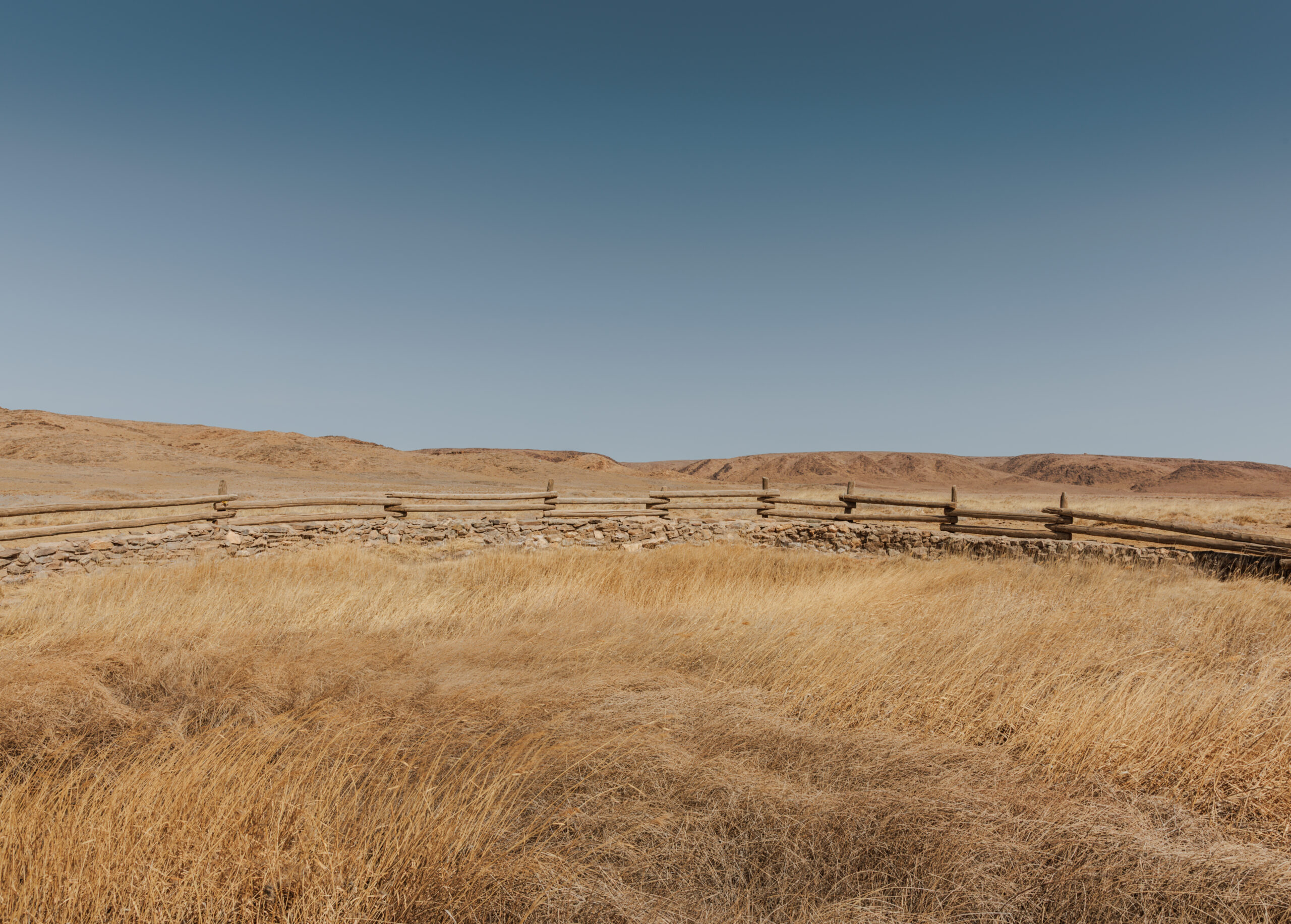
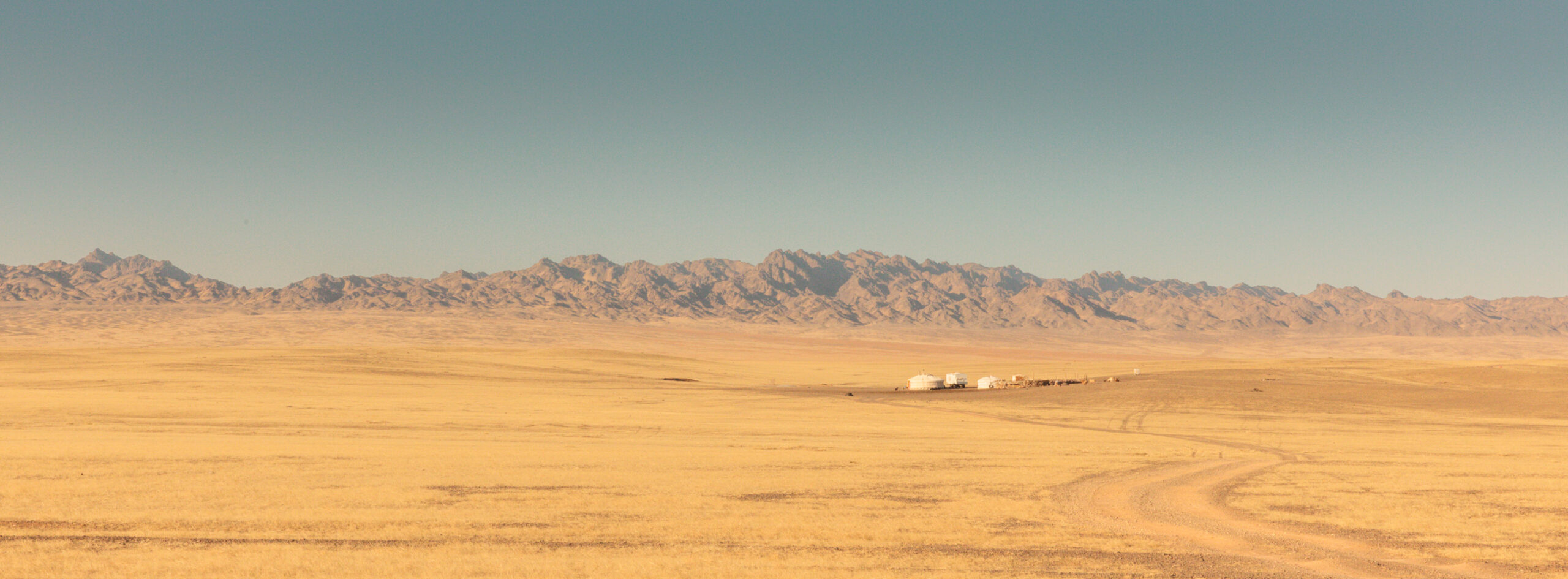 (Photos by Ben Buckland)
(Photos by Ben Buckland)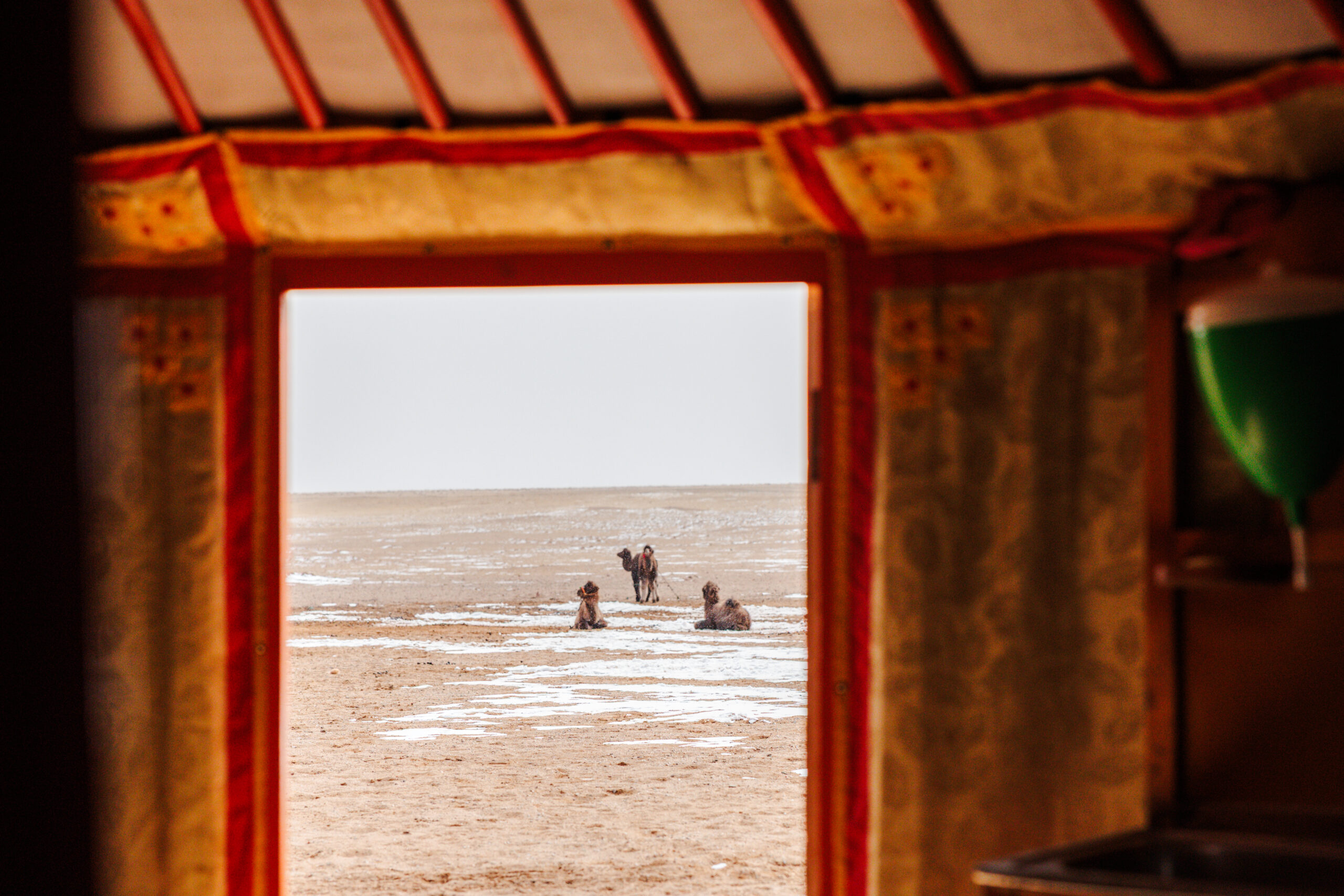
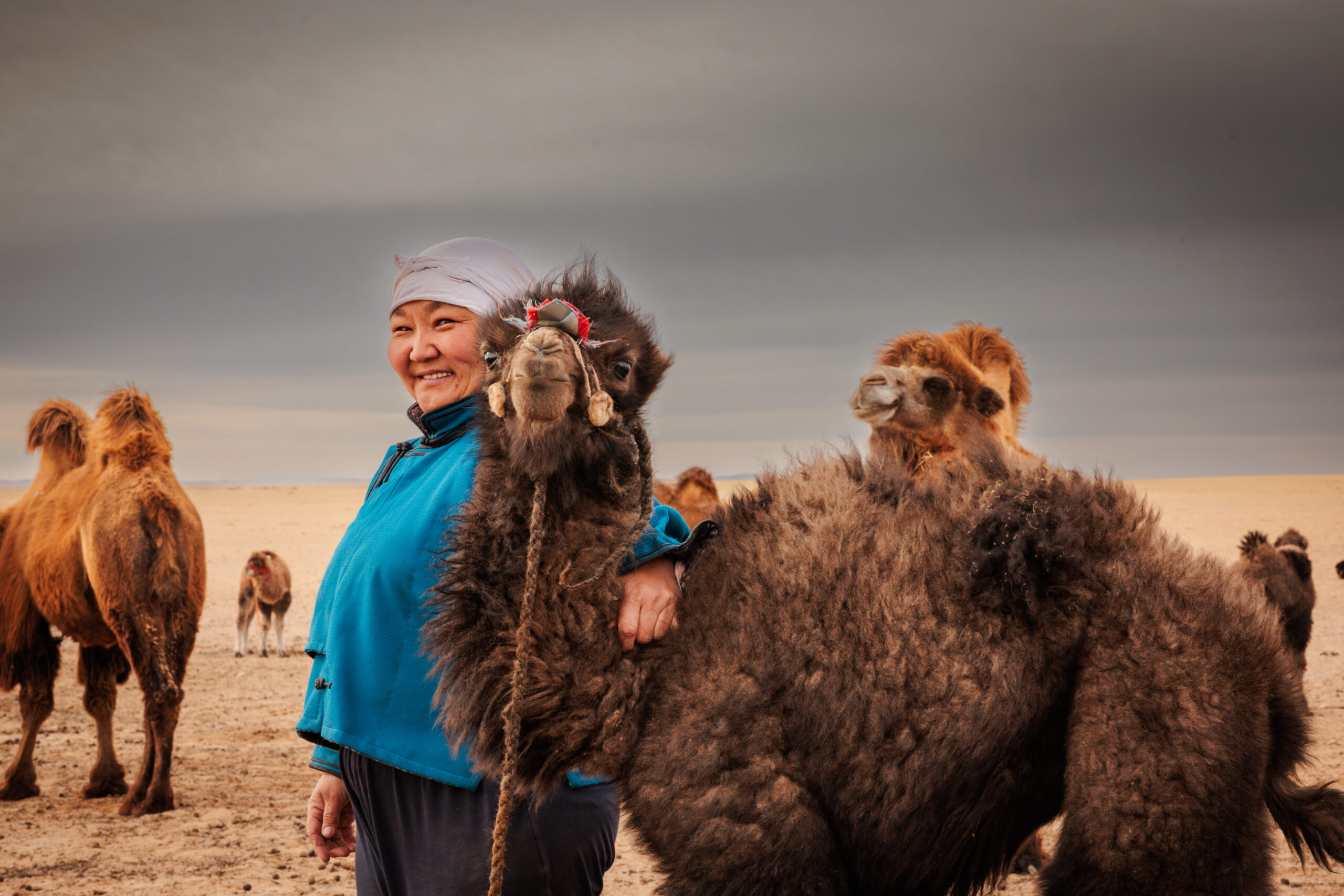
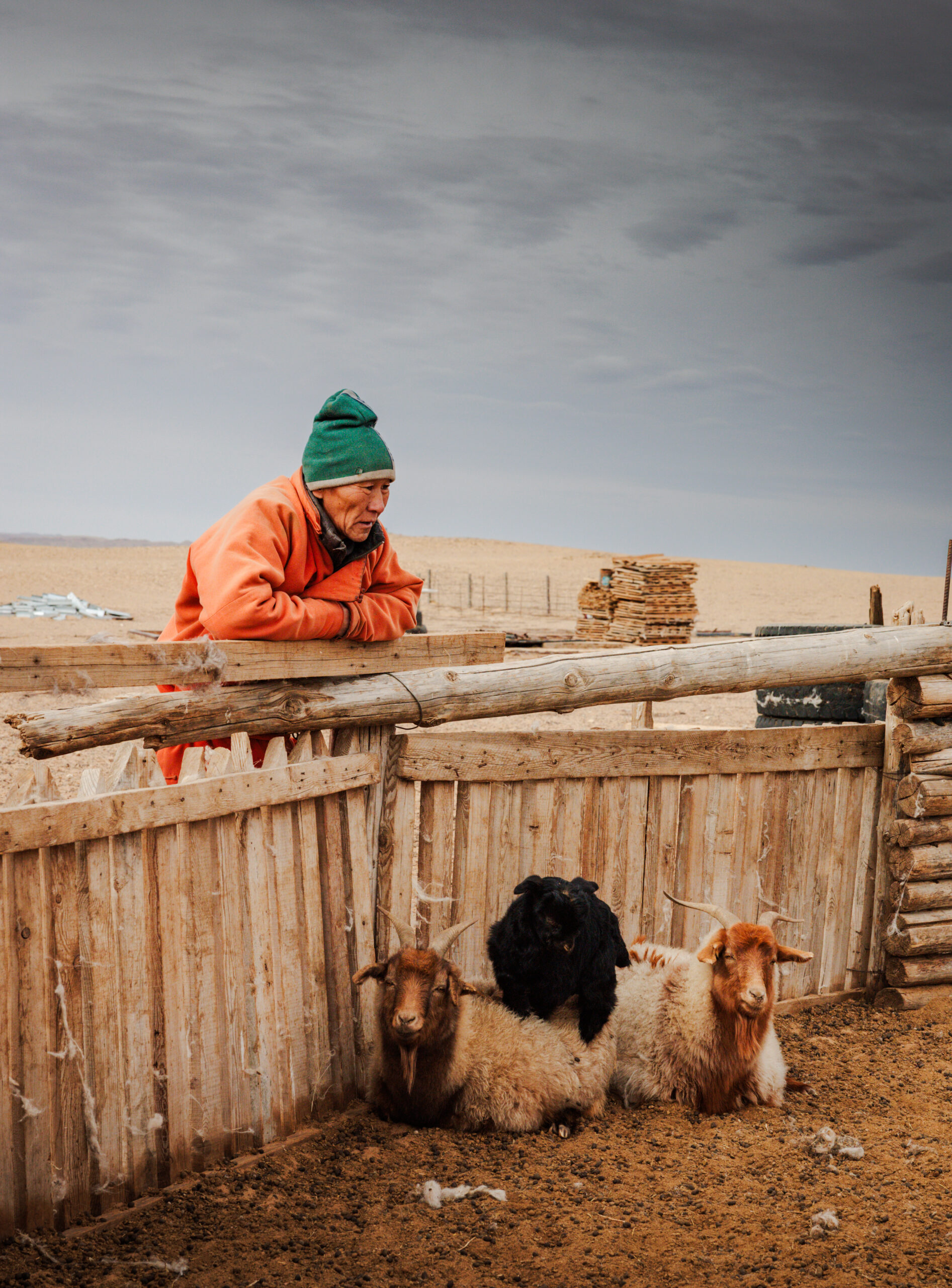 (Photos by Ben Buckland)
(Photos by Ben Buckland)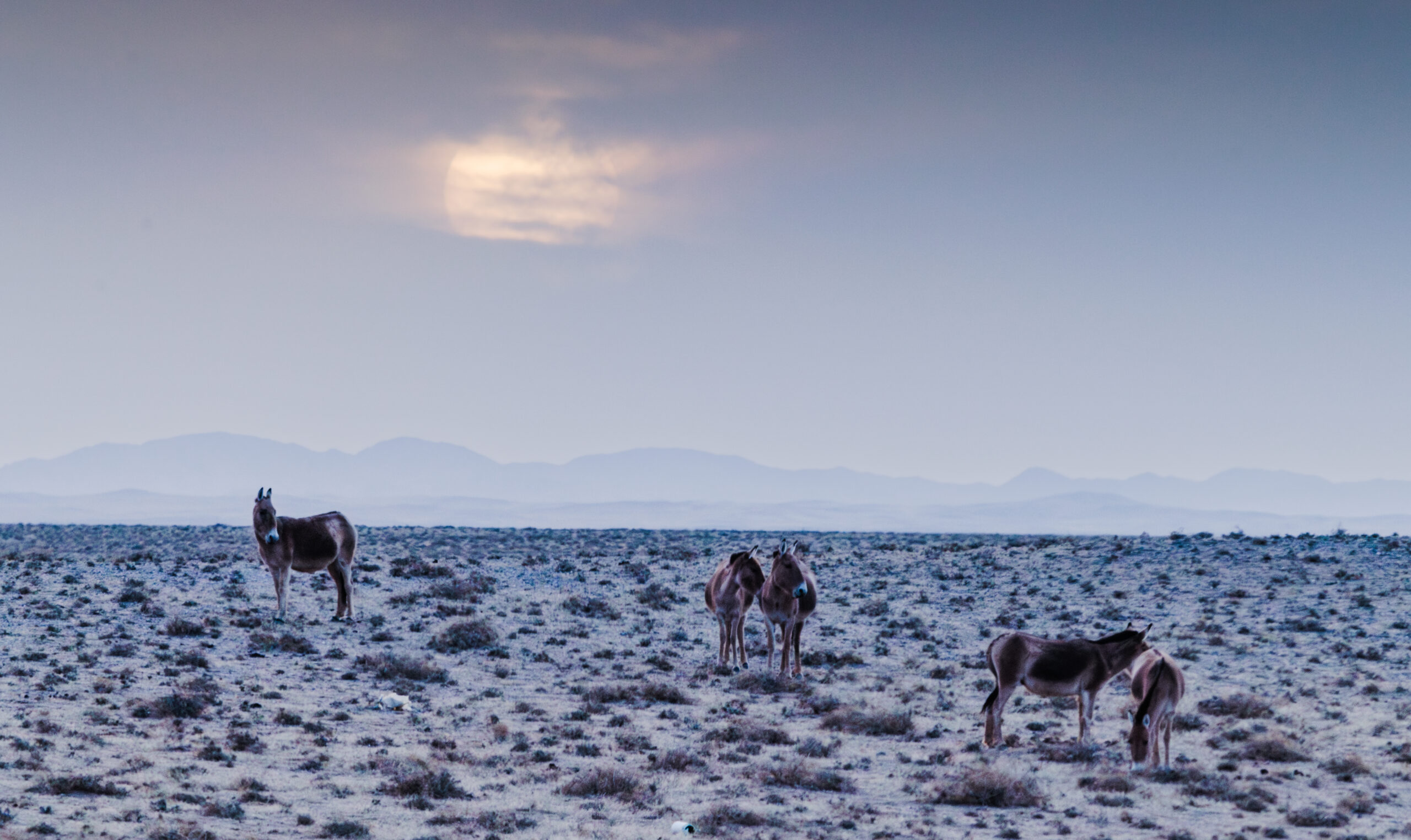 (Photos by Ben Buckland)
(Photos by Ben Buckland)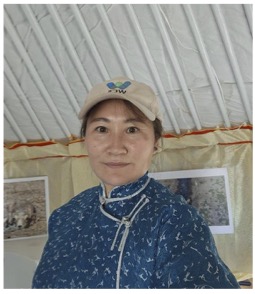
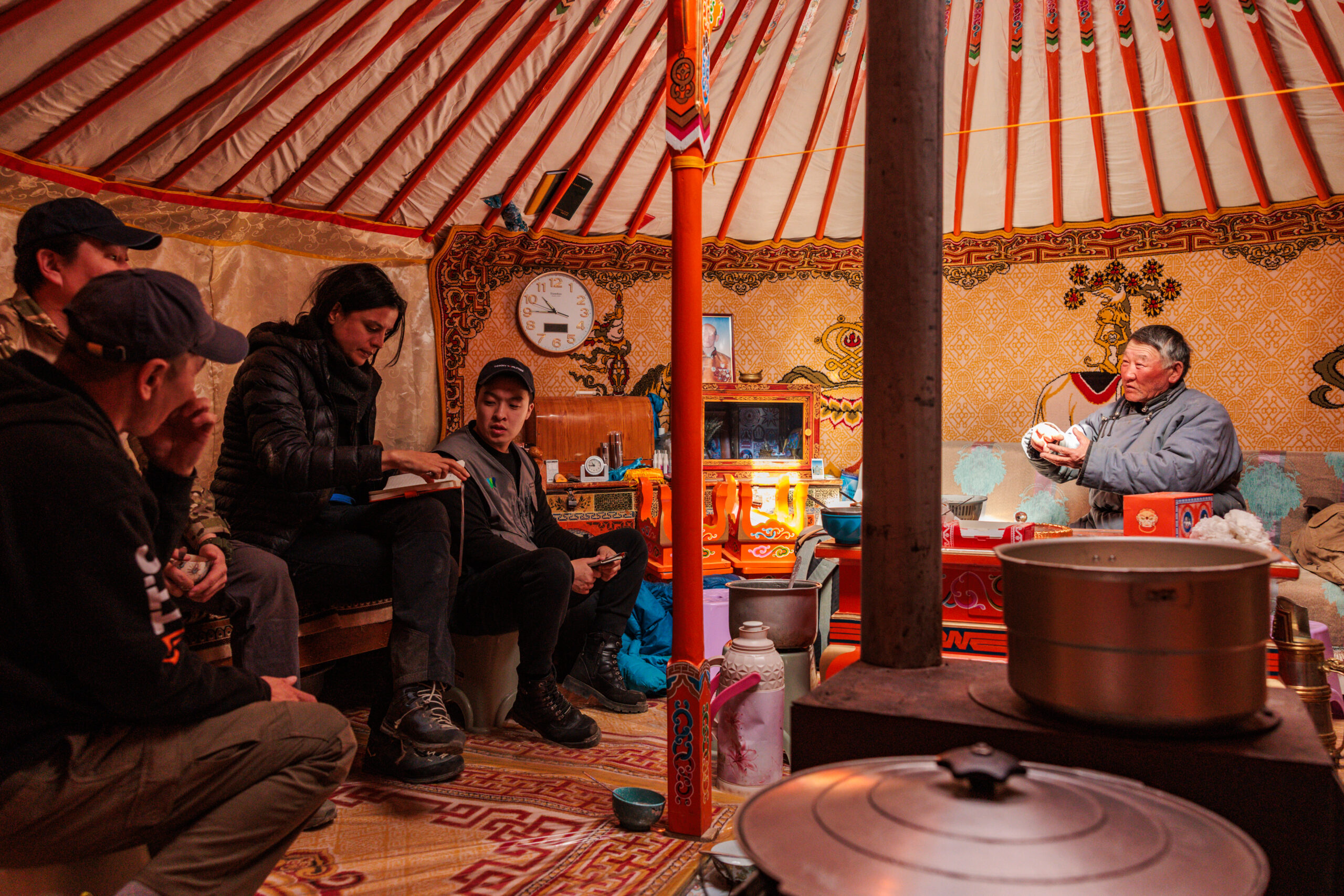 (Photos by Ben Buckland)
(Photos by Ben Buckland)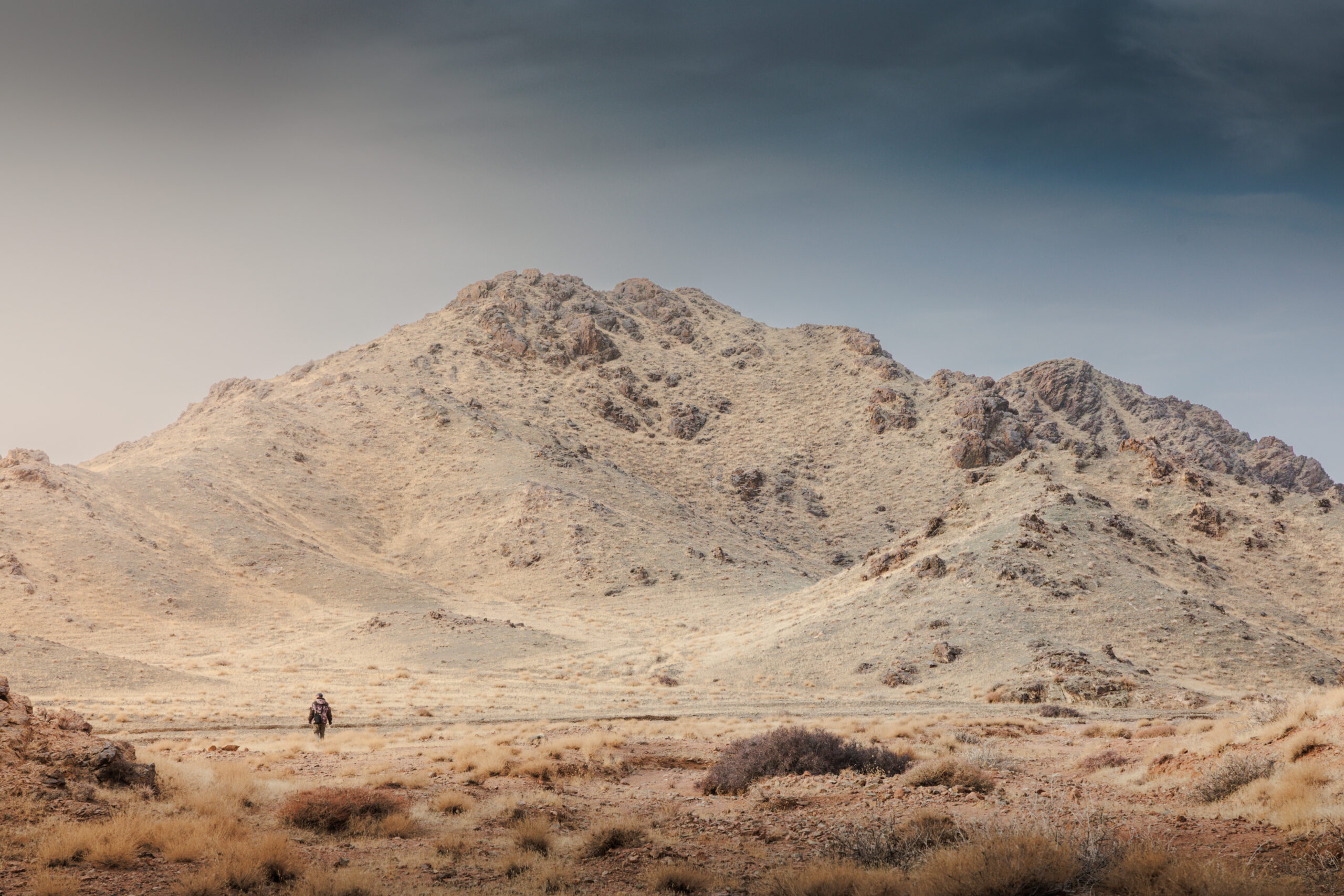 (Photos by Ben Buckland)
(Photos by Ben Buckland)